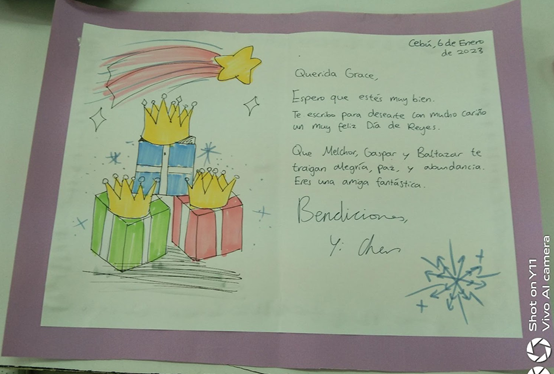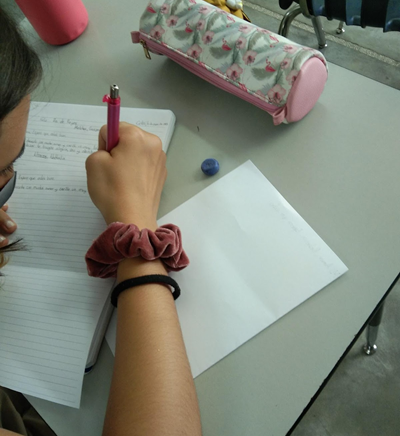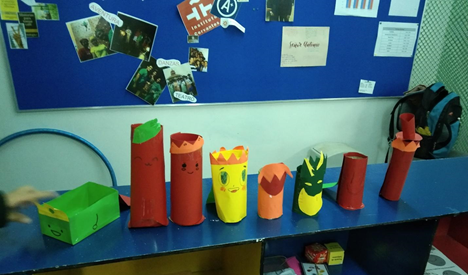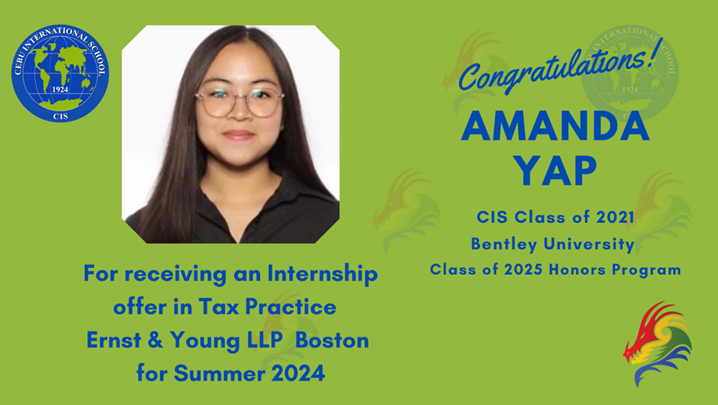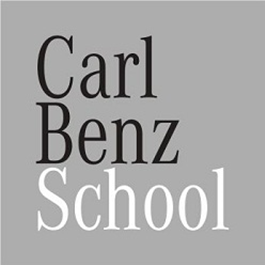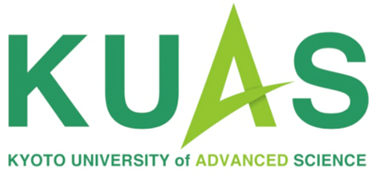
Principal’s Corner
by Mr. Andrew Powell, EY-12 Principal
We have had an exceptionally busy week with a range of events on and off campus, which started with the opening of our IB Visual Arts Exhibit. This was an opportunity for our Grade 12 students to showcase their work to the community, starting with their parents and peers. Our Grade 3-5 students 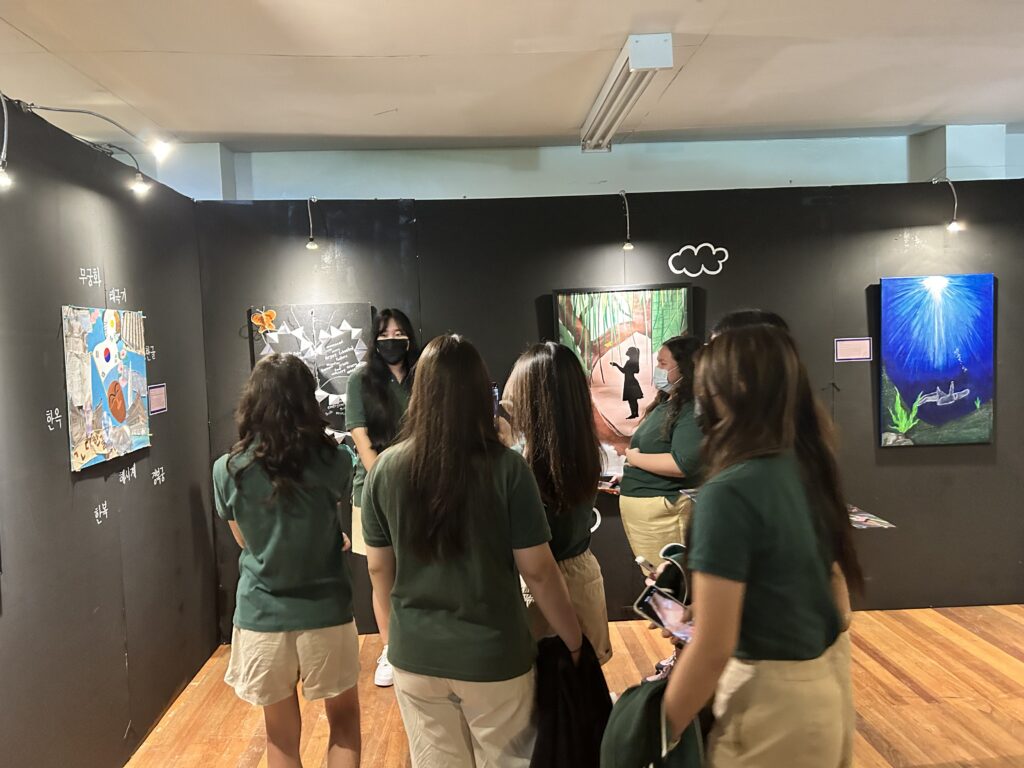 traveled to Aldawon Farm for a variety of engaging experiences relating to their units of inquiry, while a group of our older students traveled to Manila to participate in ISAC basketball and soccer competitions. Our Grade 10 students are nearing the end of their Personal Project and they engaged in evaluative meetings with students and teachers across the school to get feedback on the degree to which they met their learning product goals. We have also had an array of college preparatory events on campus this week that concluded with a highly successful College Fair for our Grade 9-12 students. Our elementary students, led by the Student Council, also celebrated their learning with their monthly assembly.
traveled to Aldawon Farm for a variety of engaging experiences relating to their units of inquiry, while a group of our older students traveled to Manila to participate in ISAC basketball and soccer competitions. Our Grade 10 students are nearing the end of their Personal Project and they engaged in evaluative meetings with students and teachers across the school to get feedback on the degree to which they met their learning product goals. We have also had an array of college preparatory events on campus this week that concluded with a highly successful College Fair for our Grade 9-12 students. Our elementary students, led by the Student Council, also celebrated their learning with their monthly assembly.
A common theme in all of these events that has been very apparent to me as I have worked with students and teachers during my time at the school, is the degree of collaboration that takes place between students of different ages and grade levels. As a small school our students have the opportunity to engage with each other in meaningful ways. This has significant benefits and places them in an advantageous position compared to many of their peers at schools where this sort of engagement is limited.
As a result of these cross-age learning experiences, our students are viewed as unique individuals who have the opportunity to develop into progressive and successful learners. They share a deep sense of “family” with their classmates and are provided with opportunities to support and care for each other in a variety of ways.
All of our students, regardless of age, have the opportunity to act as mentors and to take on leadership roles. Working across grade levels provides students with the opportunity to act as mentors and model more sophisticated approaches to problem solving. They are also encouraged to take charge of their learning and this dynamic leads to a greater sense of ownership and self-direction, a foundation for successful life-long learning.
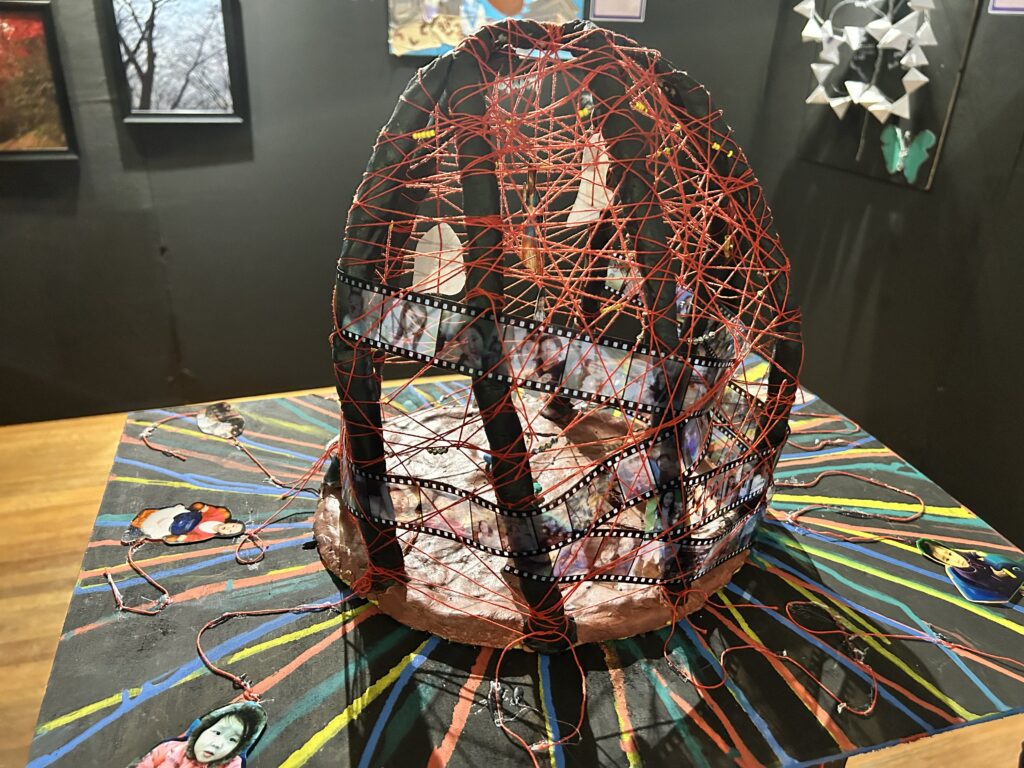
Our students are also provided with positive role models for academic, behavior and social skills. They learn how to work and play with others of mixed ages and learn how to build diverse friendships. They also learn how to negotiate, support and compromise, which are particularly important skills to have as an adult.
I feel confident saying that our students are kind, caring and compassionate towards others. And I am proud of the way in which our whole school community works together to support the development of our leaders of tomorrow.
Upcoming events of note
- Mar 20-Apr 3 IB Art Exhibition @ CIS
- Mar 28: Parent Coffee Meeting
“Reviewing the CIS Guiding Statements” (8-9 am, Annex) - Apr 3-10: Spring/Easter Break (No School)
Please refer to the CIS Event Calendar for the complete calendar of school events.
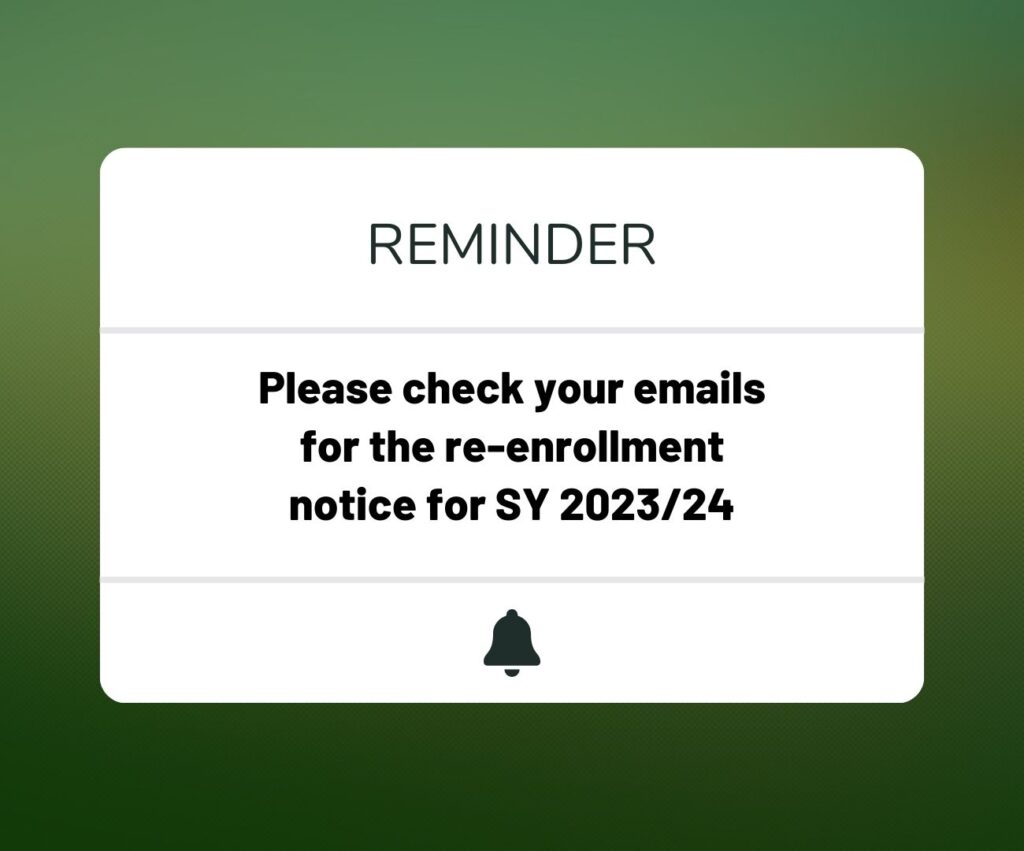
MYP Personal Project Promo
Grade 4 Class
by Mr. Sten Coppin, Grade 4 Teacher
This week, the upper elementary classes were able to enjoy a wonderful day at Adlawon Vacation Farm. A bit later than first expected, but we made it! Some of our activities included a hike up the hill, harvesting vegetables, meeting farm animals, starting fires using friction, setting up and taking down tents, and a gardening workshop. It was wonderful to see the students learning, working together, helping each other, and having a blast outdoors! Please read on to see some reviews written by our Grade 4 students.
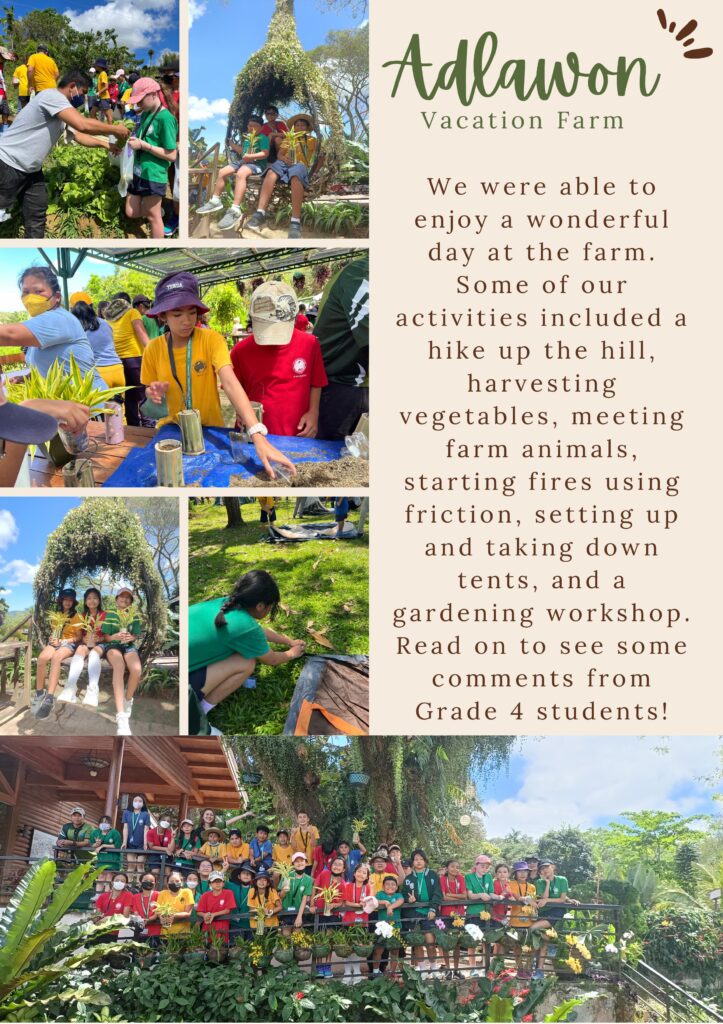
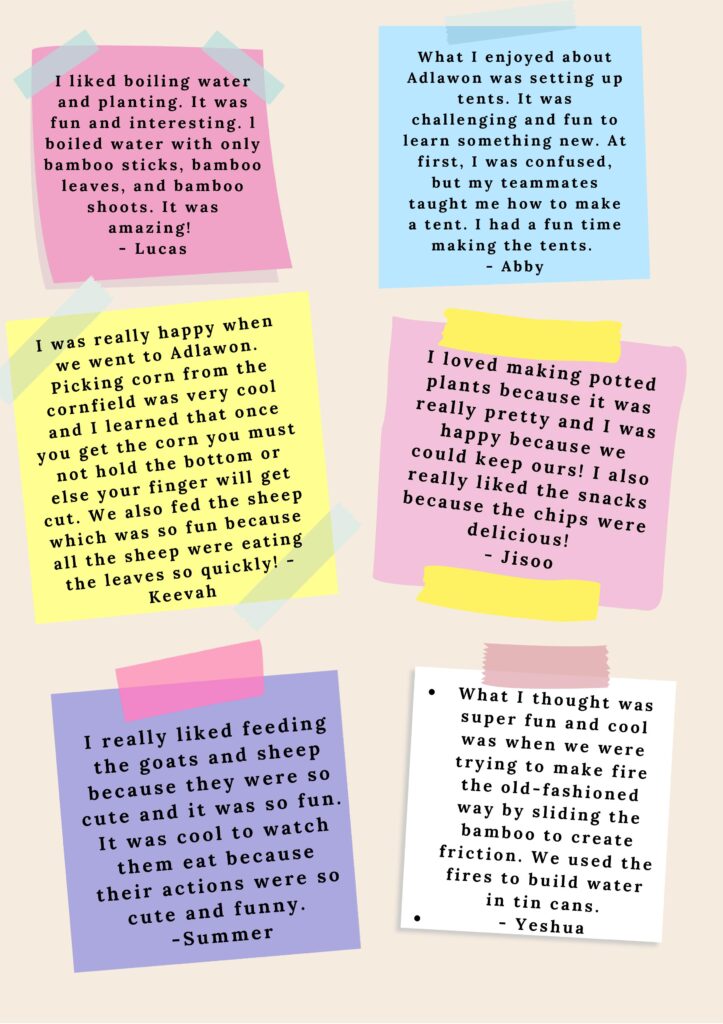
Biology Class
by Ms. Rebecca Devadoss, Biology Teacher
Grade 10: MYP Biology
As a culminating activity for the unit on “The Twisted Shape of Life,”, students researched and made a presentation on genetically modified organisms (GMOs), which is one of the many applications of genetics.
To promote “communication” as the chosen ATL skill, each presentation was peer reviewed using a TAG (think of some positives about the presentation, ask a question, and give a suggestion for improvement) feedback form.
Here are some of the presentations.

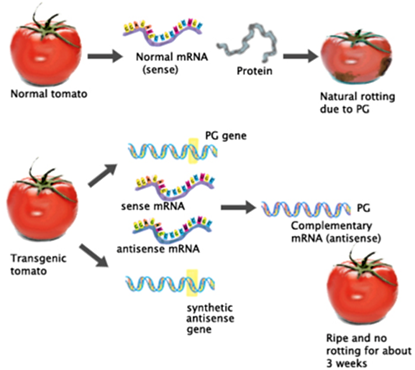
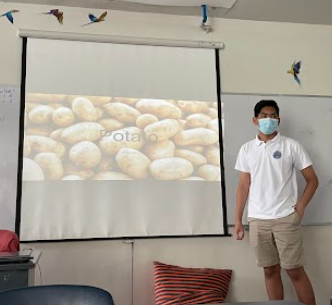
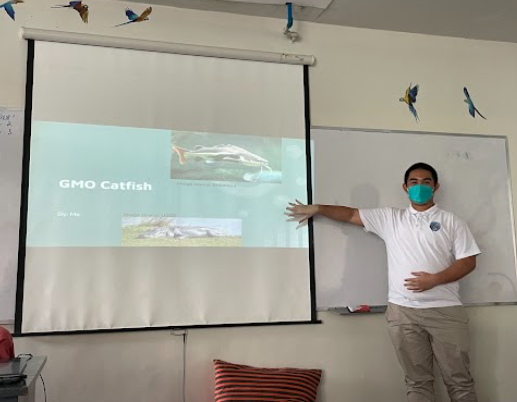
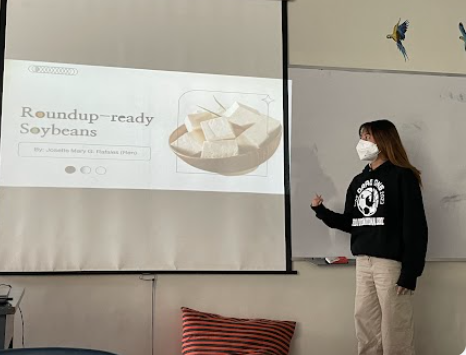
Click on the video links to watch two presentations.
Glow in the dark fish – by Gabrielle
Ruby Puppy – by Fiana
These are some of the advantages of GMOs that were identified by the students.
Fiana
Renzo
Gabrielle
Gabrielle
Gabrielle
Monica
These are some of the disadvantages of GMOs that were identified by the students.
Renzo
Gabrielle
Grade 11: DP Biology
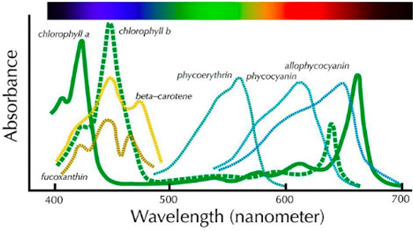 Photosynthetic pigments play an important role in the process of photosynthesis by capturing different wavelengths of light.
Photosynthetic pigments play an important role in the process of photosynthesis by capturing different wavelengths of light.
Grade 11 students performed a simple experiment to isolate and identify the different pigments present in differently colored leaves.
Step 1: Extraction of the pigments by crushing the leaves with acetone in a mortar and pestle. – Victoria
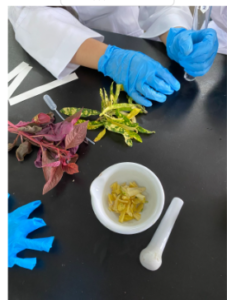
Step 2: Isolating and loading the pigment solution onto the chromatography paper.– Bella
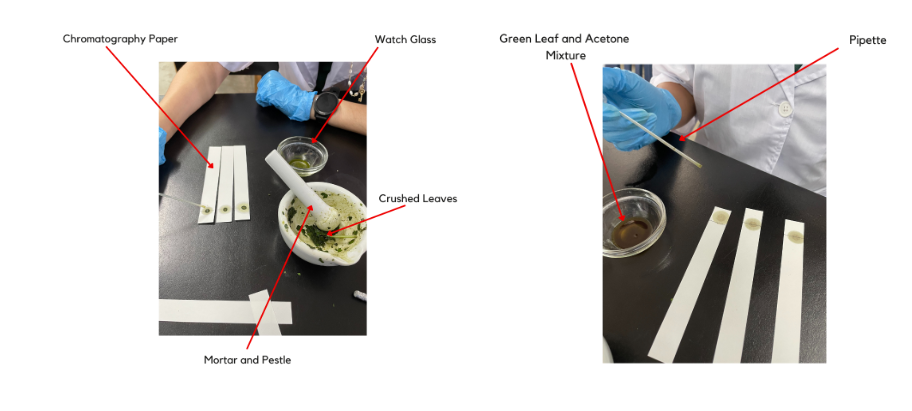
Step 3: Placing the chromatography paper in a test tube/graduated cylinder with 5 mL of ethanol and allowing the pigments to separate. – Patrick
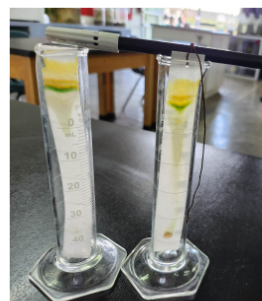
Step 4: Calculate the Retention factor (Rf) values for the isolated pigments, process and present the data. – Victoria
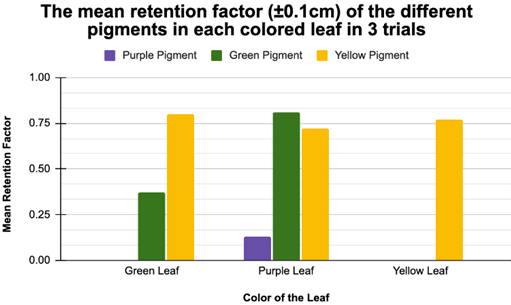
Step 5: Compare it with the published chart to identify the different isolated pigments.
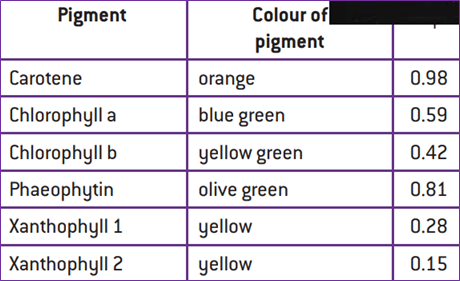
Grade 12: DP Biology
can be broadly classified into categories such as health and fitness, impact on the environment, benefit to the economy, and testing of different plant growth factors.
The following are some of the graphs generated by the students after they completed their investigations. The trends seen were helpful for them to arrive at a conclusion for their research questions.
Health and fitness
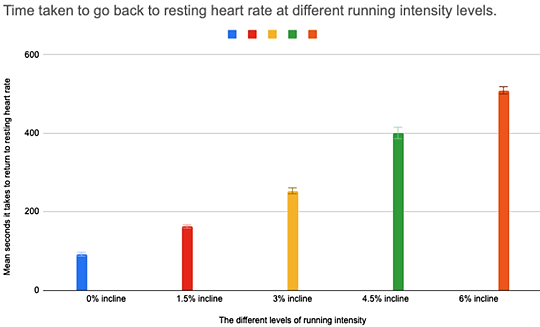
Effect of jogging on different degrees of inclined planes on the breathing rate and time taken to reach homeostasis. – Jooha
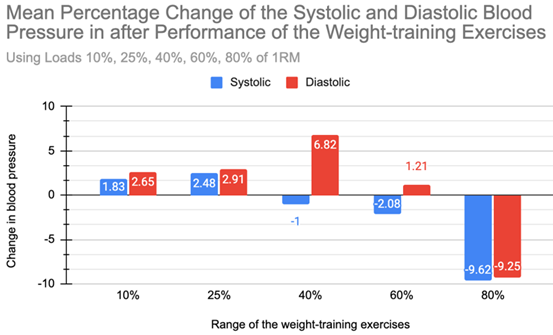
Effect of weight training exercises on the systolic and diastolic blood pressure. – Stephanie
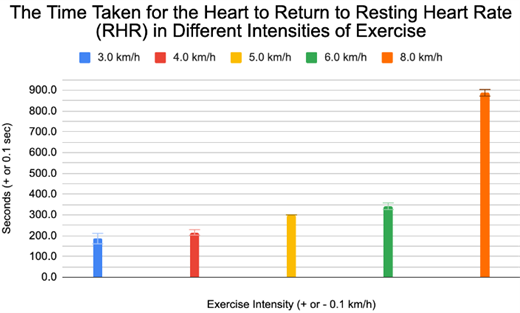
Effect of jogging for different distances on the breathing rate and time taken to reach homeostasis. – Heinz
Impact on environment
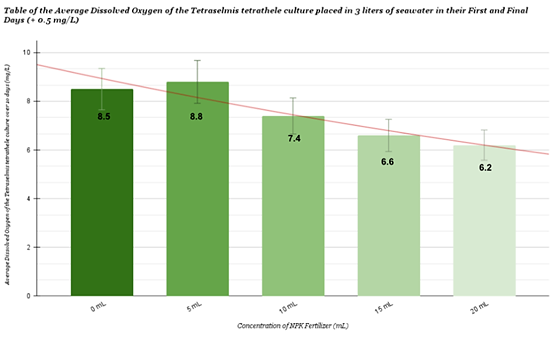
Impact of NPK fertilizers on Eutrophication leading to hypoxia (oxygen depletion in water). – Chesca
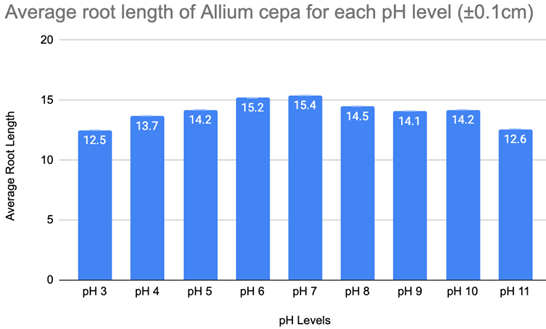
Effect of acid and alkaline deposition on plant growth. – Anya
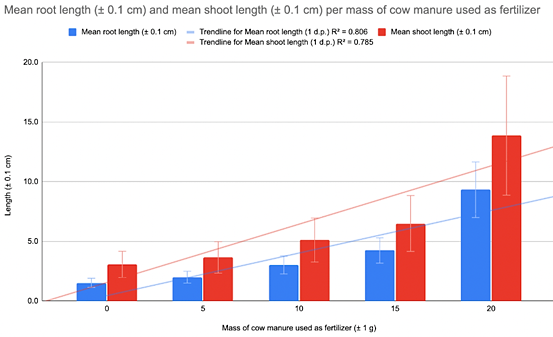
Effect of using organic fertilizers (cow manure) on root length and shoot length of seedlings. – Andrew
Plant growth factors
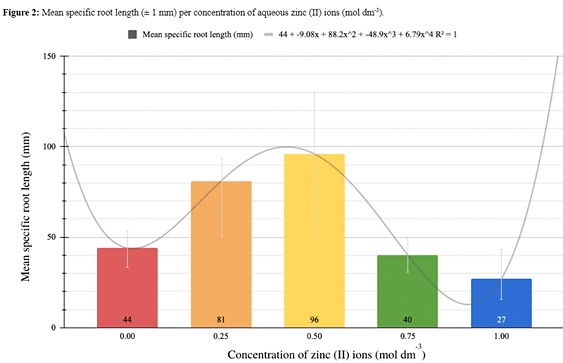
Impact of micronutrient, zinc on root mass. – Sophia
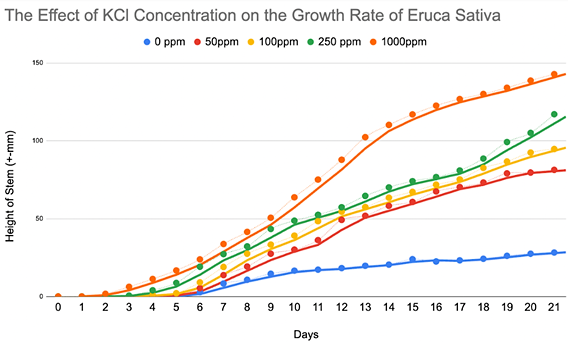
Impact of macronutrient, potassium on the daily growth rate. – Renoa
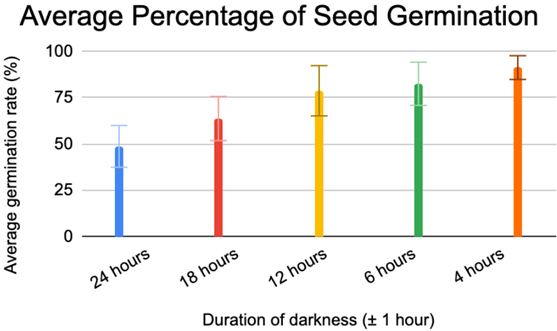
Effect of the photoperiodism on seed germination. – Lea
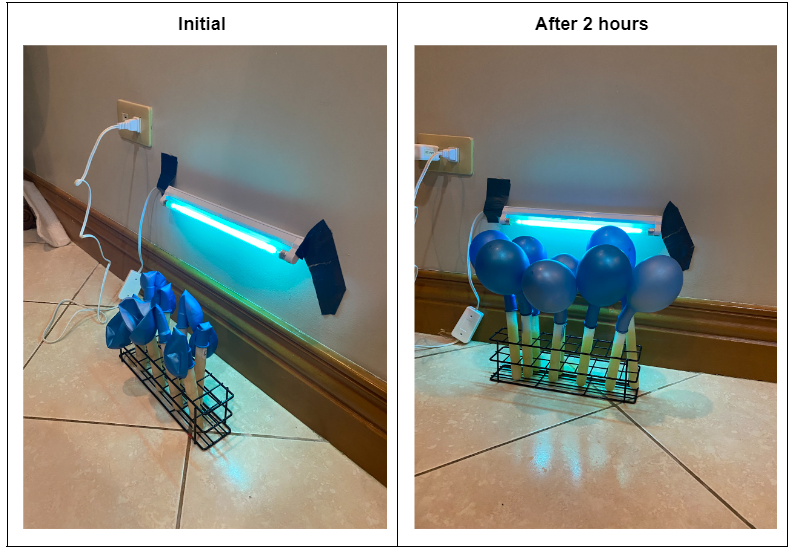
Effect of UV light on yeast respiration measured by the circumference of inflated balloons. – Camille
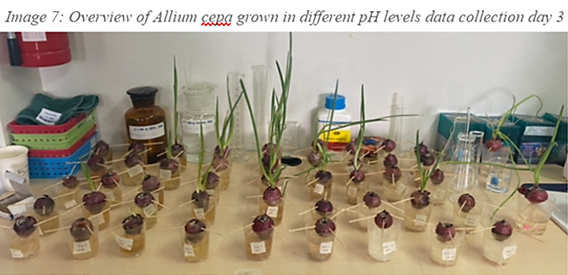
Effect of acid and alkaline deposition on plant growth . – Anya
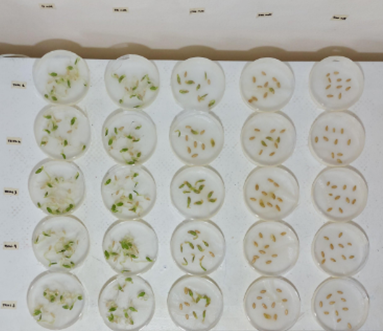
Effect of application of Sodium bicarbonate to mimic the alkaline soil in Cebu on seed germination. – Akeisha
Dragon’s Print
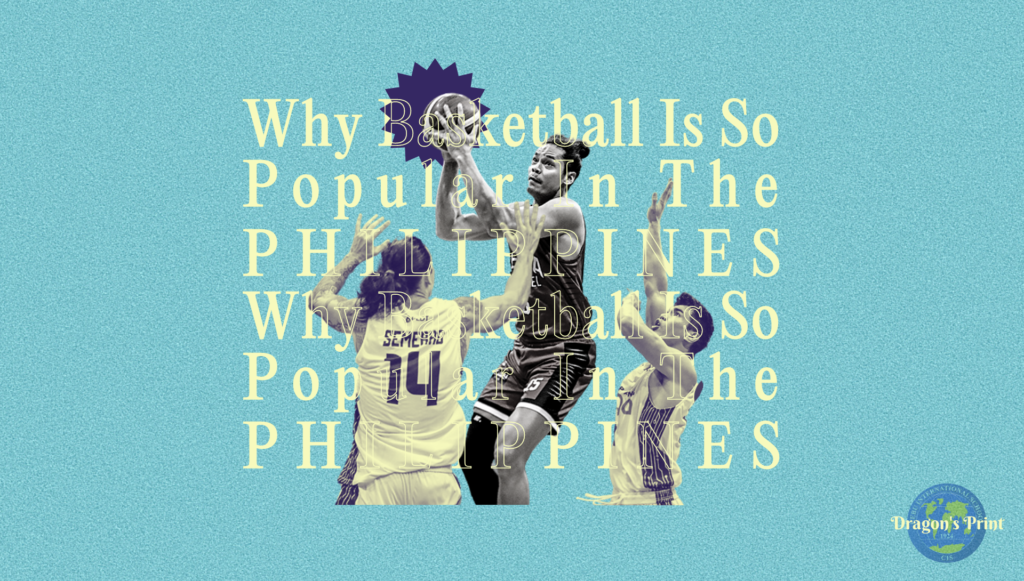
Basketball remains the most beloved sport in the Philippines, trumping other famous sports such as football and volleyball. As the CIS boys basketball team heads to ISAC, one may be wondering why basketball is so popular in the country.
To learn more, visit dragonsprint.cis.edu.ph!
The Dragon’s Report Card
In this episode, the Grade 12 IB Visual Arts Students share their experiences with art such as their early foundations in the field, all the way until the upcoming art exhibition!
College/Careers Counselor Corner
by Ms. Jenny Basa, College/Careers Counselor Corner
A big thank you to all the parents and students who participated in this week’s events. It was a wonderful learning experience for all!
DATE
April 19
Wednesday
9:15 – 10:00 AM
Canteen Annex
EVENT
Nagoya University of Commerce & Business (Japan) – An info session with the university rep. He will talk about the admissions process, the programs they offer and what it is like to study in Japan
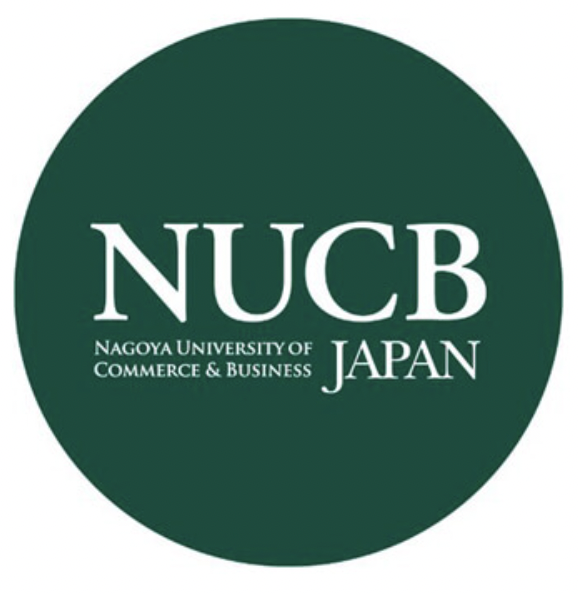
SAT Update for 2022-2023
| SAT Test Date | Deadline for Registration, Changes and Regular Cancellation |
| May 6, 2023 (Digital) | April 21, 2023 |
| June 3, 2023 (Digital) | May 19, 2023 |
Test dates labeled Digital means that students will bring a device to the test center and take the exam using their device. The College Board may provide devices for test-takers who do not have access to a device. All test-takers for Digital SATs are still required to report physically to the test center to take the test.
To register for the SAT, you may click on this link. If you need assistance or have any questions, please feel free to email Ms. Jenny Basa at jbasa@cis.edu.ph.


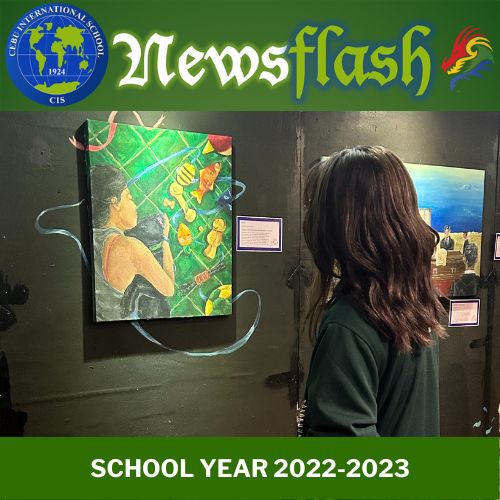
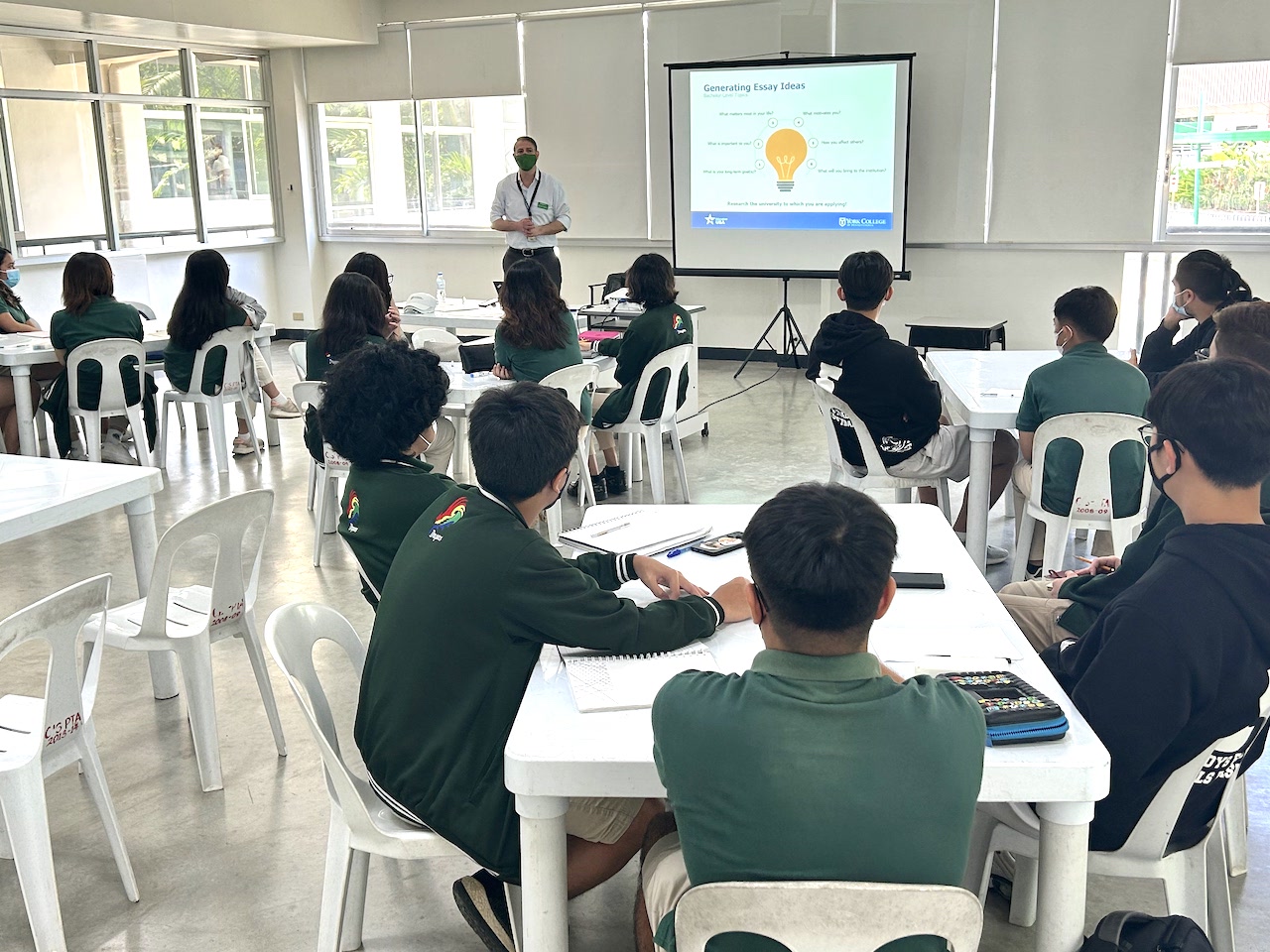
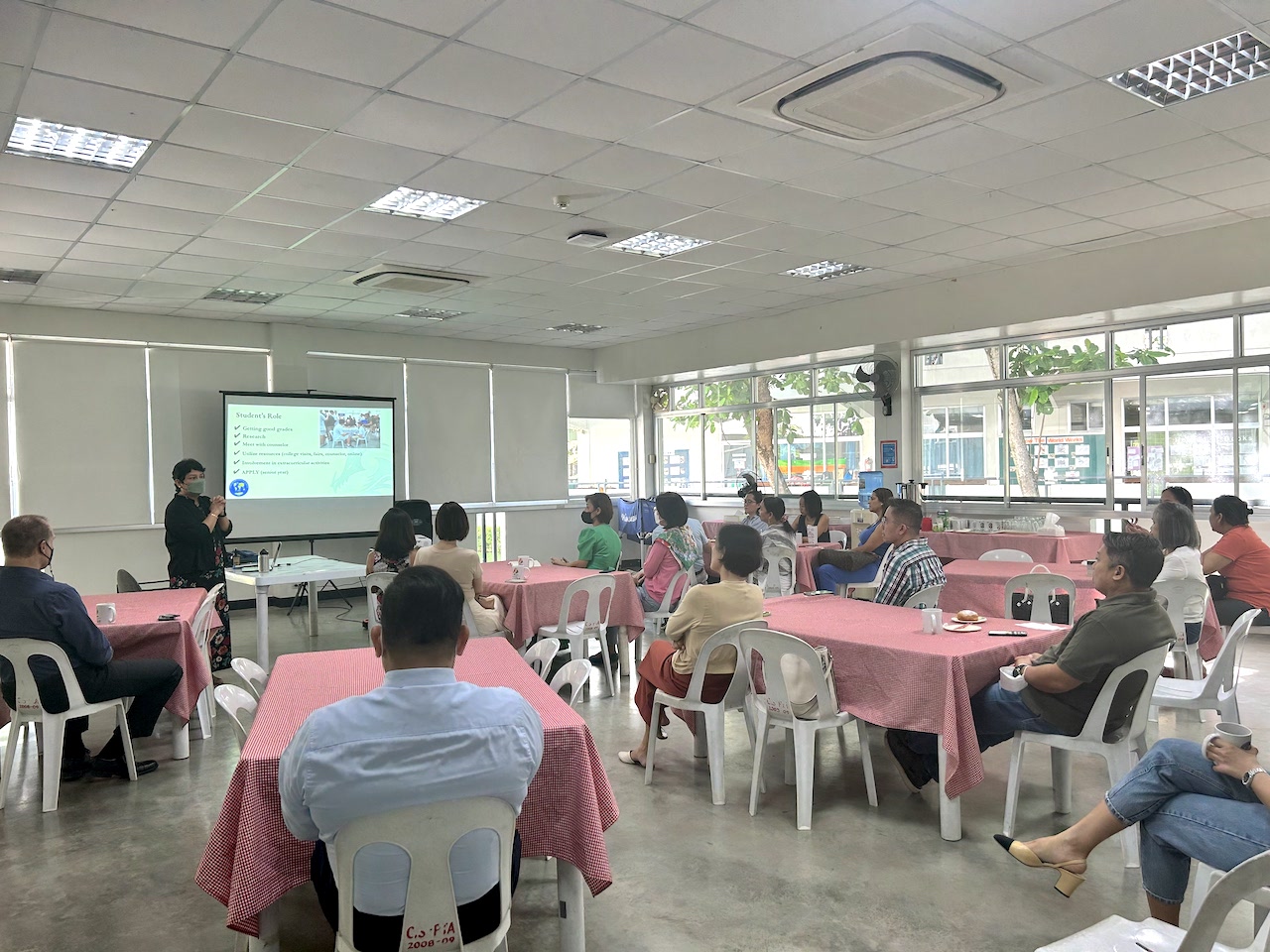
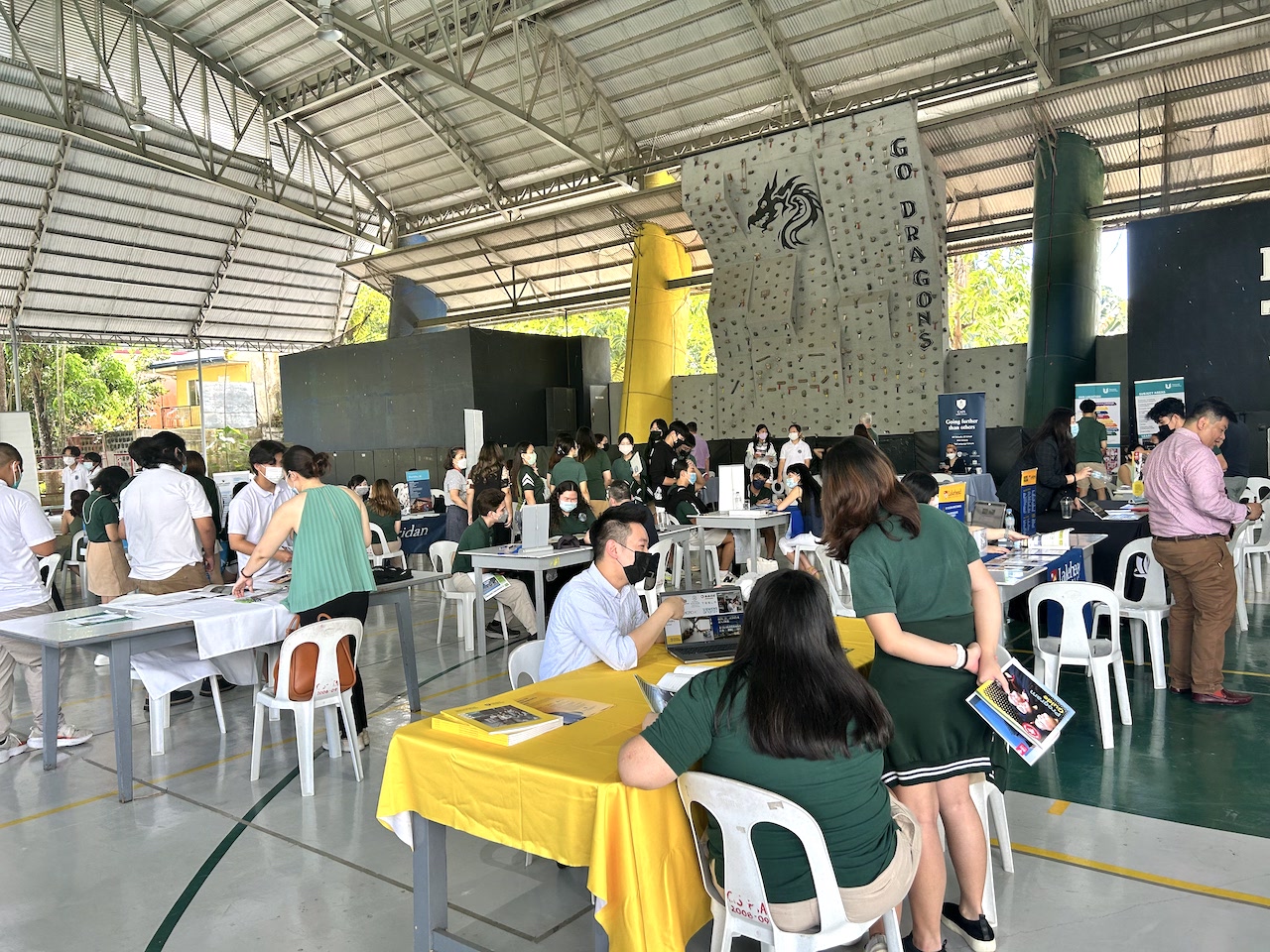
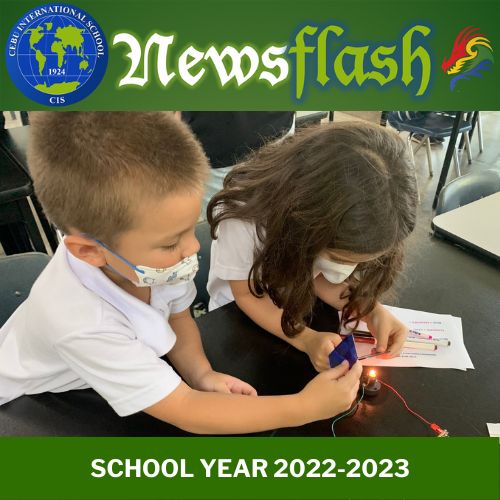
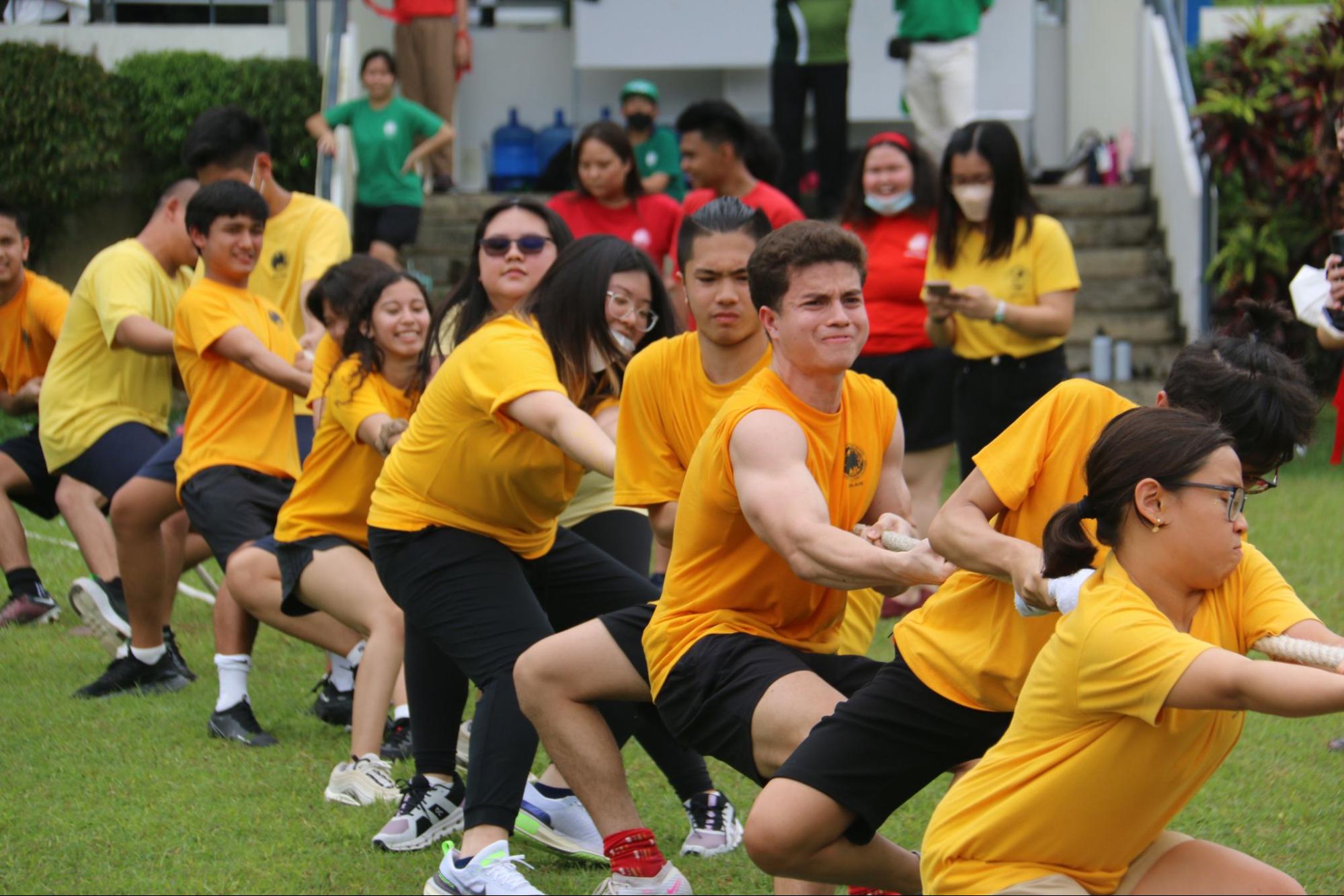
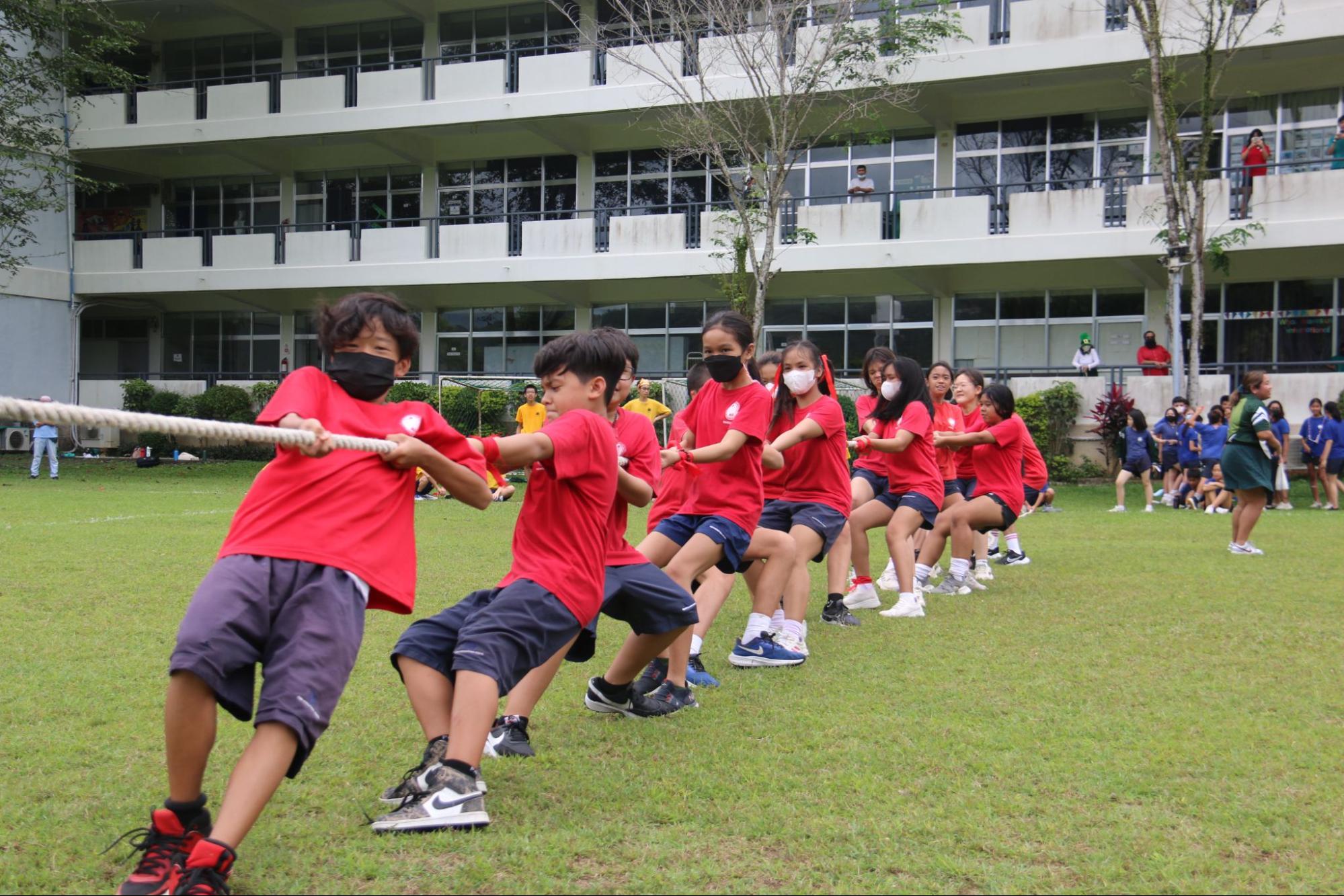
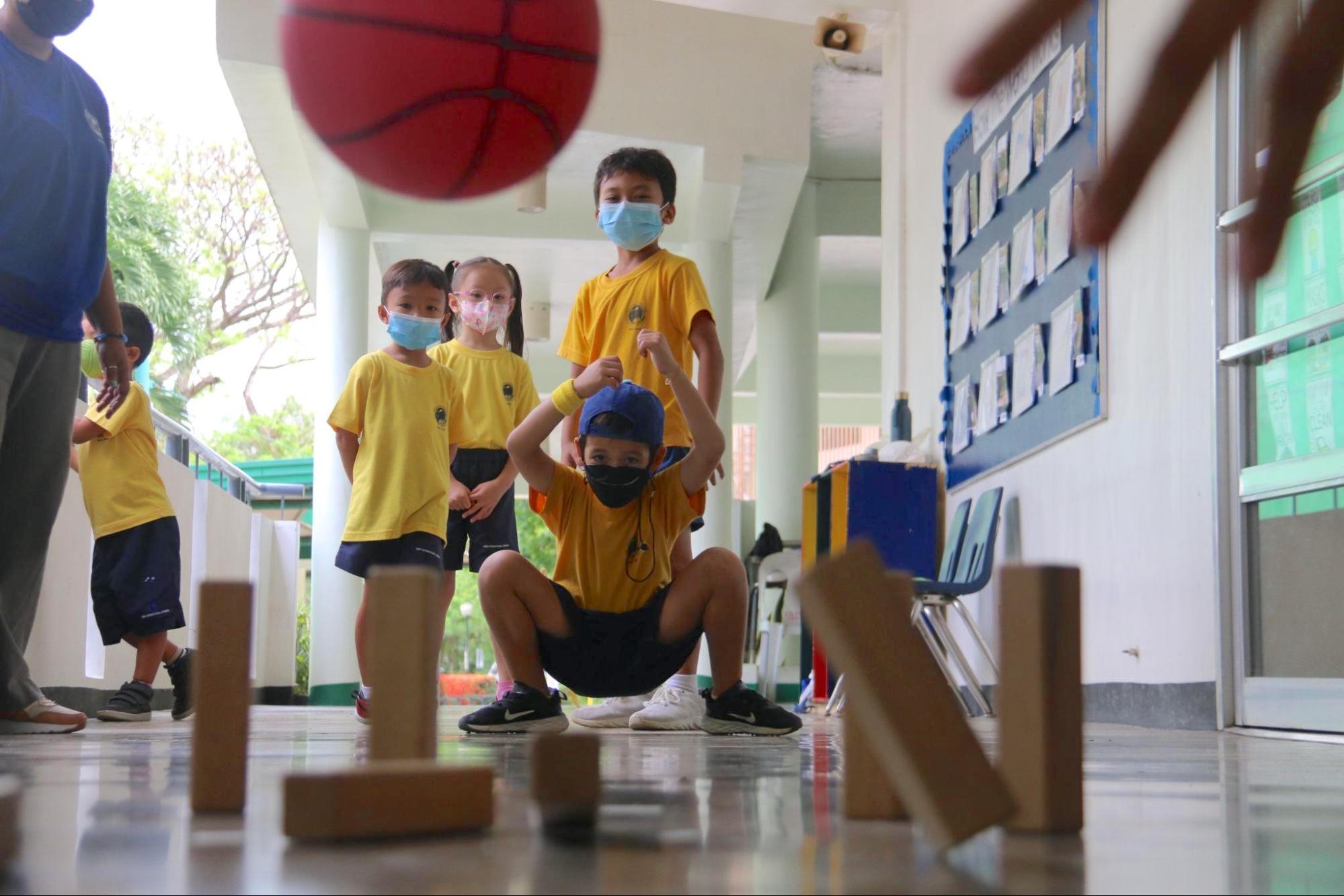
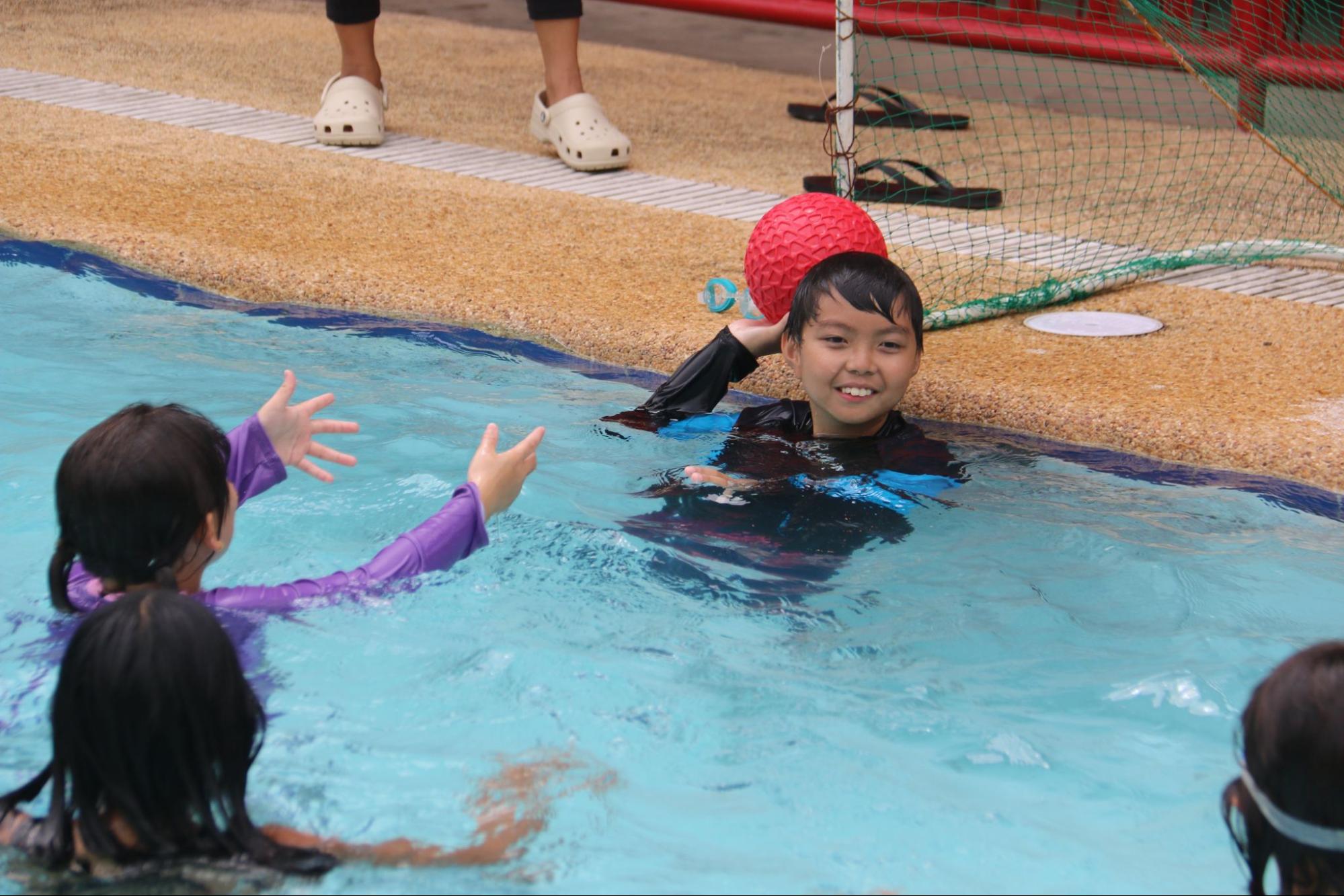
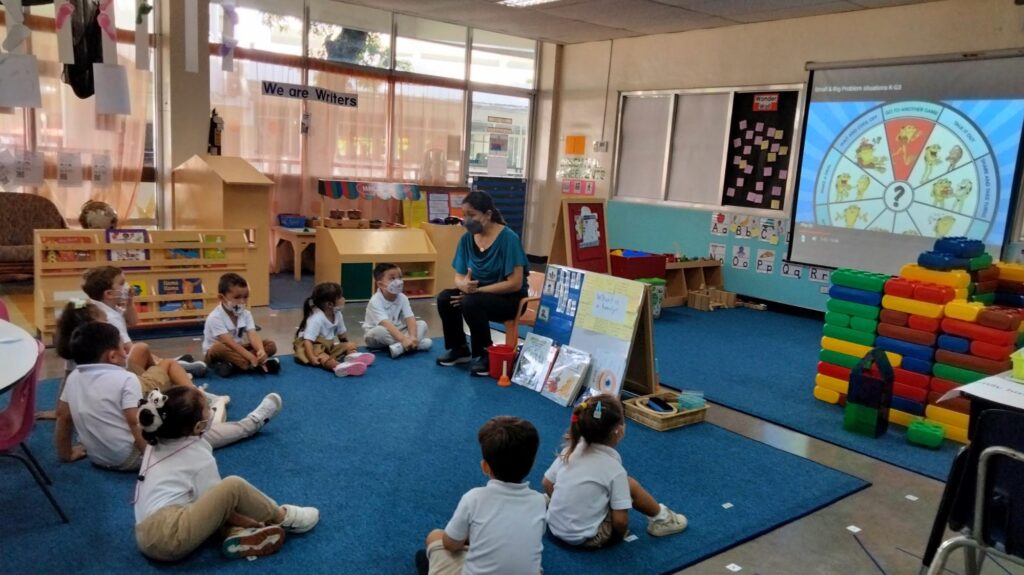
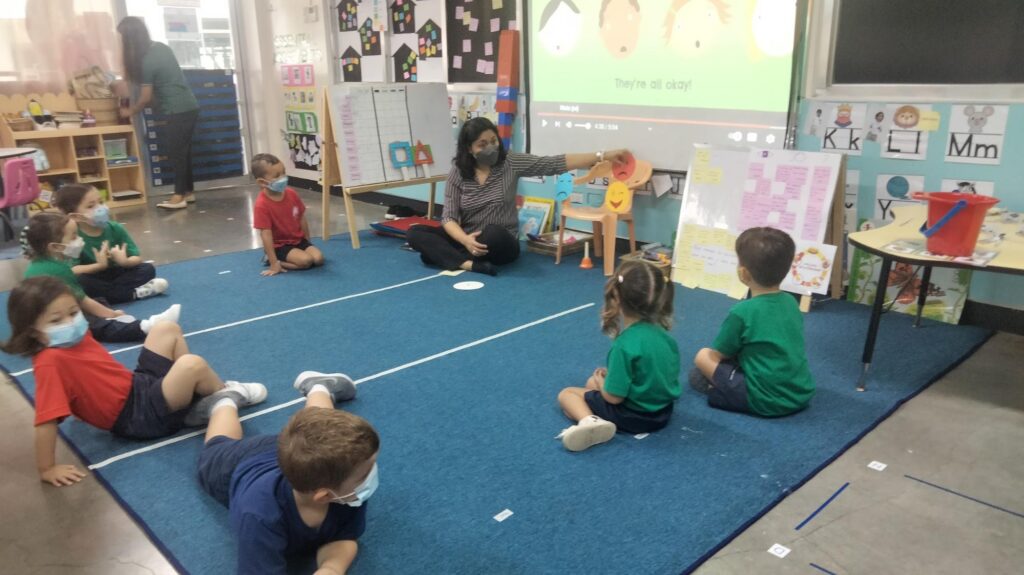 Furthermore, they learned about basic refusal skills, which is when it is okay to say “No”. While grasping the idea of consent, personal space, and boundaries, we talked about the difference between “safe touch” and “unsafe touch”. Students participated in follow-up activities that gave them an opportunity to recognize safe and unsafe situations and the impact of making smart choices in protecting themselves when faced with difficult situations.
Furthermore, they learned about basic refusal skills, which is when it is okay to say “No”. While grasping the idea of consent, personal space, and boundaries, we talked about the difference between “safe touch” and “unsafe touch”. Students participated in follow-up activities that gave them an opportunity to recognize safe and unsafe situations and the impact of making smart choices in protecting themselves when faced with difficult situations.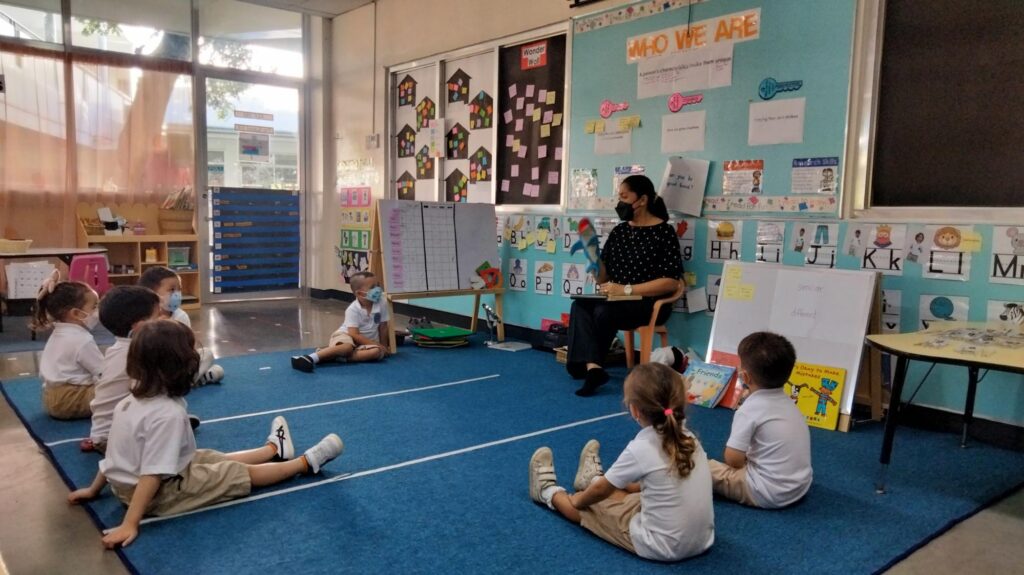
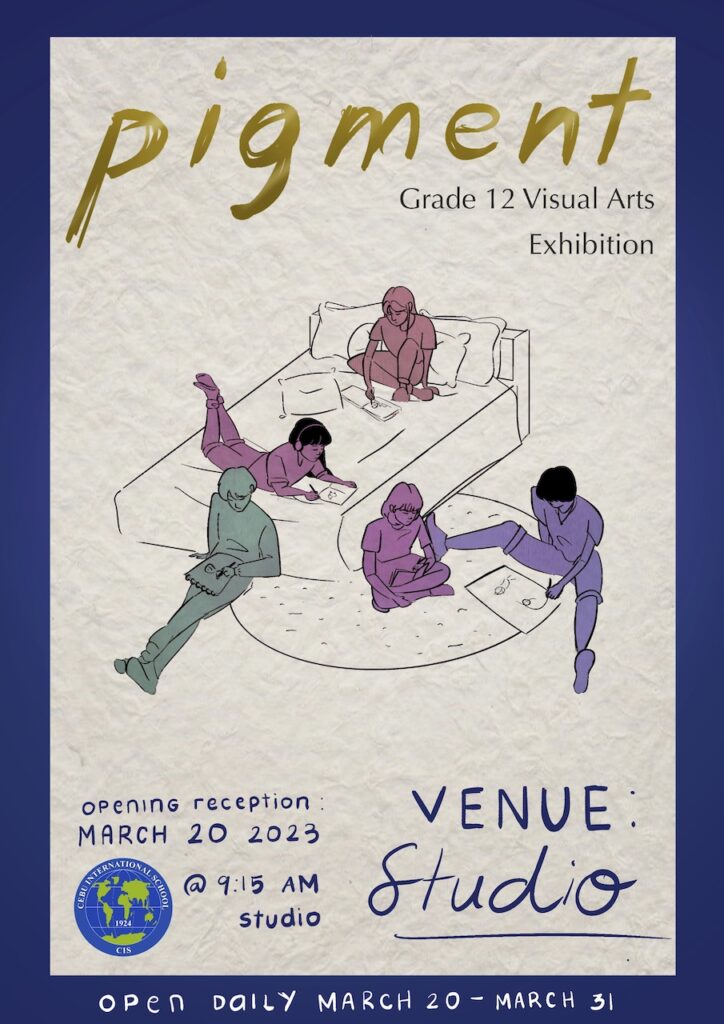
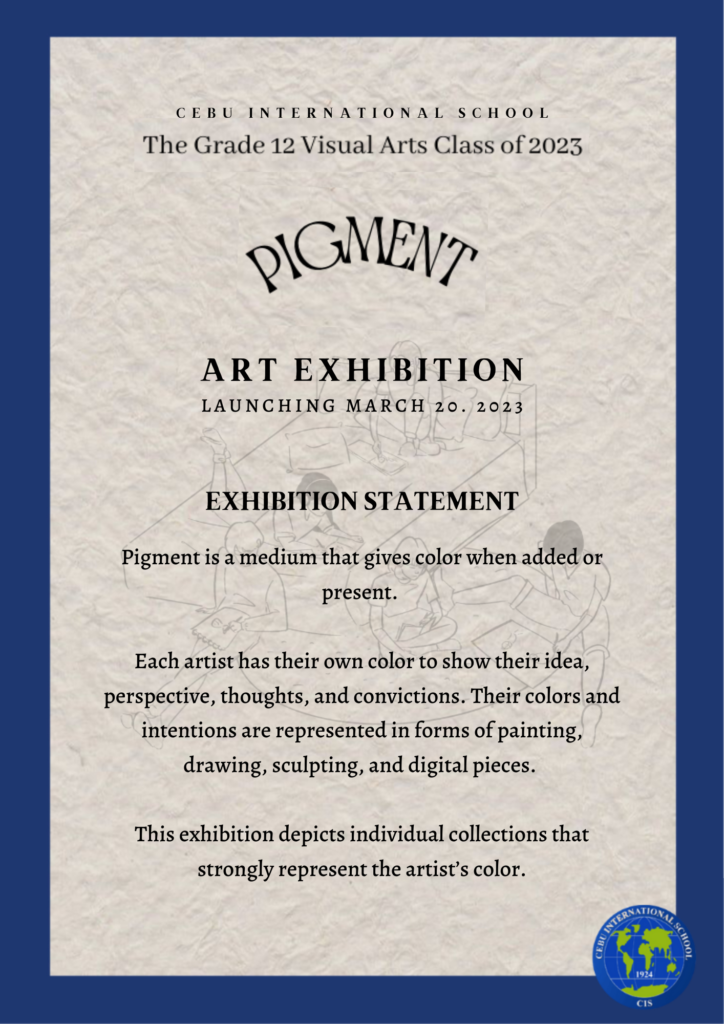
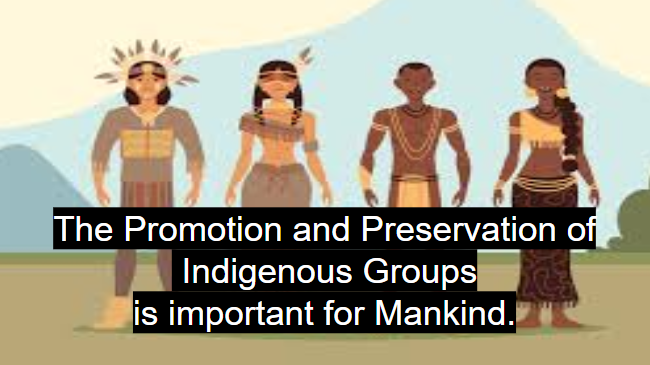 The idea of preserving Indigenous Groups is intrinsically attached to the international mindedness we try to promote to our students as global citizens.
The idea of preserving Indigenous Groups is intrinsically attached to the international mindedness we try to promote to our students as global citizens. 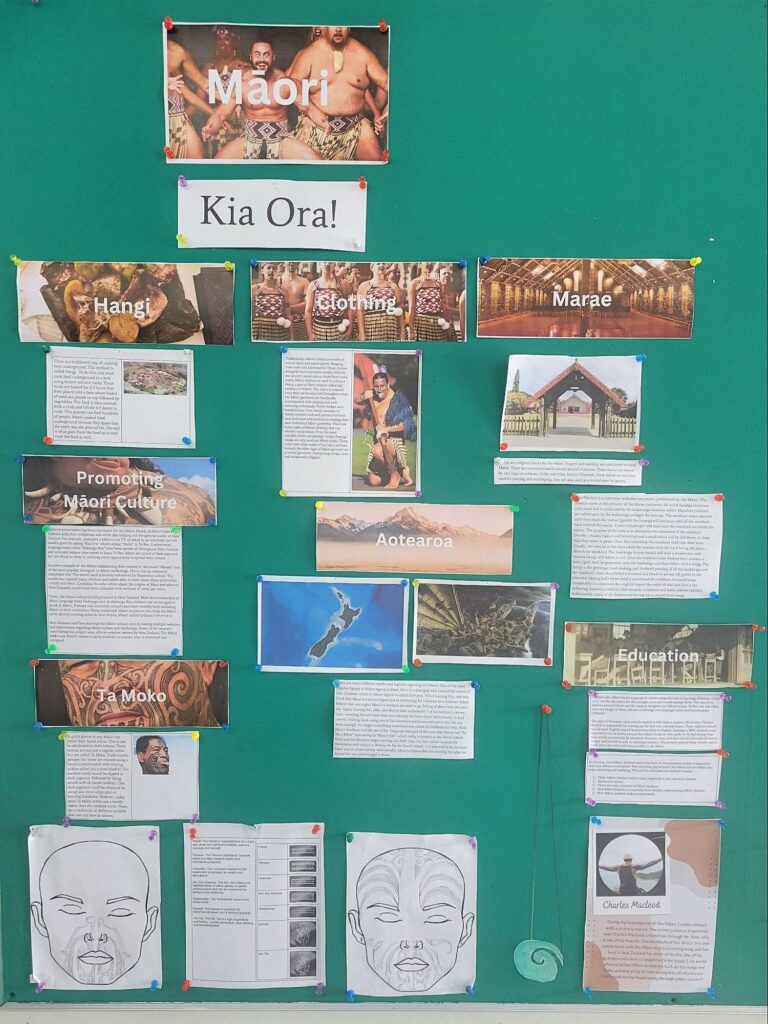
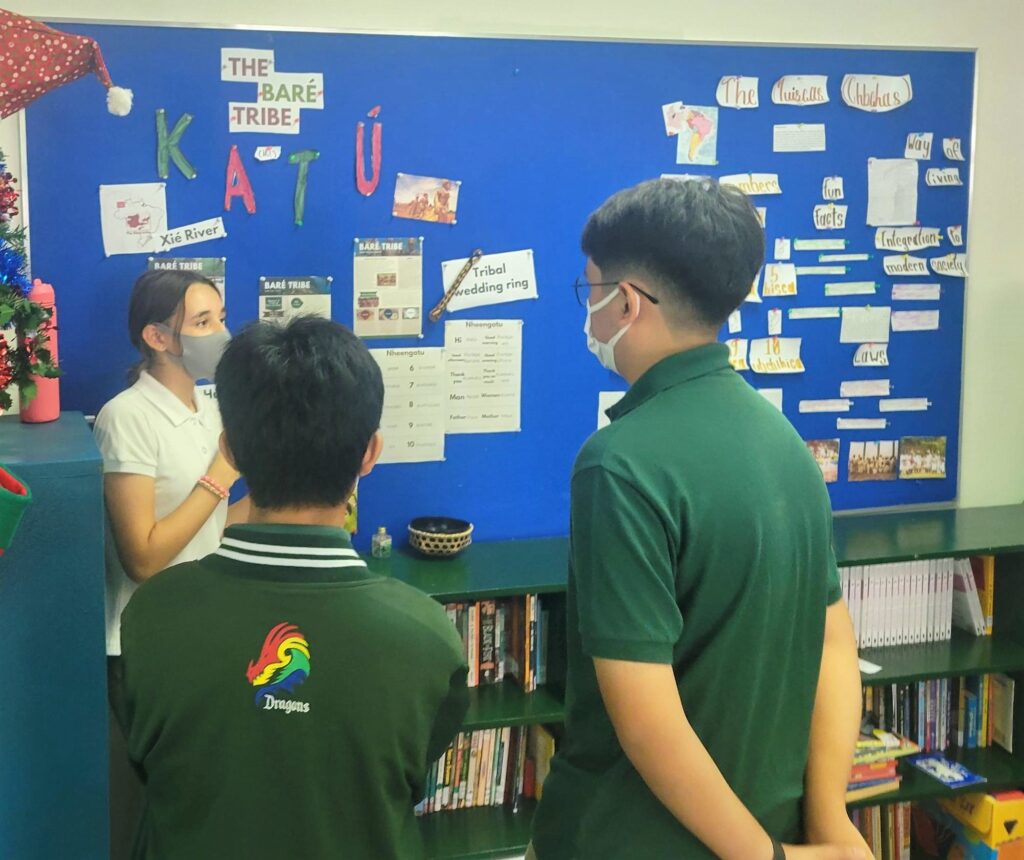
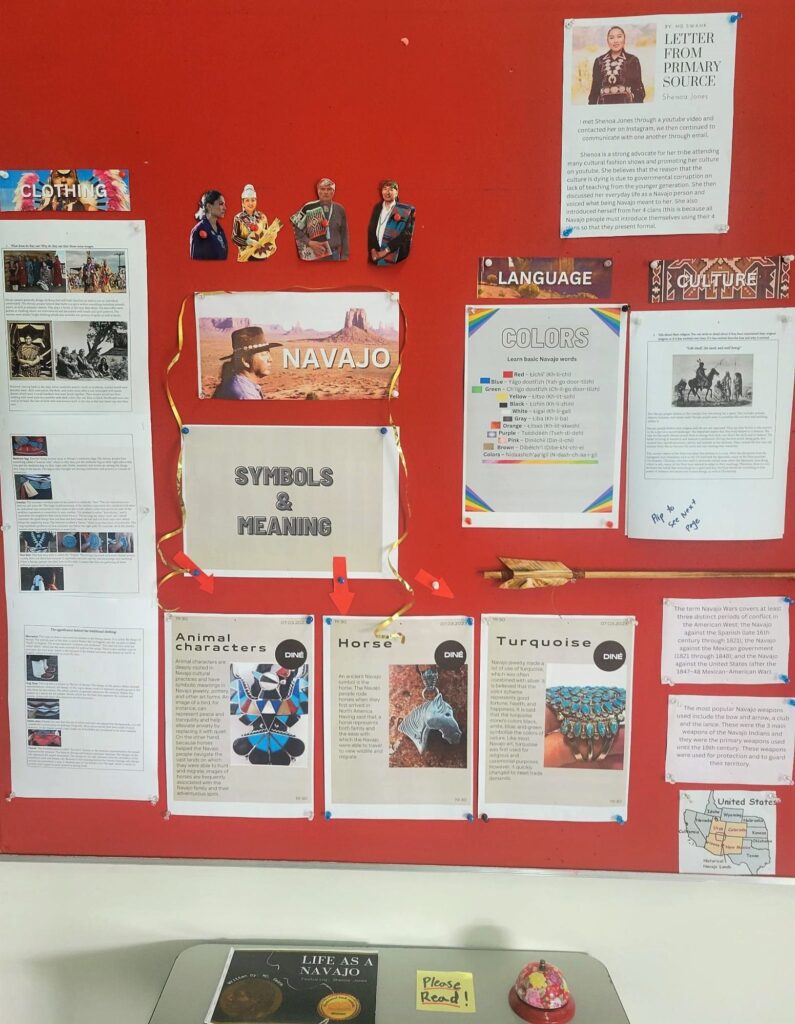
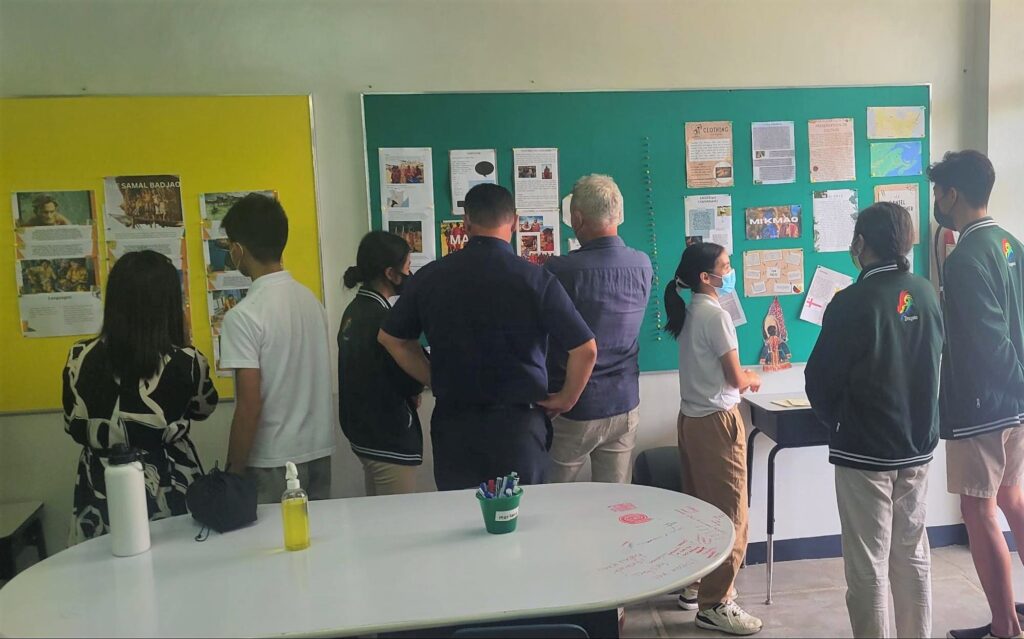
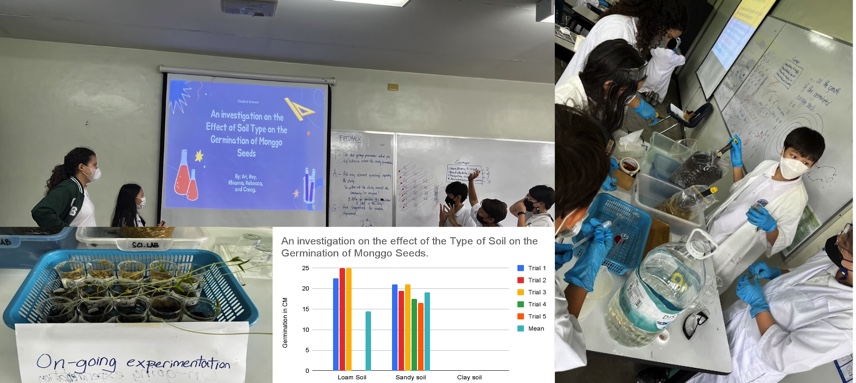 The seedling showed no growth in clay soil. Clay soil is unsuitable for planting because it cannot effectively absorb water. Because there is little space between the mineral particles in clay soil, which is composed mainly of very minute mineral particles and has little organic content. The soil is sticky and does not drain the water well. Because clay soil is hard soil, the water simply pools on the surface rather than being absorbed. According to Plant Problems Seed Sprouting (2020), heavy clay soils make it difficult for a seedling to break through the cement-like soil because clay soil is heavy and compacts easily, and drains water slowly (Colleen Vanderlinden, 2022; Cathy Pleasant, 2015).
The seedling showed no growth in clay soil. Clay soil is unsuitable for planting because it cannot effectively absorb water. Because there is little space between the mineral particles in clay soil, which is composed mainly of very minute mineral particles and has little organic content. The soil is sticky and does not drain the water well. Because clay soil is hard soil, the water simply pools on the surface rather than being absorbed. According to Plant Problems Seed Sprouting (2020), heavy clay soils make it difficult for a seedling to break through the cement-like soil because clay soil is heavy and compacts easily, and drains water slowly (Colleen Vanderlinden, 2022; Cathy Pleasant, 2015). 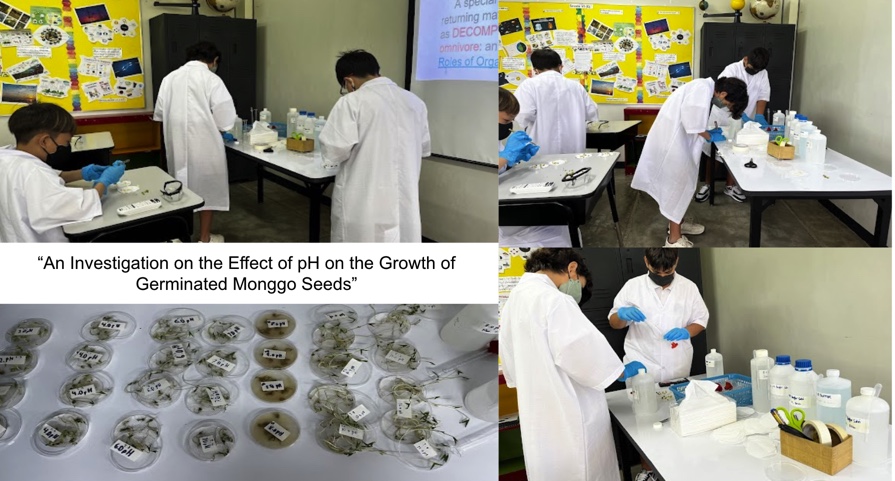 The seedling placed in pH 8.0 which is above normal, made the seedling rot, while the seedling placed in a pH below 7.0 did not rot. A pH above 8.0 allowed the seedling to grow well, while 2.0 pH had the least amount of growth.
The seedling placed in pH 8.0 which is above normal, made the seedling rot, while the seedling placed in a pH below 7.0 did not rot. A pH above 8.0 allowed the seedling to grow well, while 2.0 pH had the least amount of growth.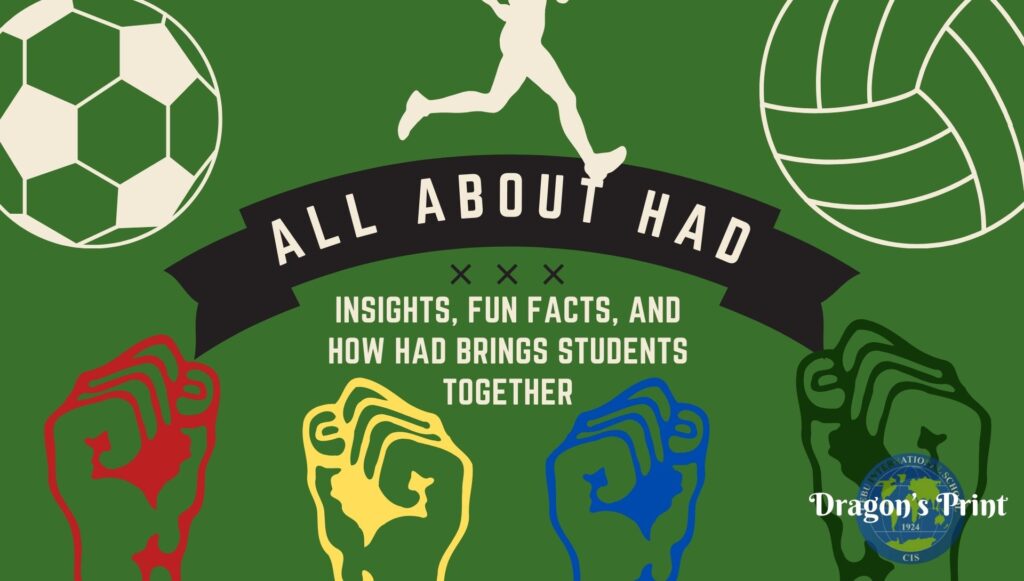
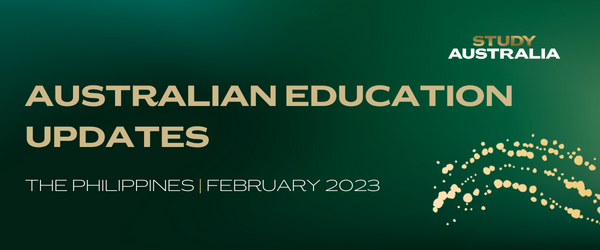
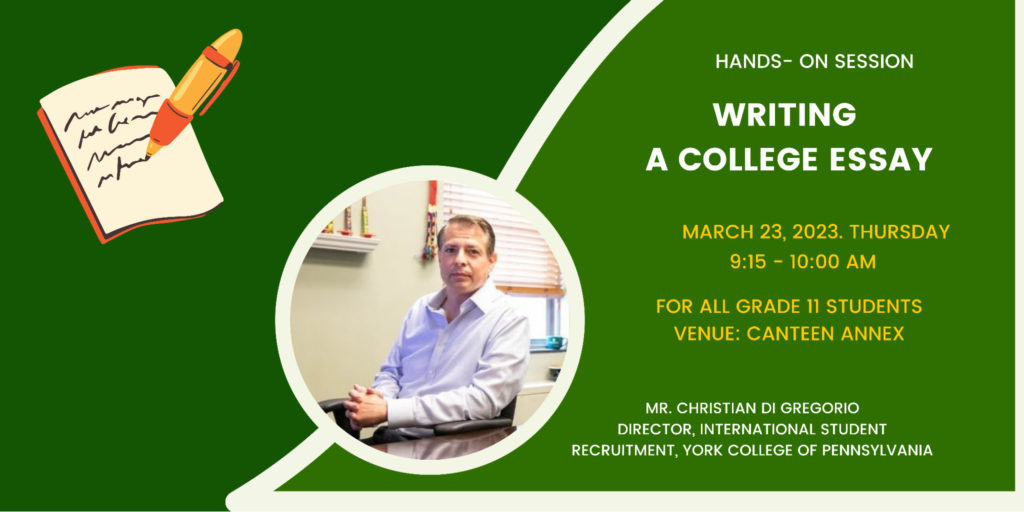
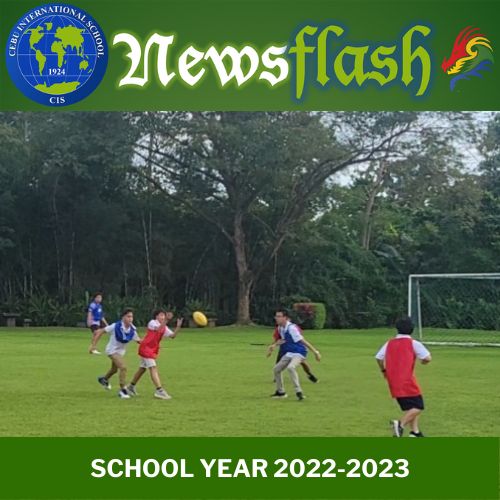
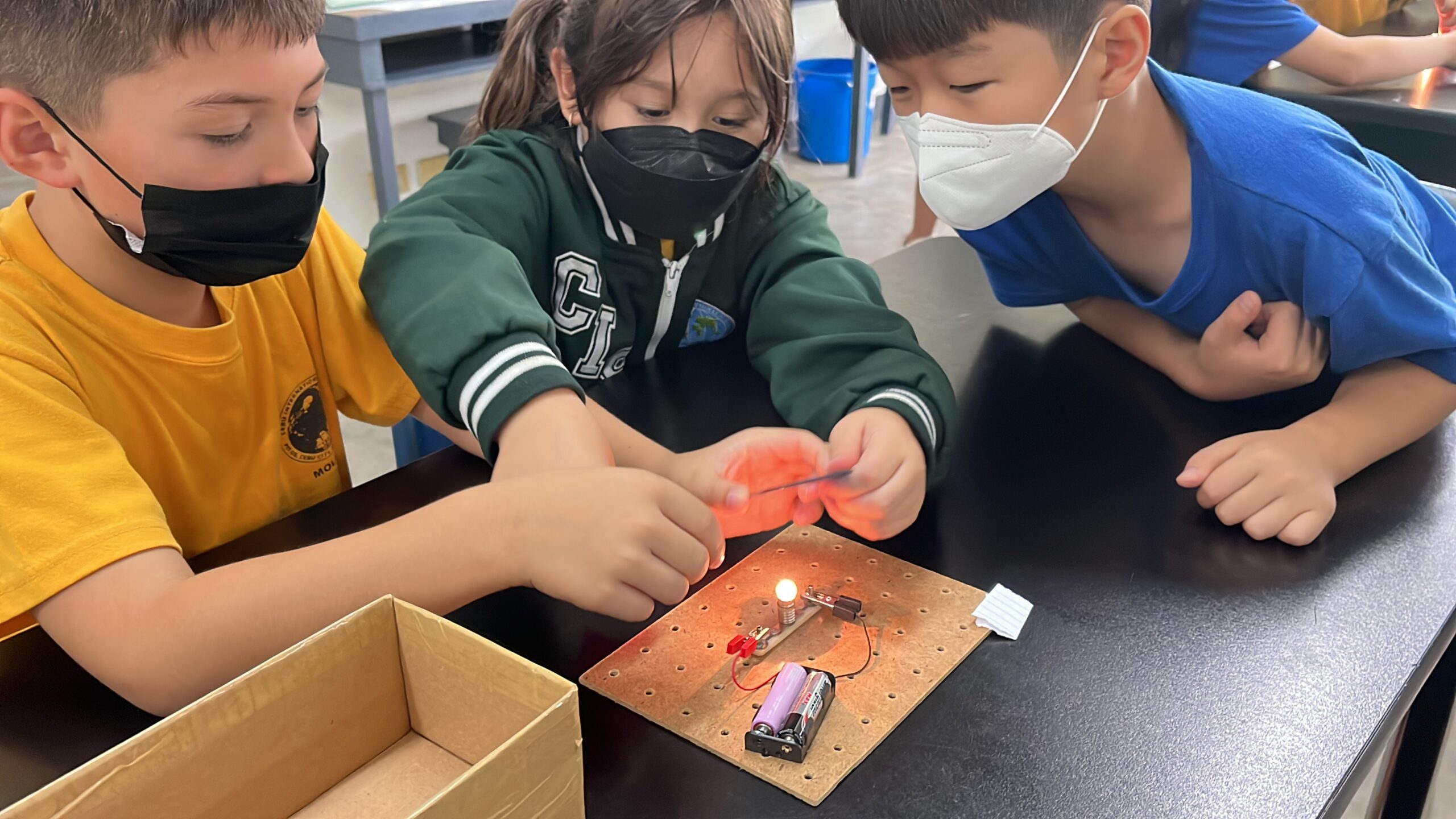 Engineering and Math and is an important feature of our academic programs. The skills gained from STEM education extend beyond those needed to be successful in those specific fields. We are fortunate to have another of Jim Doran-Webb’s sculptures on campus this week and this provided students with the perfect provocation with which to consider the engineering required to transport and set it up as an art installation in a variety of locations, conditions and environments.
Engineering and Math and is an important feature of our academic programs. The skills gained from STEM education extend beyond those needed to be successful in those specific fields. We are fortunate to have another of Jim Doran-Webb’s sculptures on campus this week and this provided students with the perfect provocation with which to consider the engineering required to transport and set it up as an art installation in a variety of locations, conditions and environments.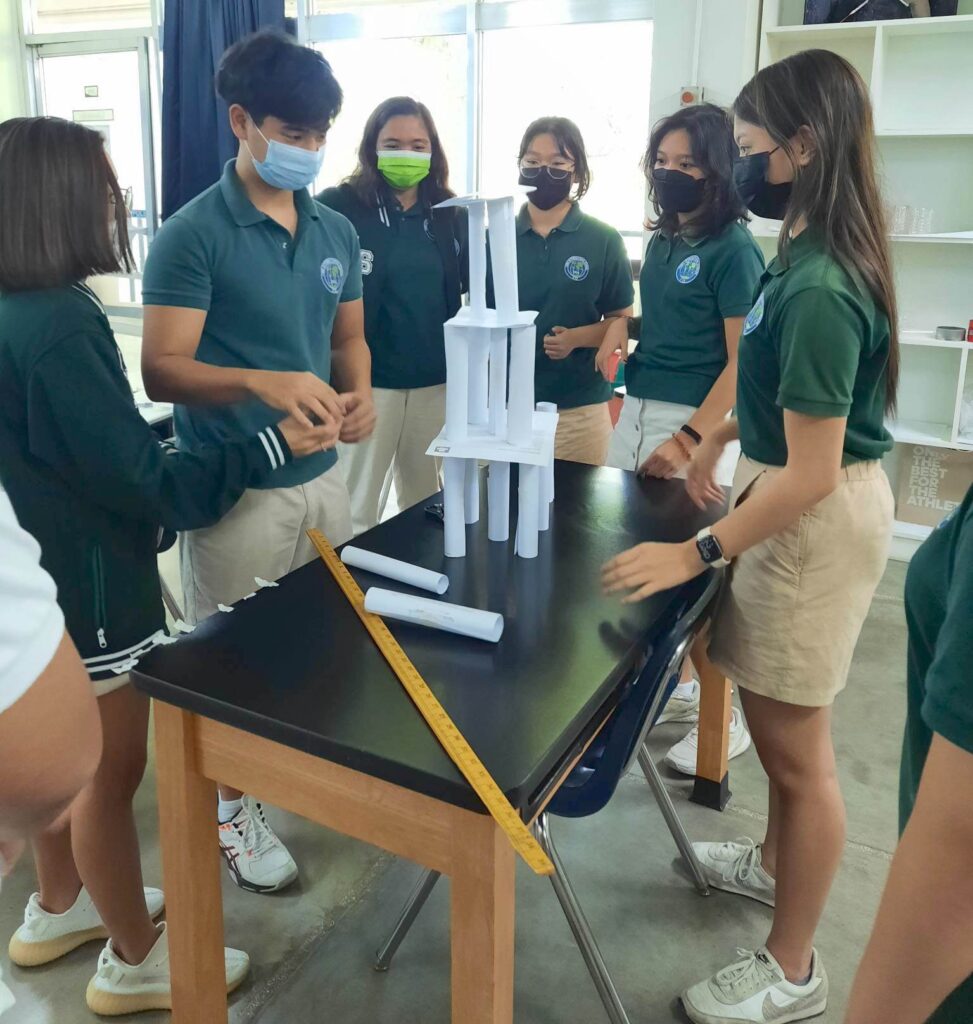 As our students have engaged in various experiences this week our teachers have purposefully provided them with activities that spark their curiosity and imagination. They have been placed in situations that require them to work collaboratively to solve and complete complex problems. This has promoted active listening, open-mindedness and required them to give and receive constructive feedback. The real-world applications that students have been involved in have enhanced the need for students to actively engage with the material to understand the issue at hand and require logic rather than memorization to solve problems.
As our students have engaged in various experiences this week our teachers have purposefully provided them with activities that spark their curiosity and imagination. They have been placed in situations that require them to work collaboratively to solve and complete complex problems. This has promoted active listening, open-mindedness and required them to give and receive constructive feedback. The real-world applications that students have been involved in have enhanced the need for students to actively engage with the material to understand the issue at hand and require logic rather than memorization to solve problems.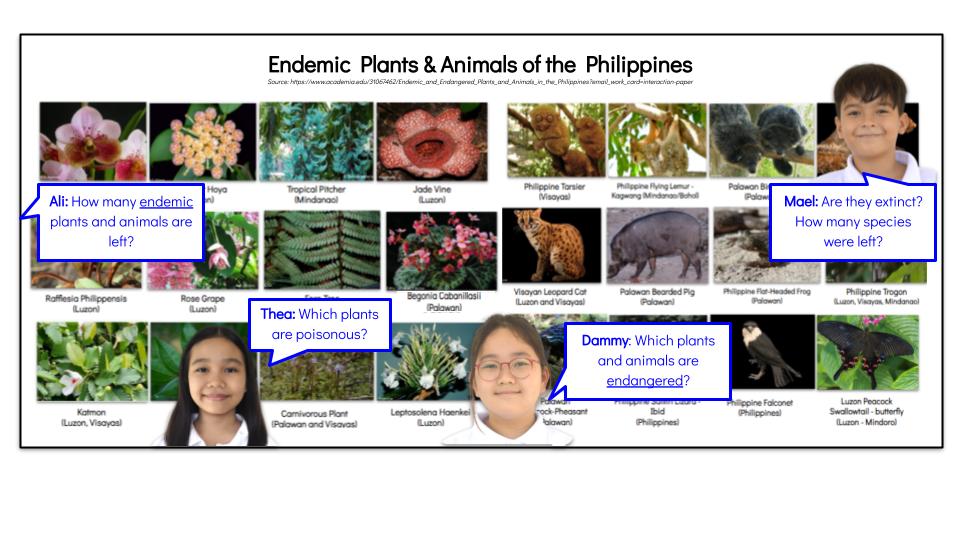
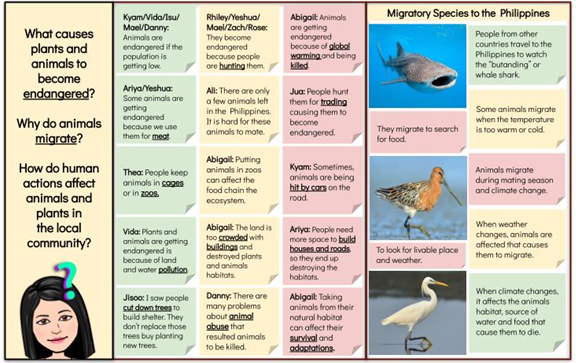
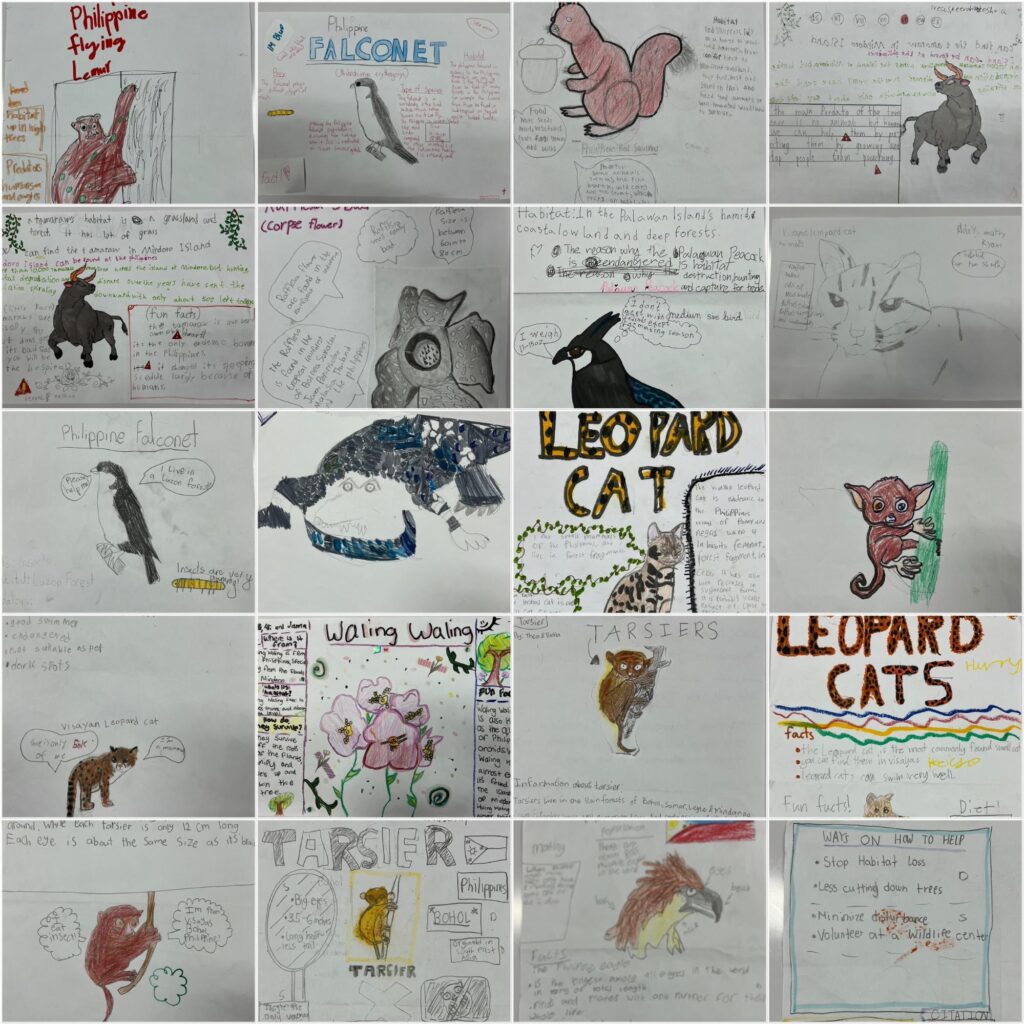
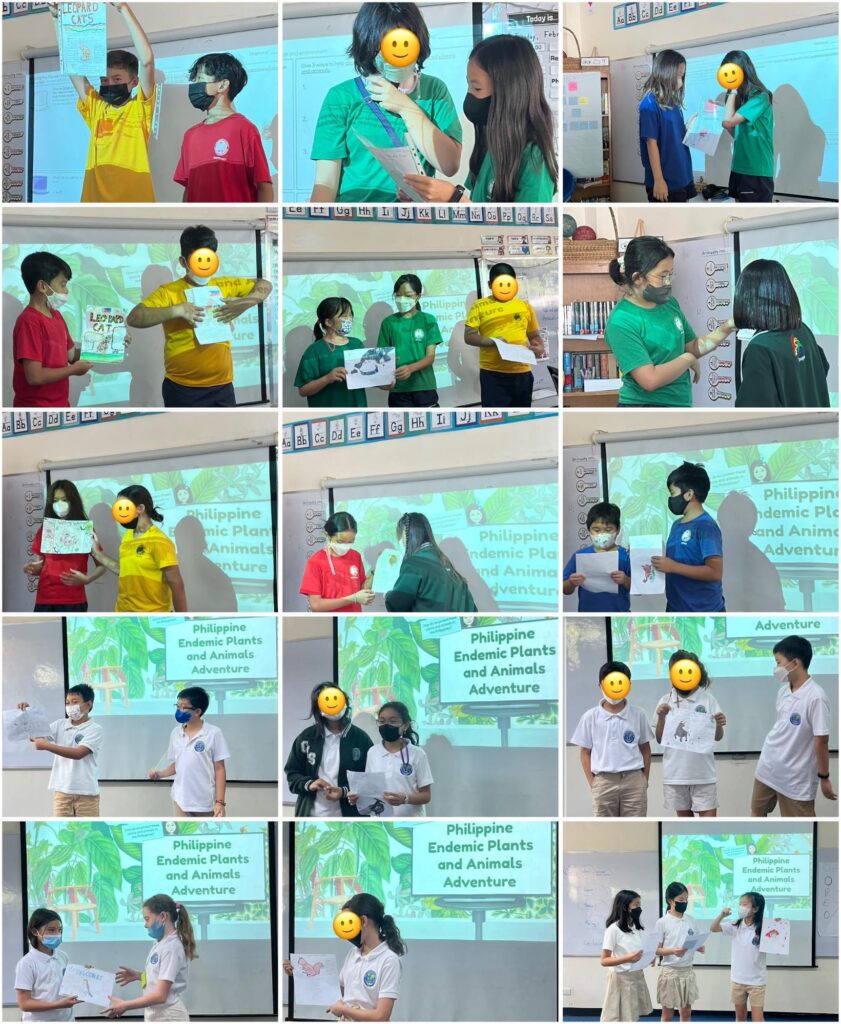

 Grades 8 and 9 have been engaged in practicing their speaking skills and demonstrating how teamwork helps them to succeed. They pretended to be travelers in a foreign country dealing with issues of buying a flight ticket, ordering food in a restaurant, doing some currency exchanges and deciding what to wear, and what activities to do, when and where.
Grades 8 and 9 have been engaged in practicing their speaking skills and demonstrating how teamwork helps them to succeed. They pretended to be travelers in a foreign country dealing with issues of buying a flight ticket, ordering food in a restaurant, doing some currency exchanges and deciding what to wear, and what activities to do, when and where.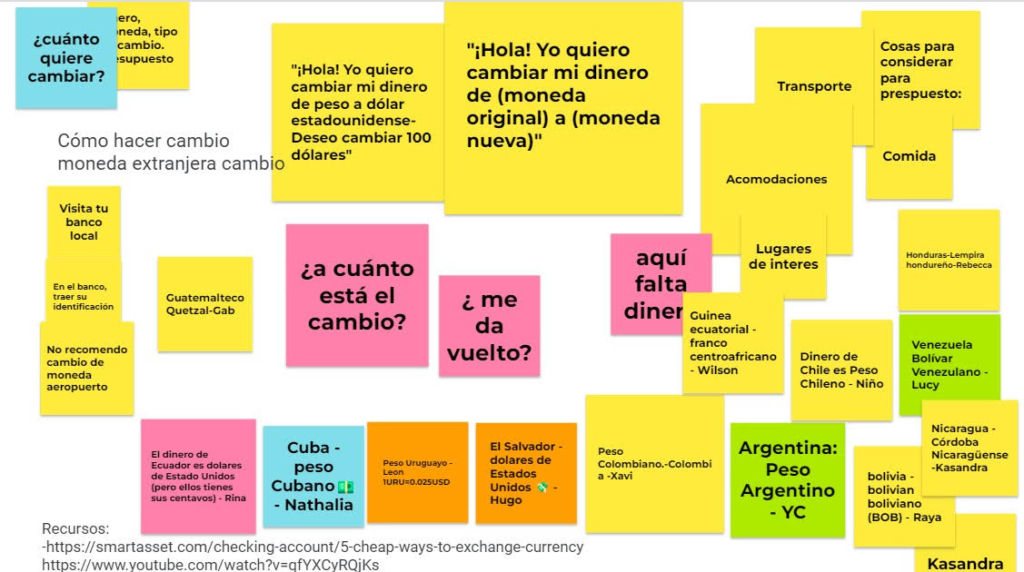
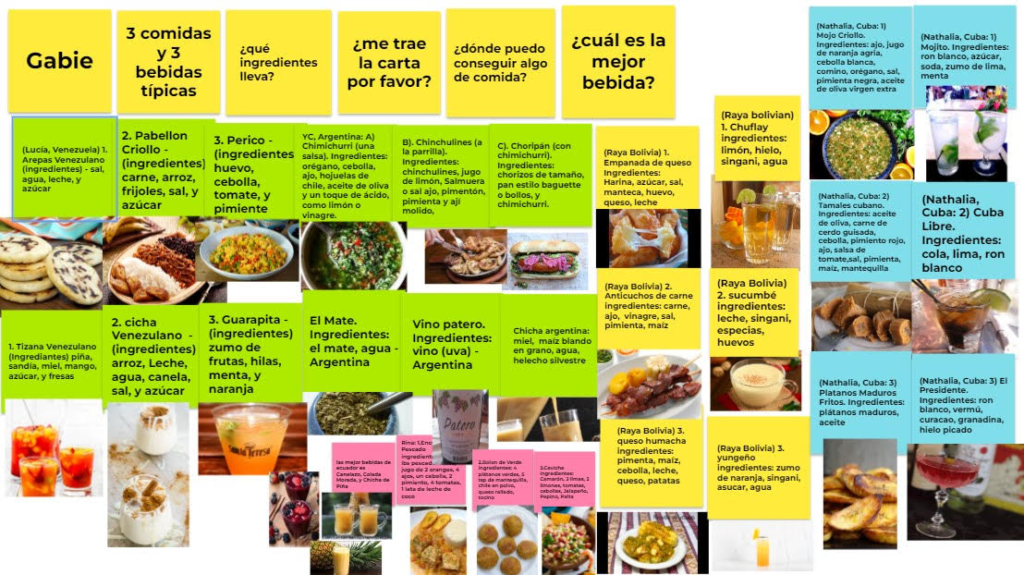
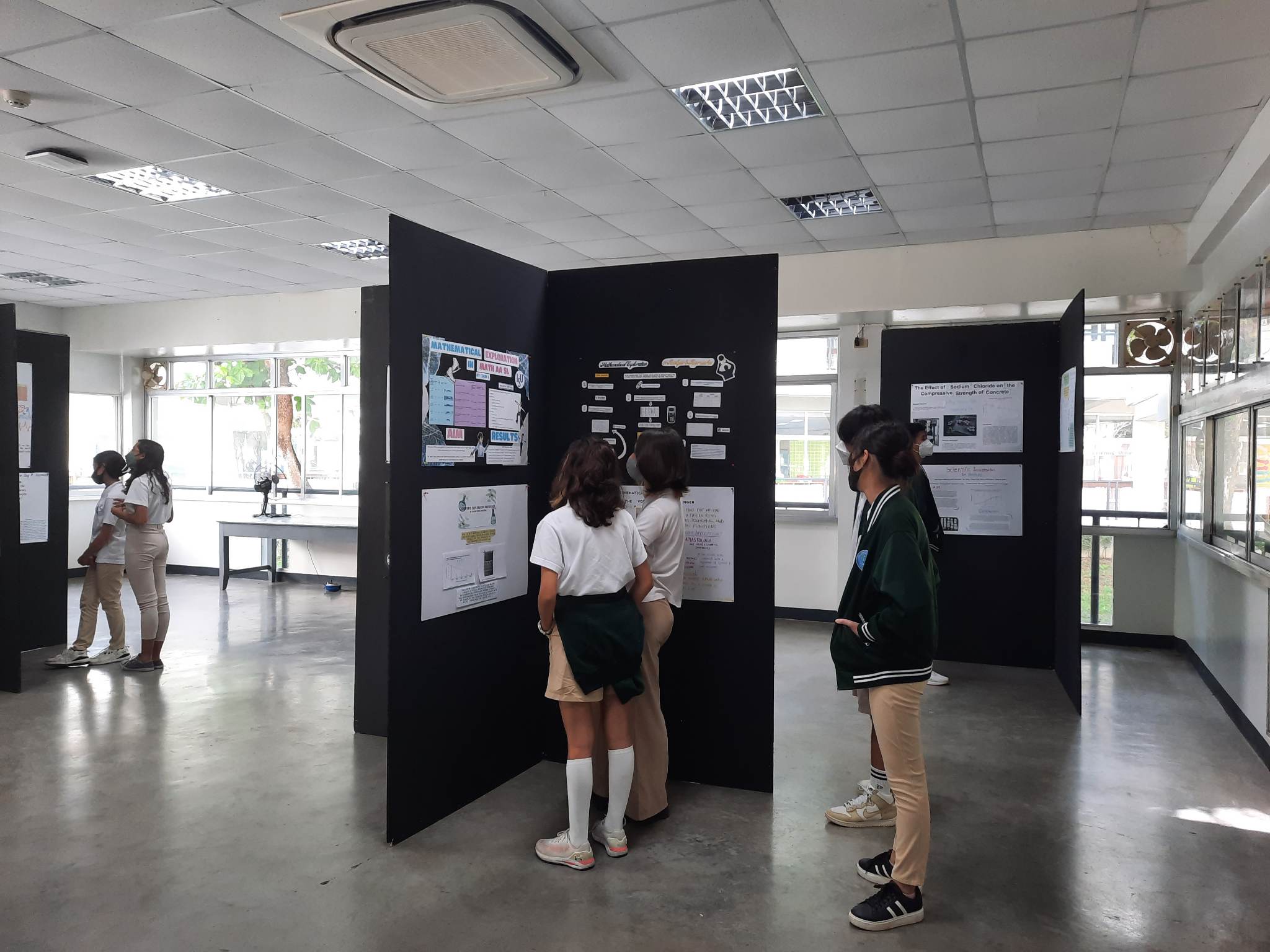 ¿Cuál es el valor sociológico de la obra?
¿Cuál es el valor sociológico de la obra? 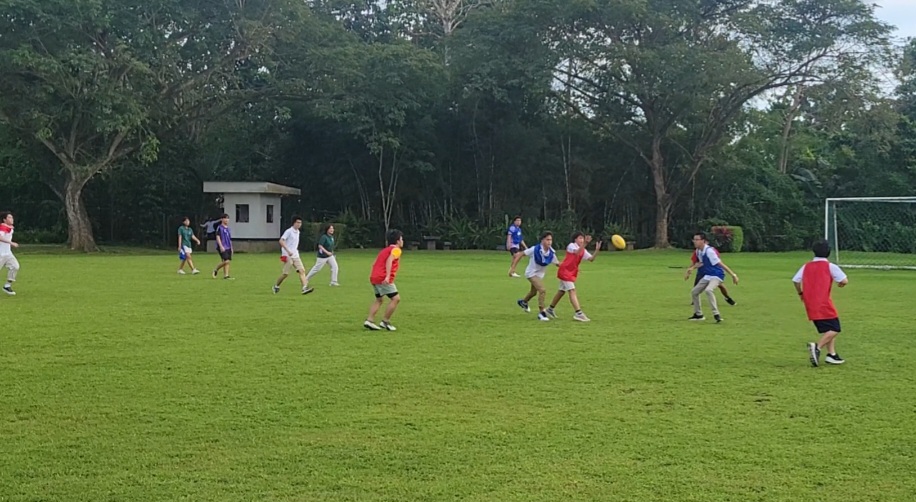
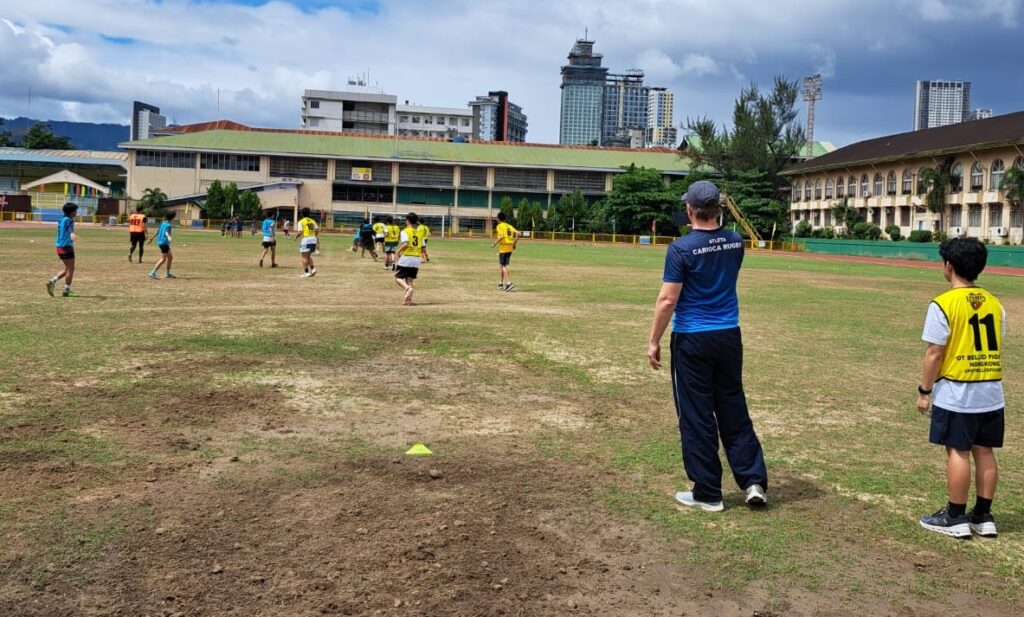
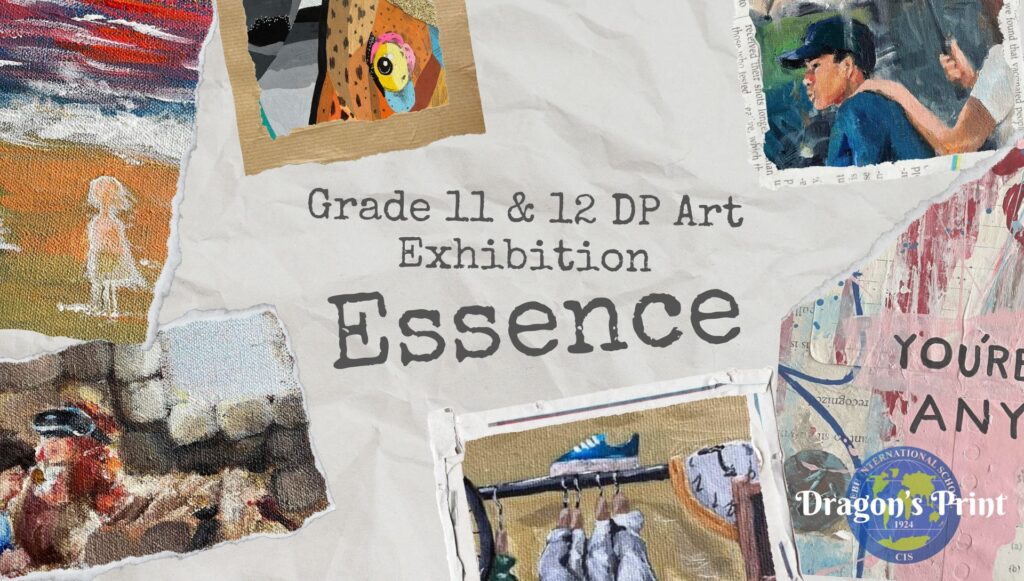
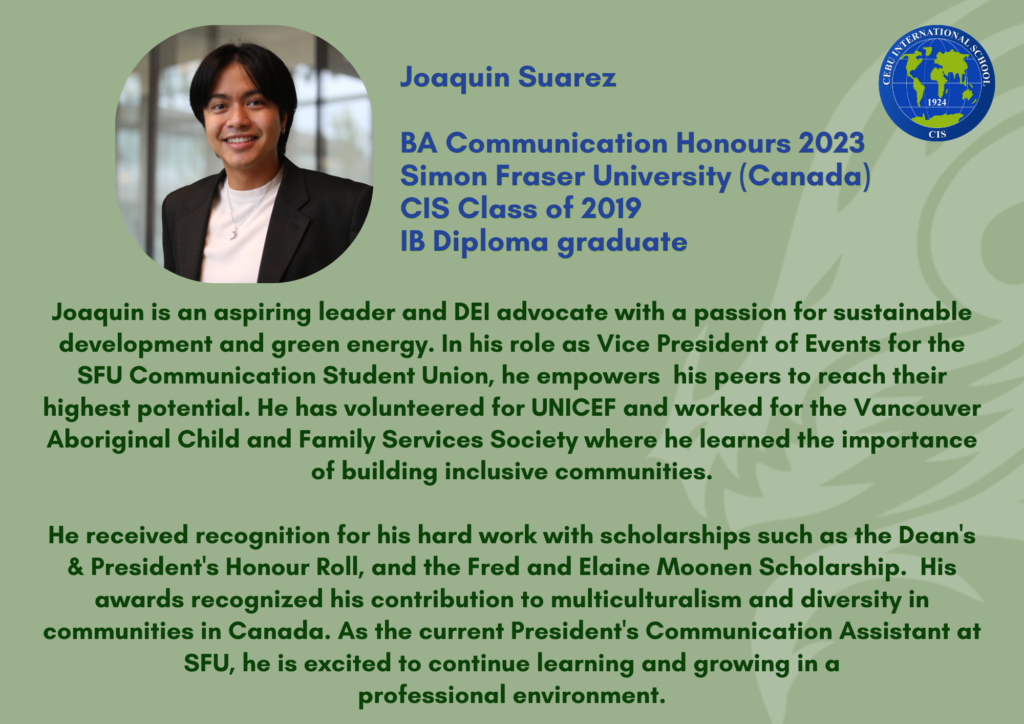
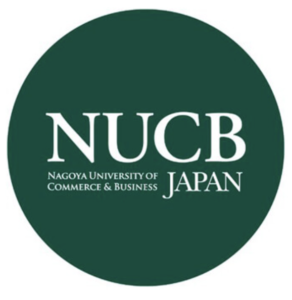
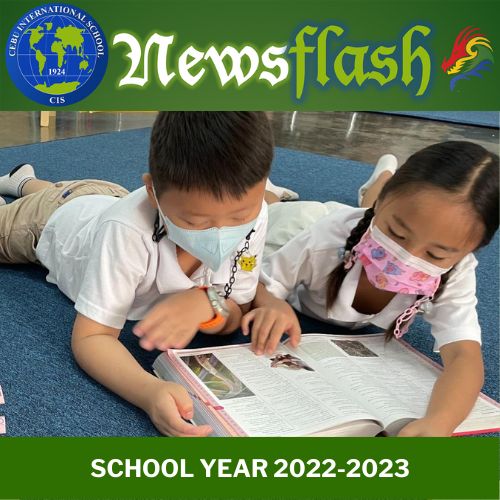
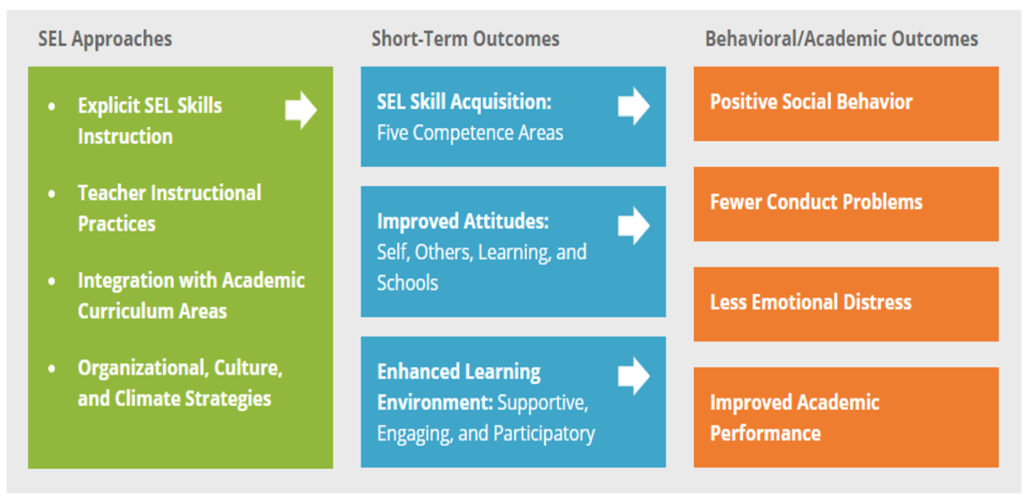 (Source:
(Source: 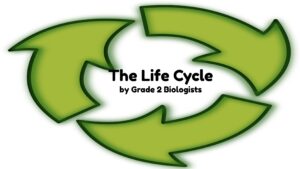
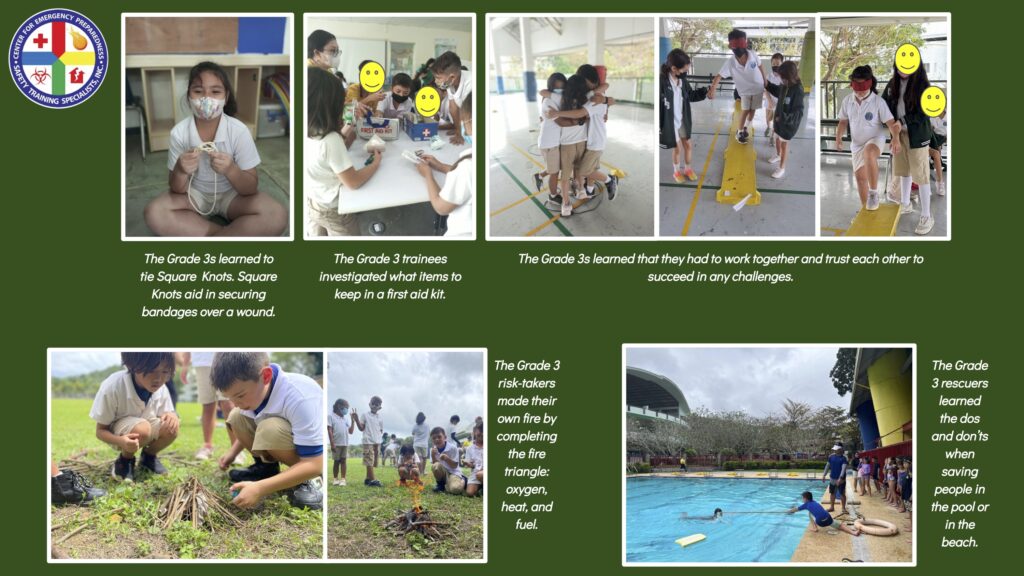
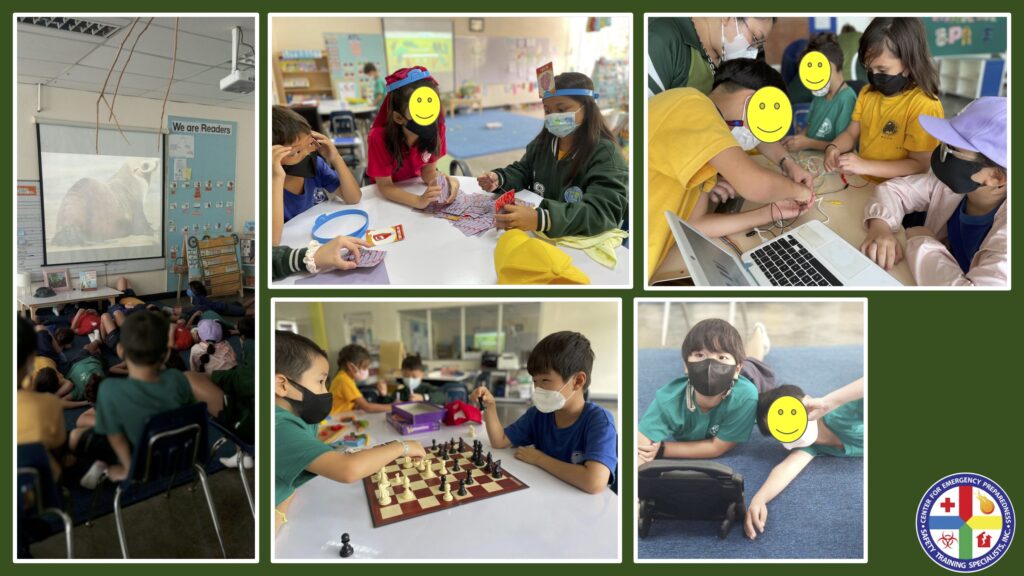
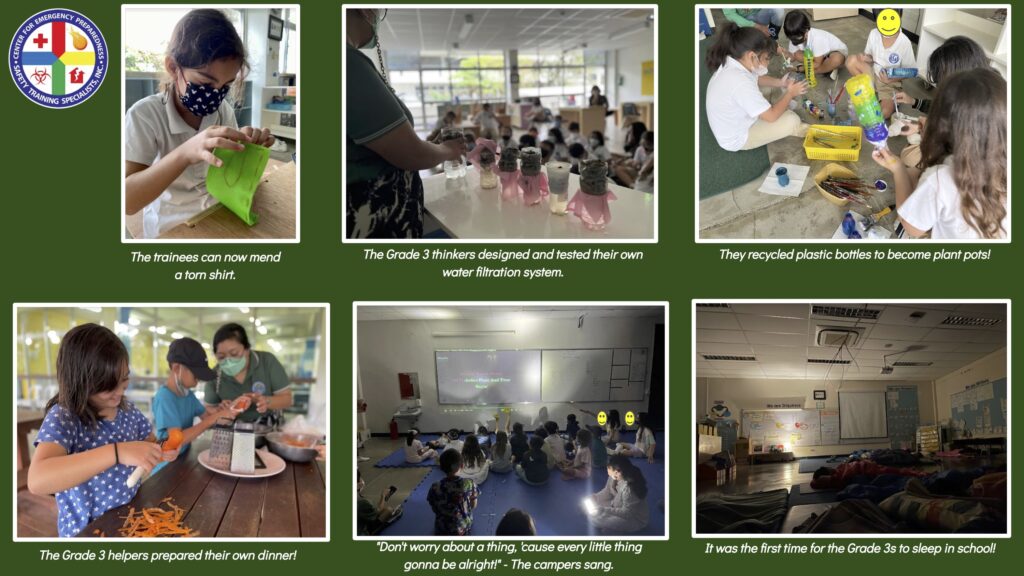
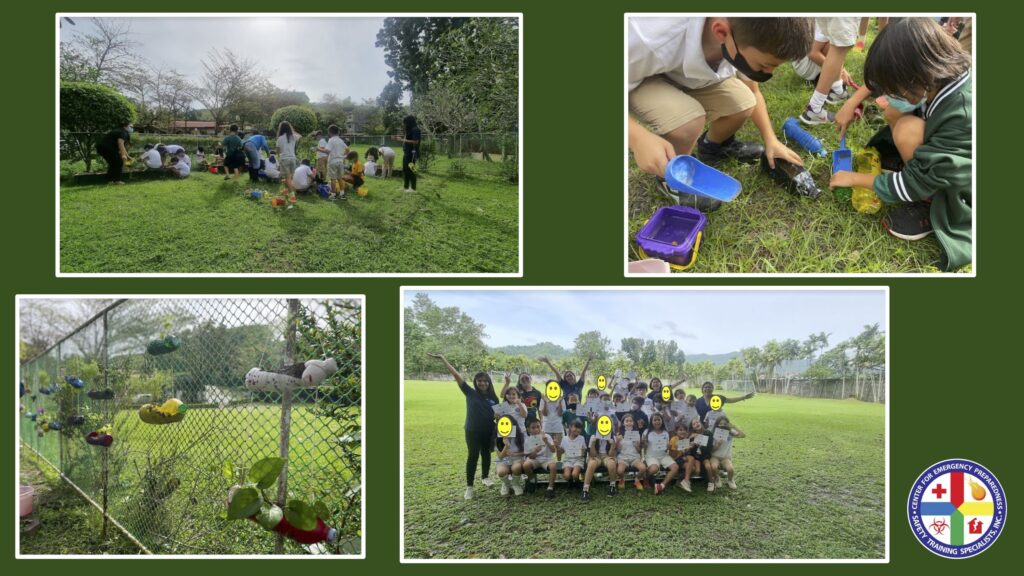
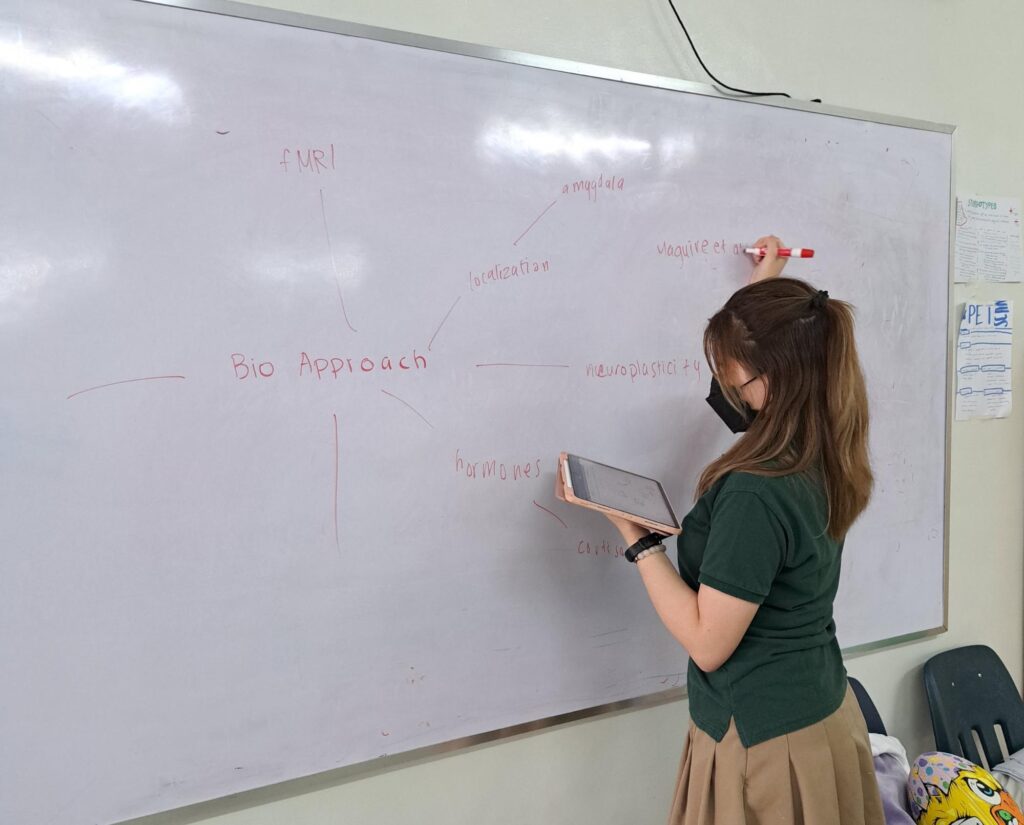

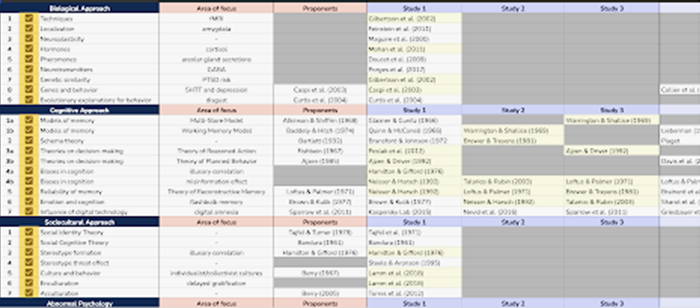


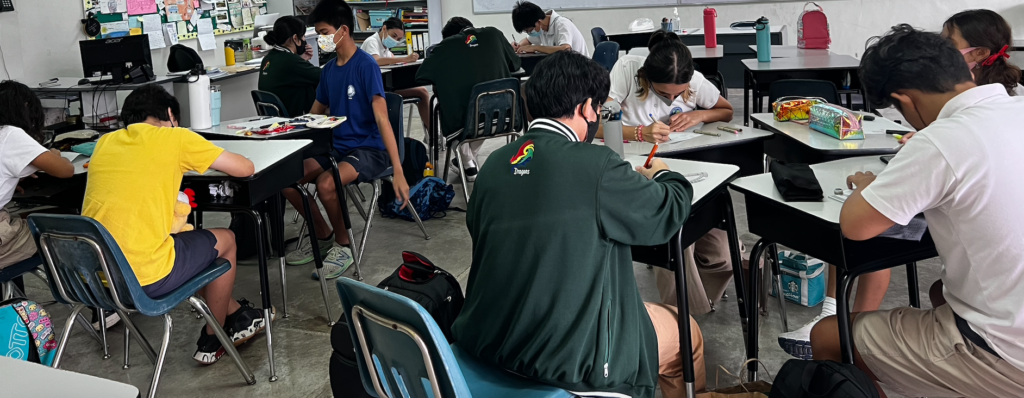
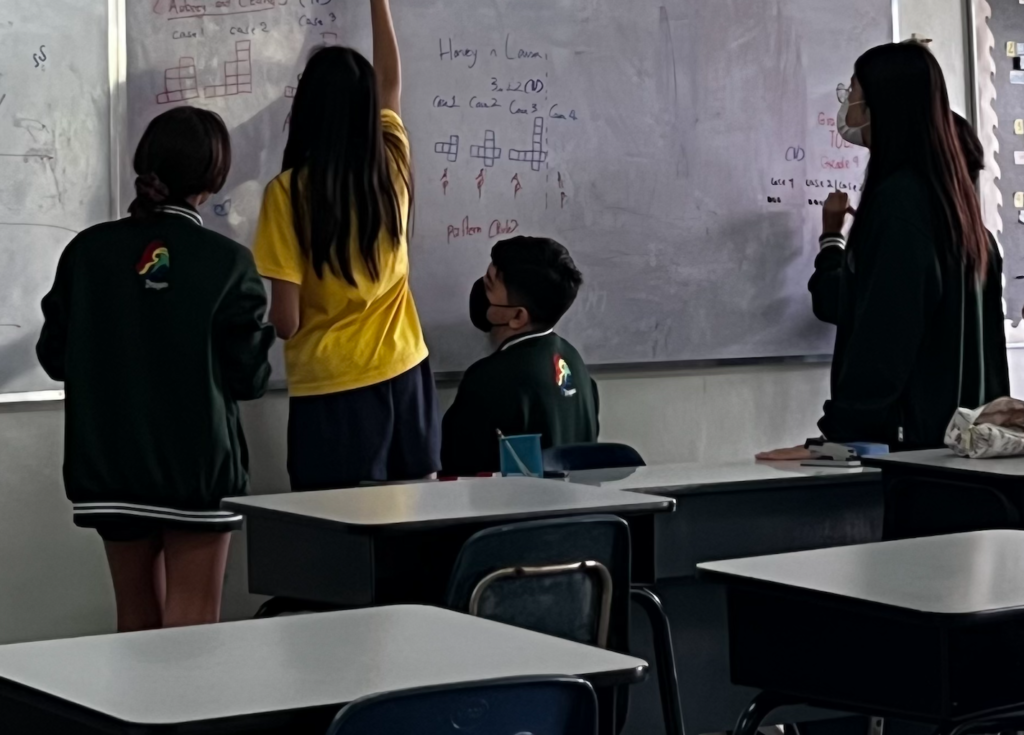
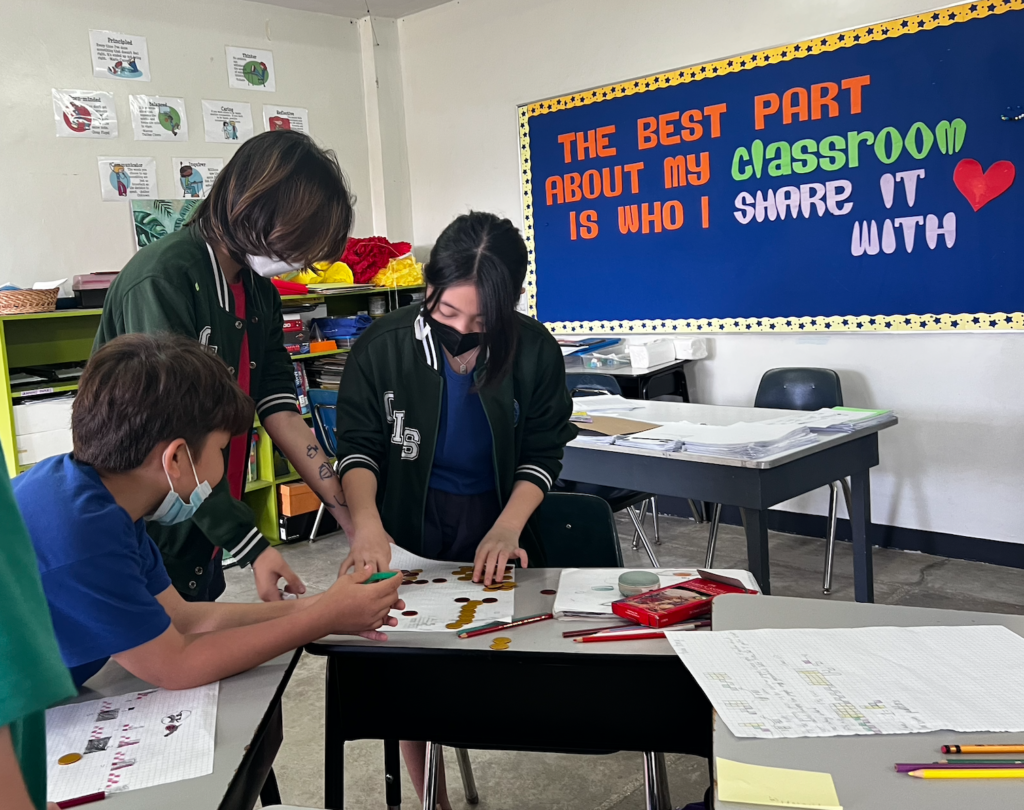
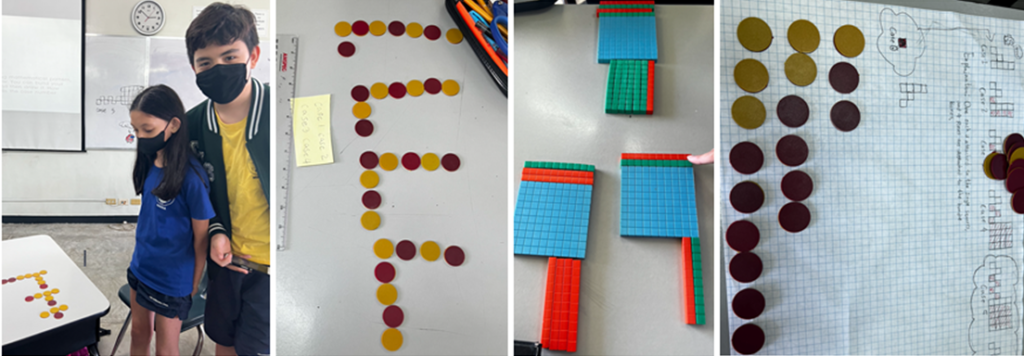
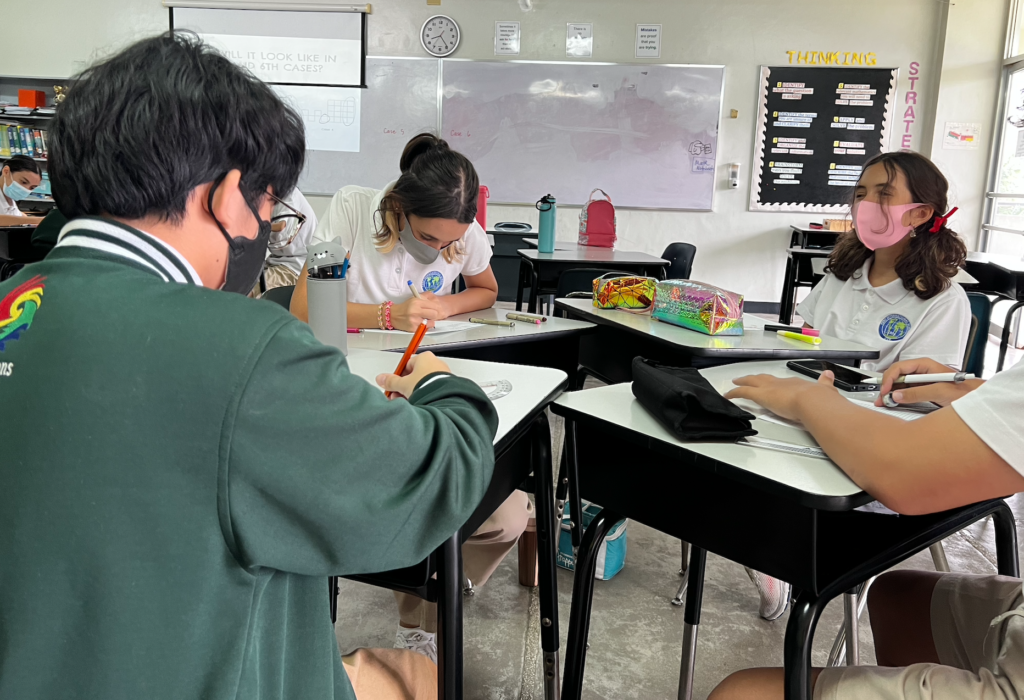
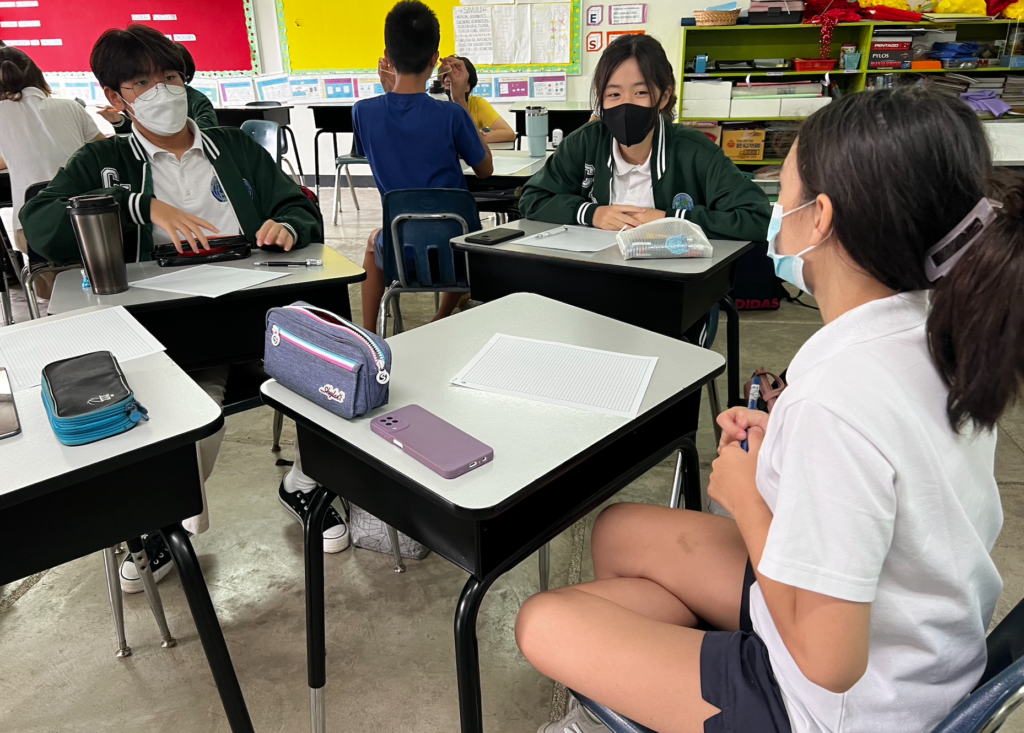
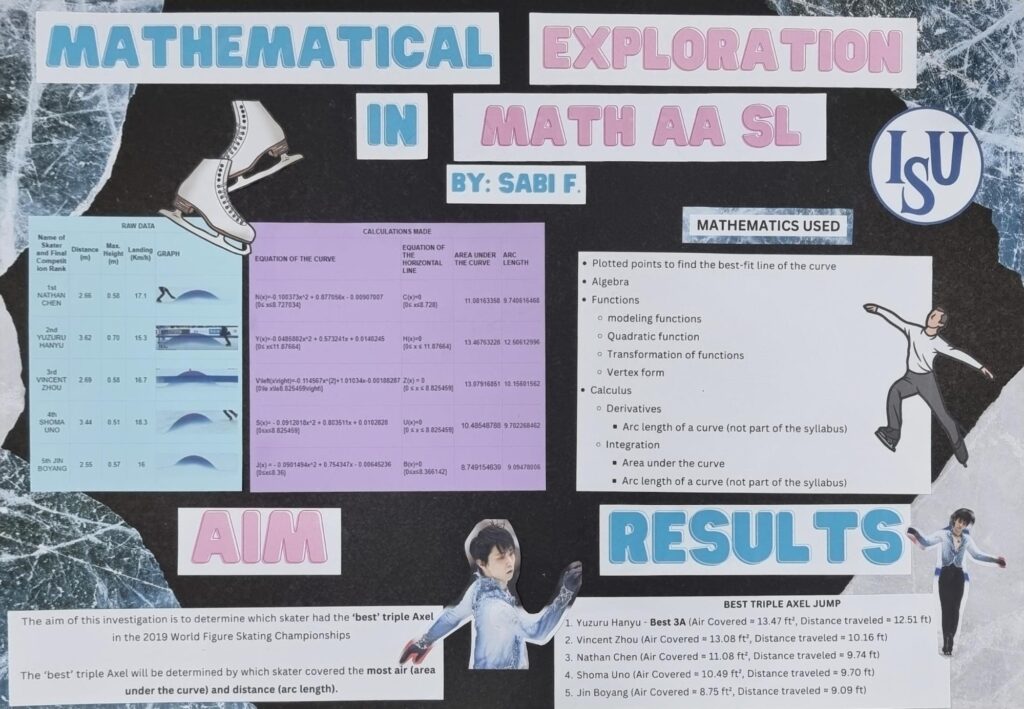 As part of the process, students will be creating posters, like the samples below, to summarize their projects. These posters will be displayed in the canteen annex as part of our STEM Week celebrations from March 6th to the 10th. We want to showcase the work of our grade 12 students as part of STEM Week since this will highlight their achievements in STEM fields. Students will select to create a poster for the Science or Math IA and a few have selected to create multiple posters. The posters will be an excellent opportunity for our students to demonstrate their creativity and showcase their research findings. They will be using graphs, charts, and diagrams to illustrate their data and results, which will help them communicate their ideas effectively. We hope that their engaging posters will inspire the younger students as they look forward to the DP experiences as well.
As part of the process, students will be creating posters, like the samples below, to summarize their projects. These posters will be displayed in the canteen annex as part of our STEM Week celebrations from March 6th to the 10th. We want to showcase the work of our grade 12 students as part of STEM Week since this will highlight their achievements in STEM fields. Students will select to create a poster for the Science or Math IA and a few have selected to create multiple posters. The posters will be an excellent opportunity for our students to demonstrate their creativity and showcase their research findings. They will be using graphs, charts, and diagrams to illustrate their data and results, which will help them communicate their ideas effectively. We hope that their engaging posters will inspire the younger students as they look forward to the DP experiences as well.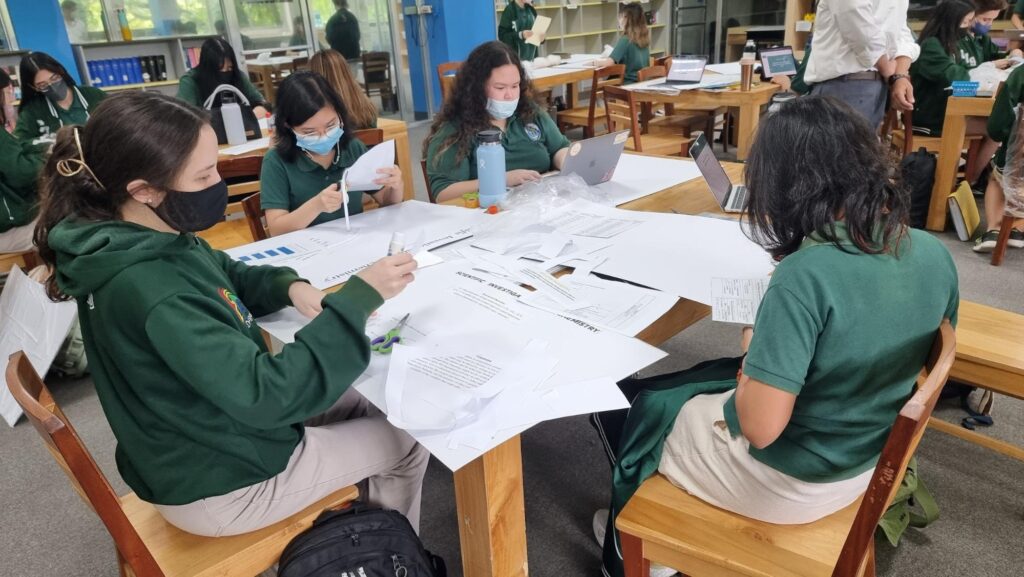
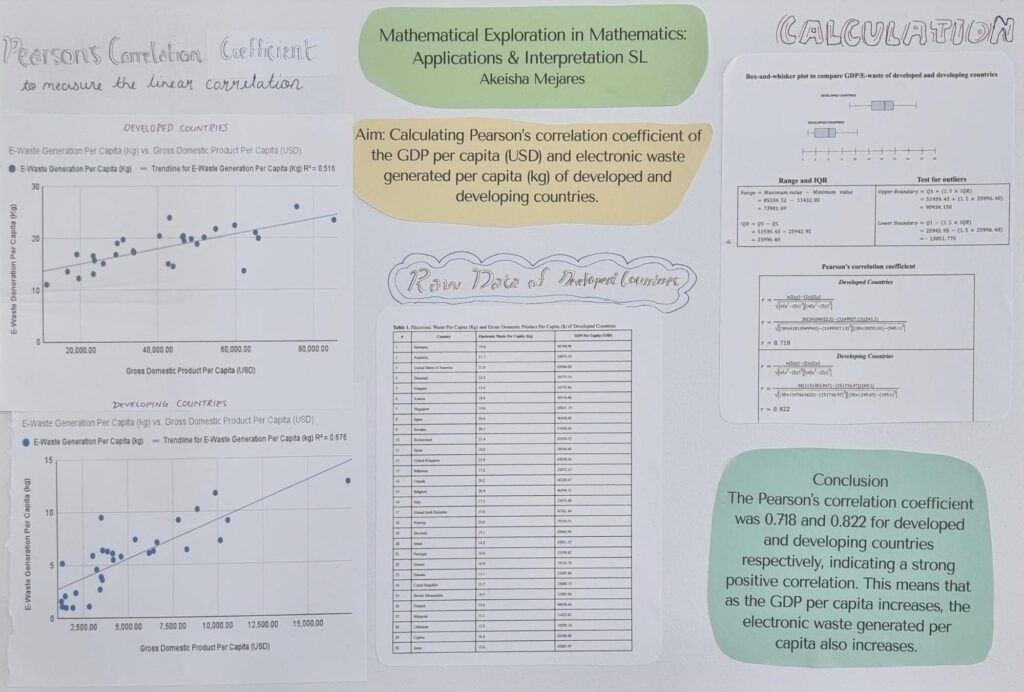
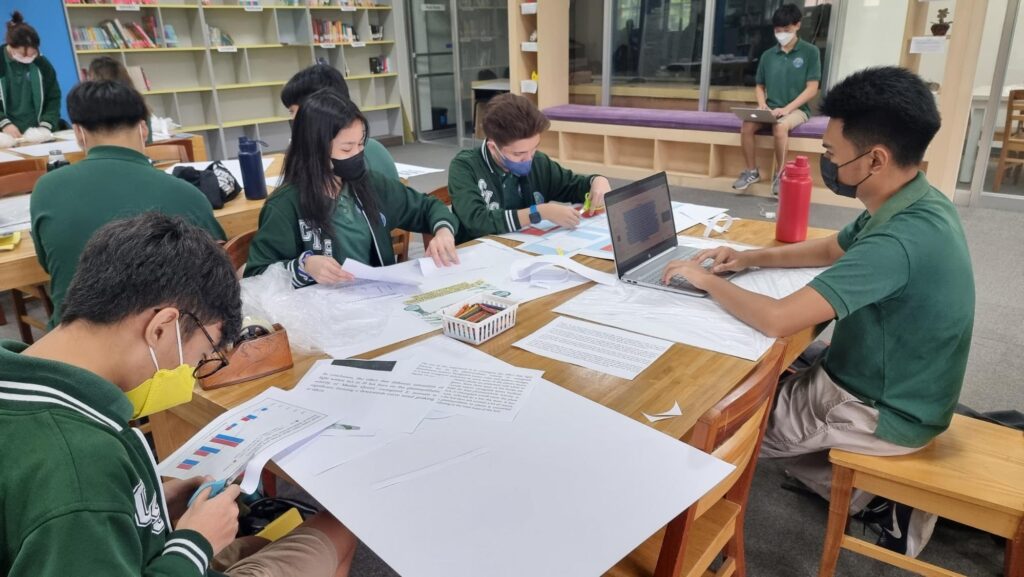
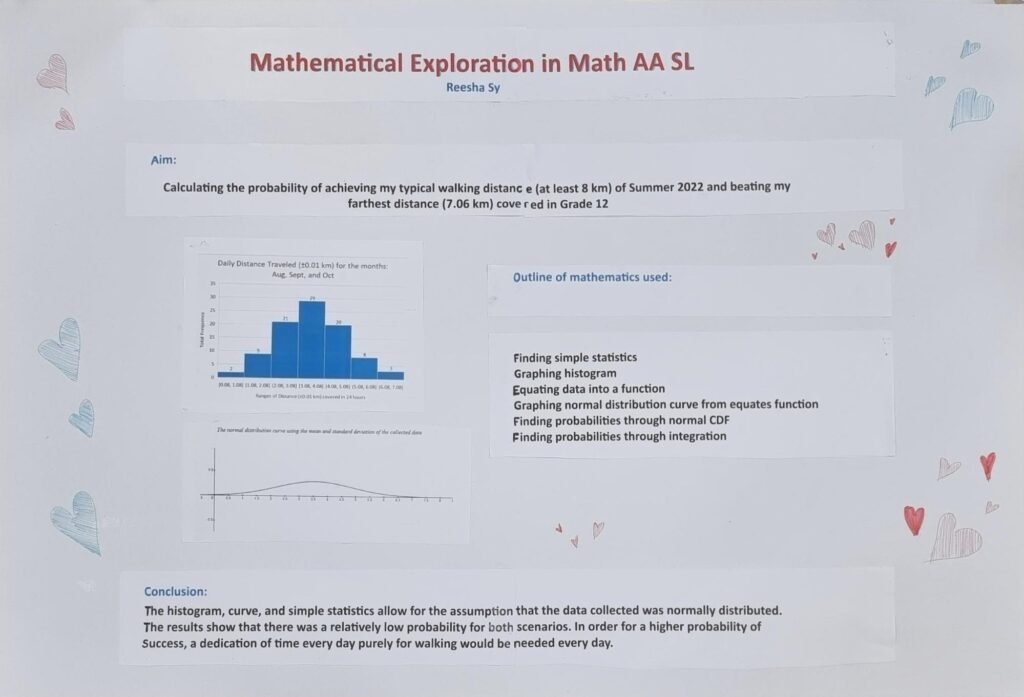
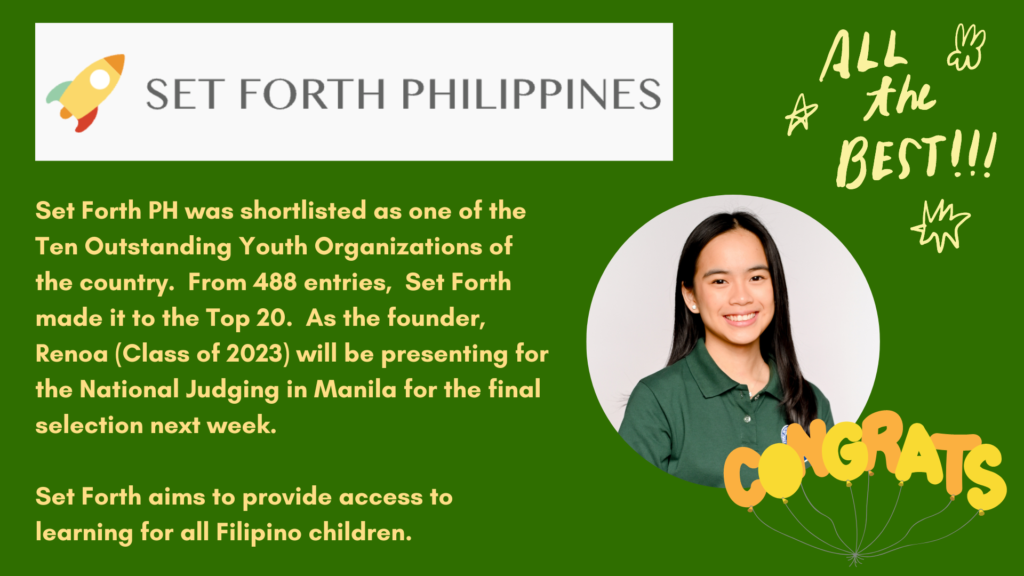

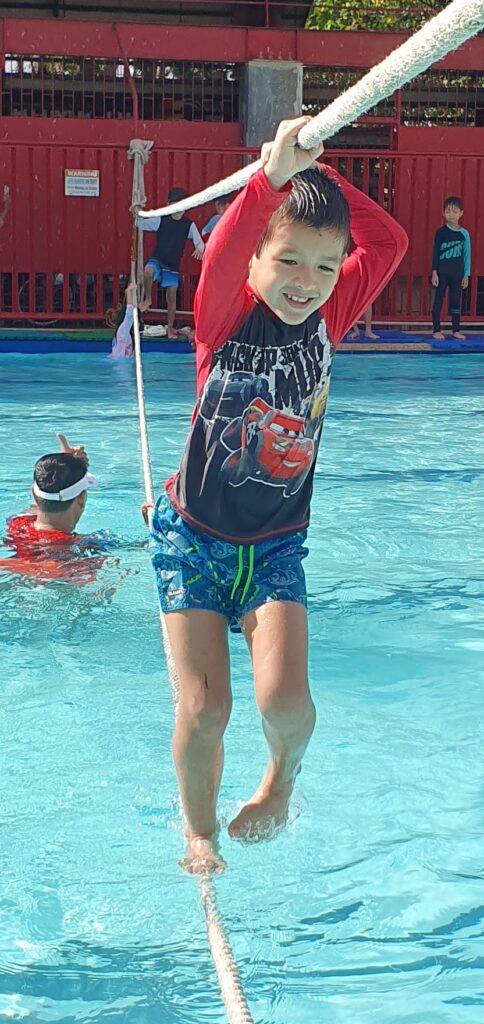
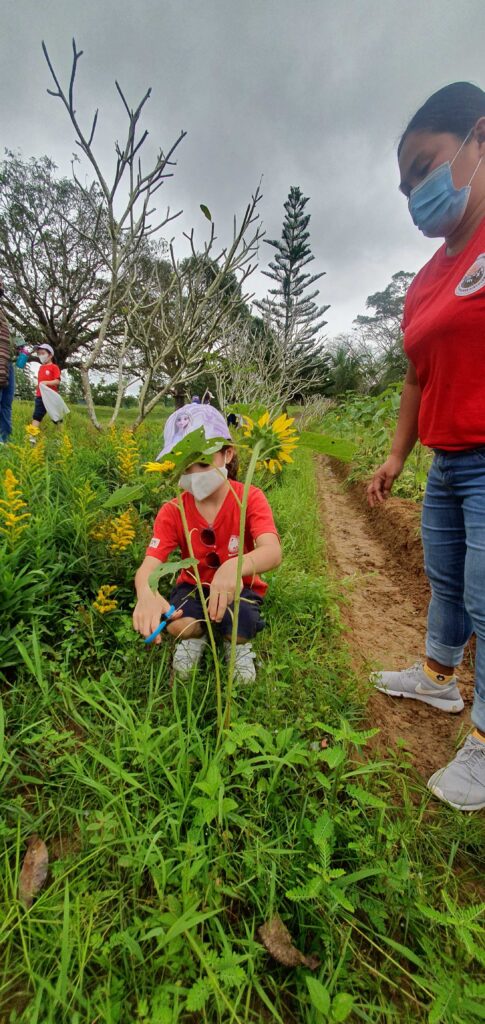
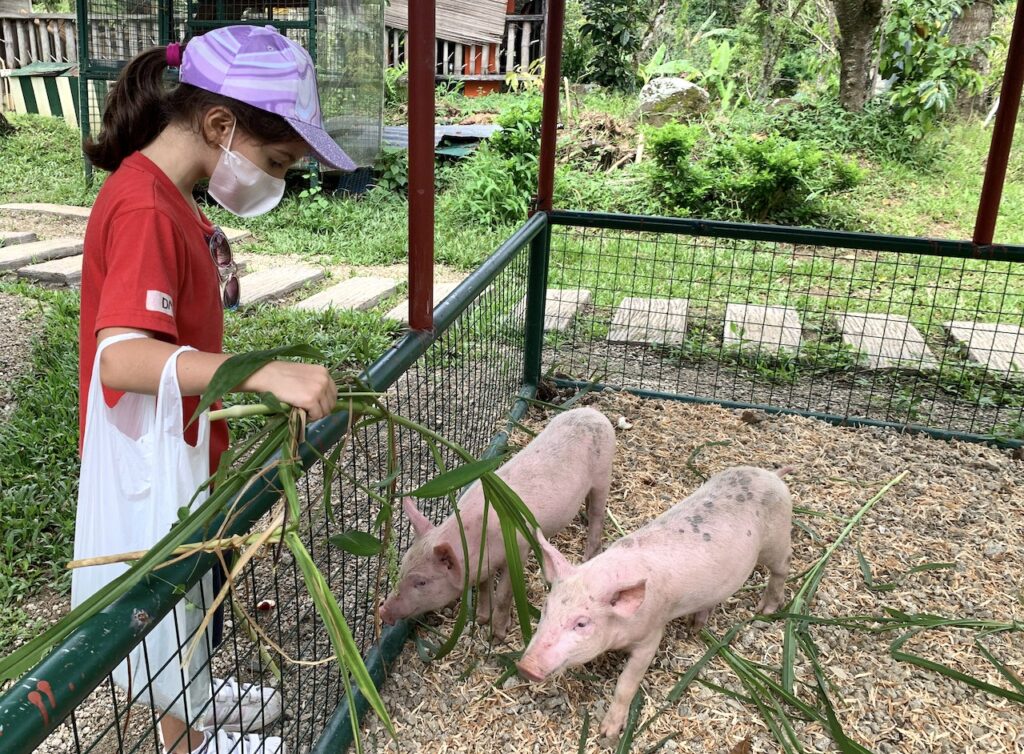
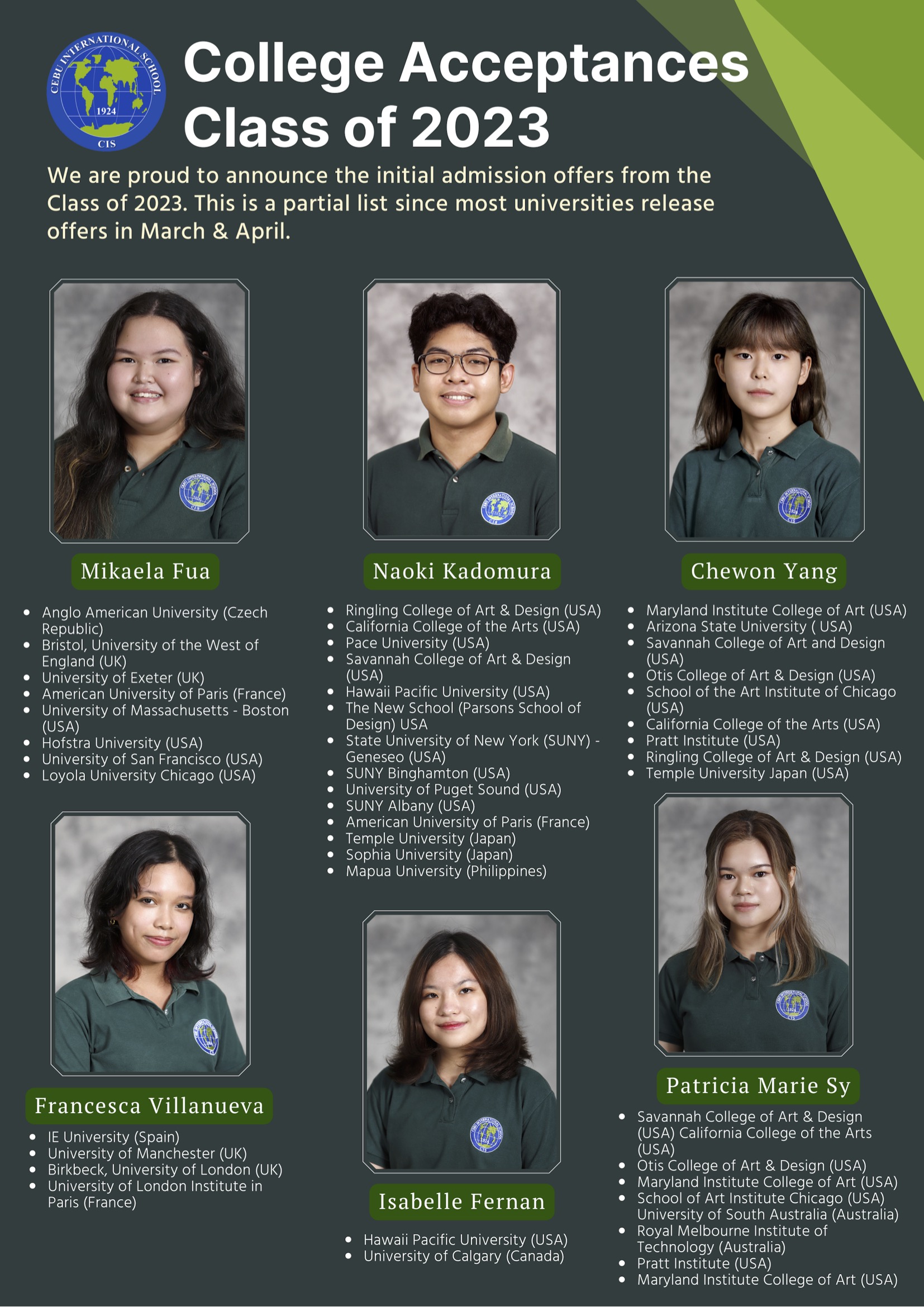
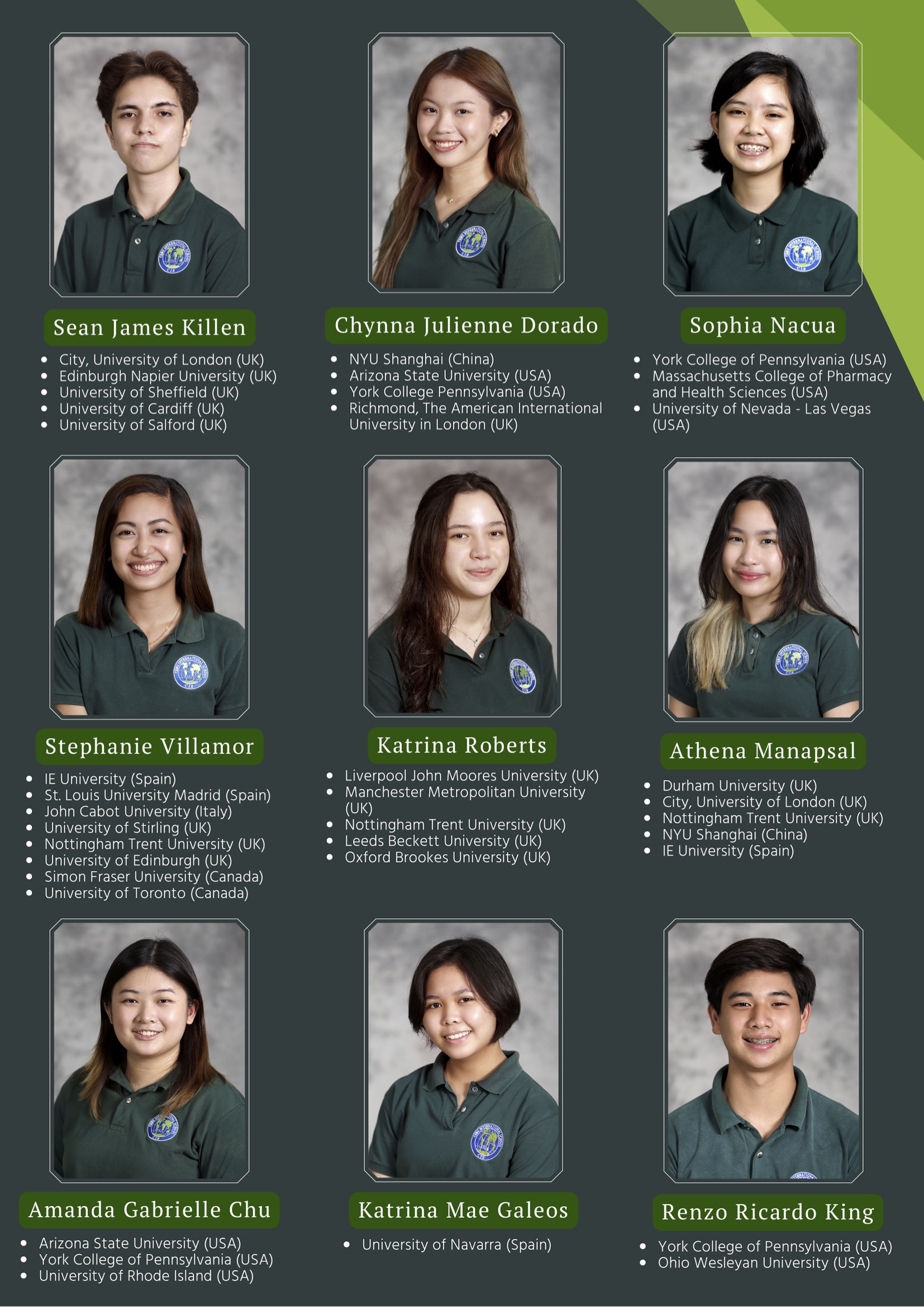
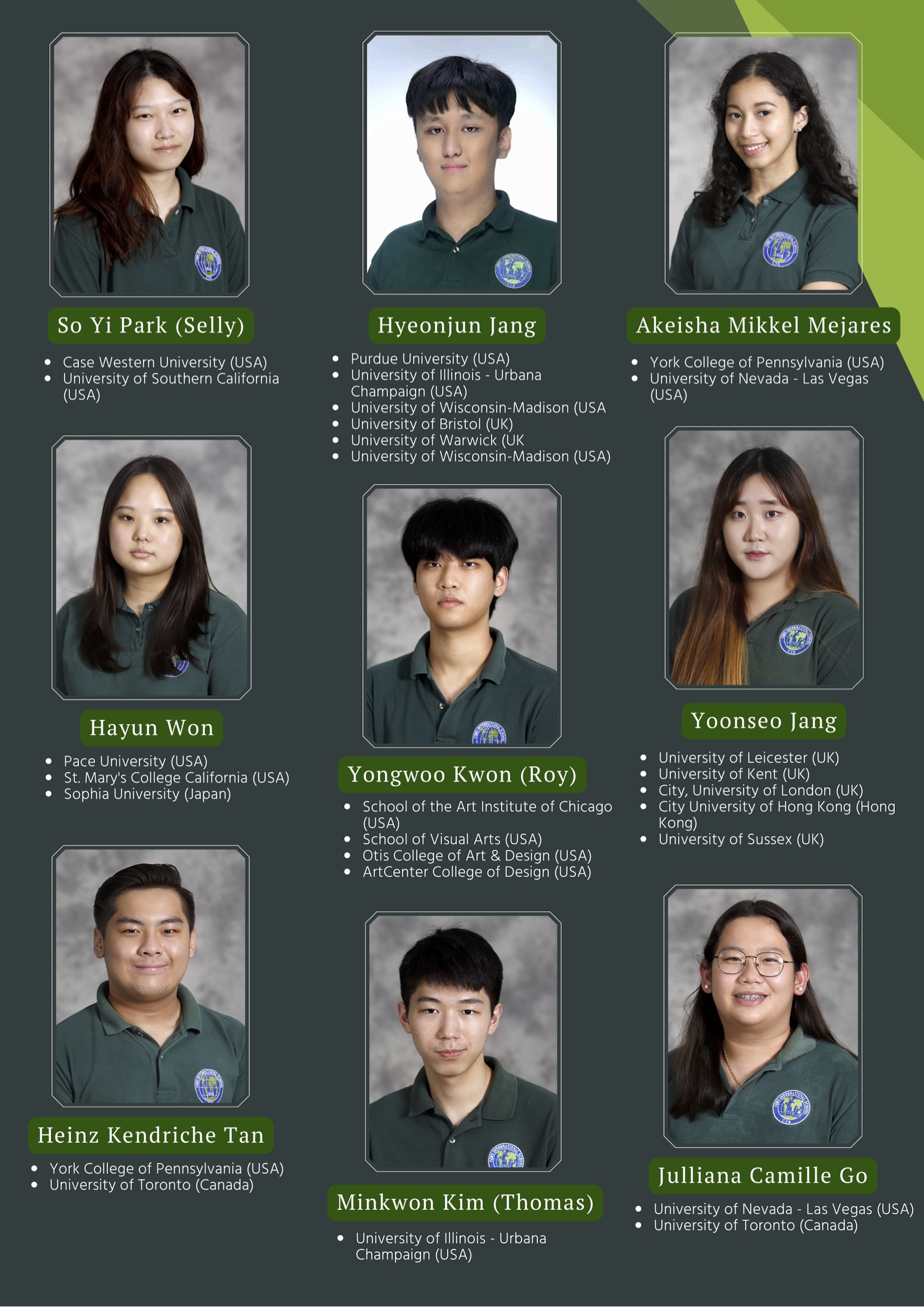

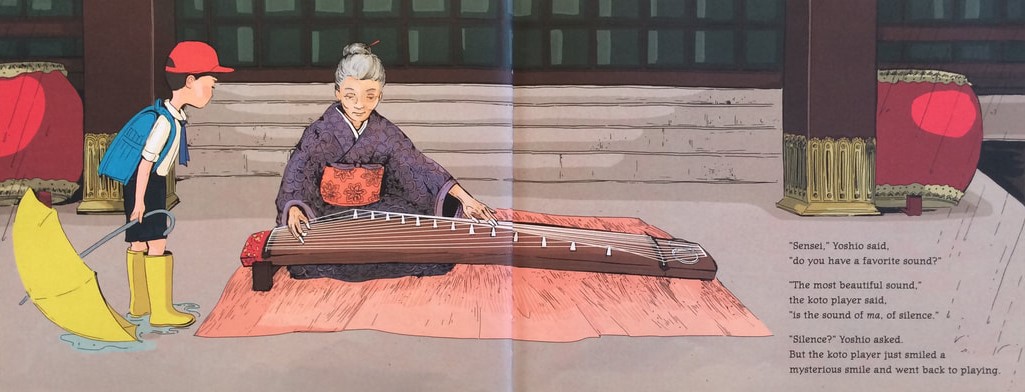
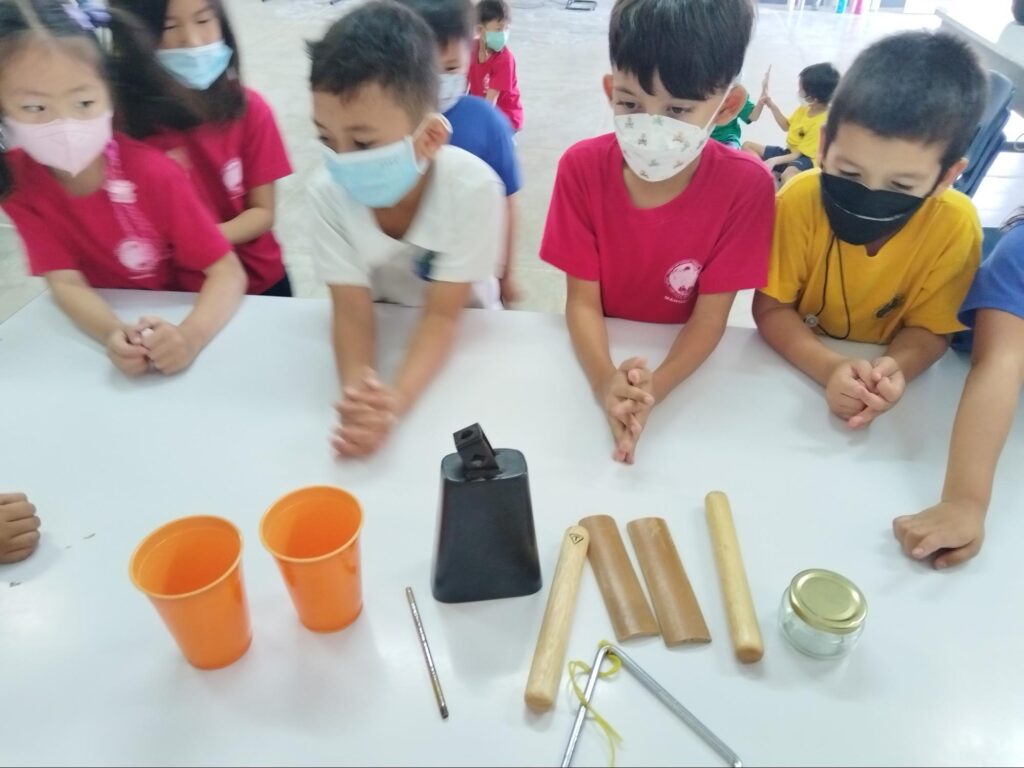
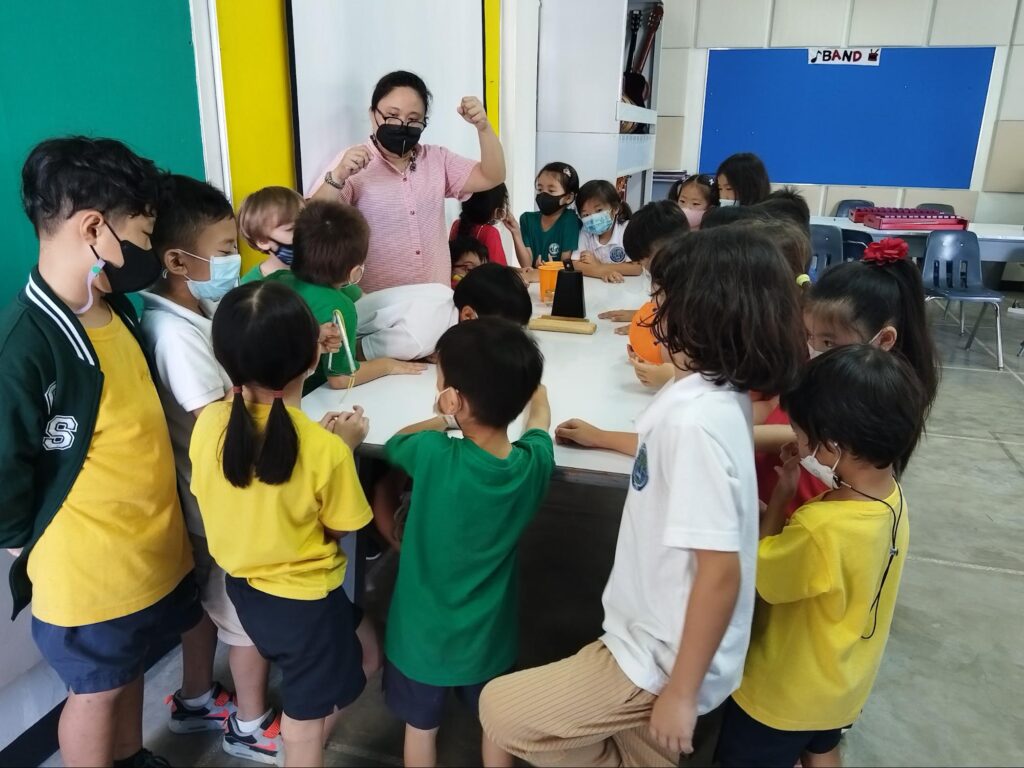
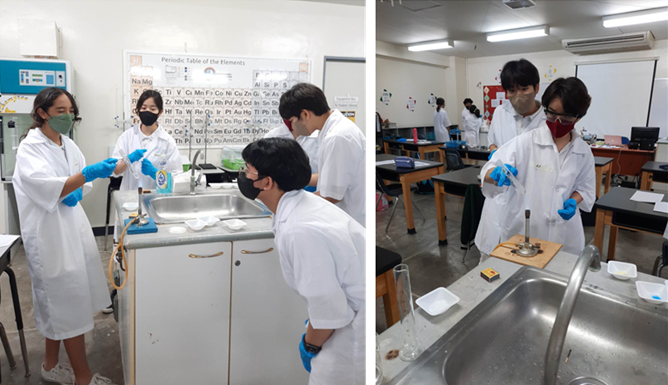

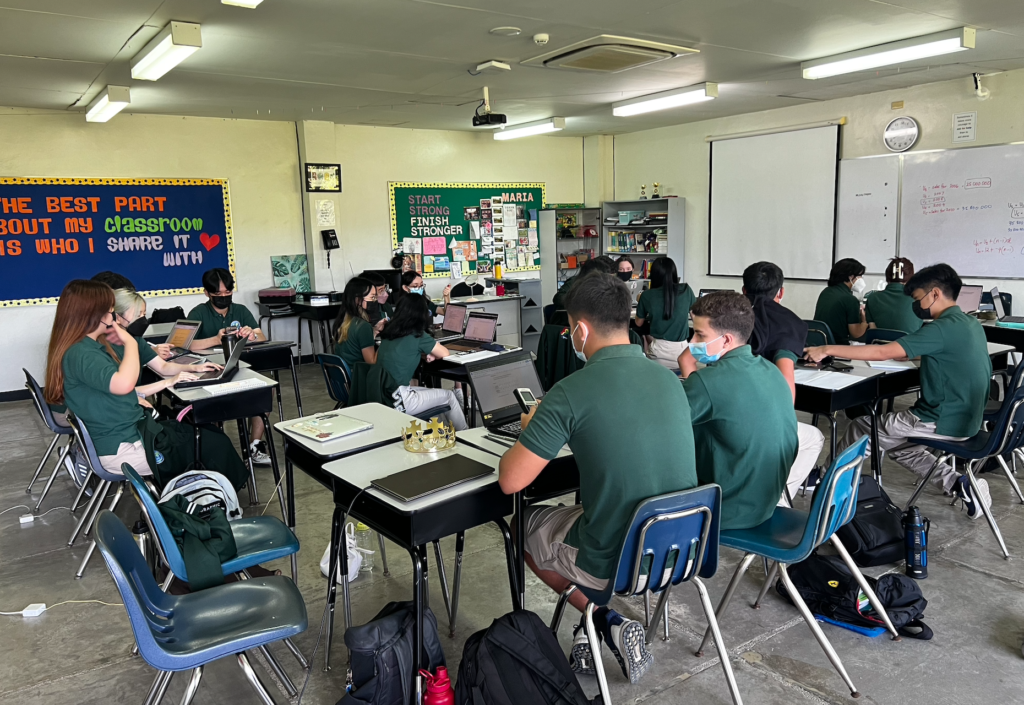
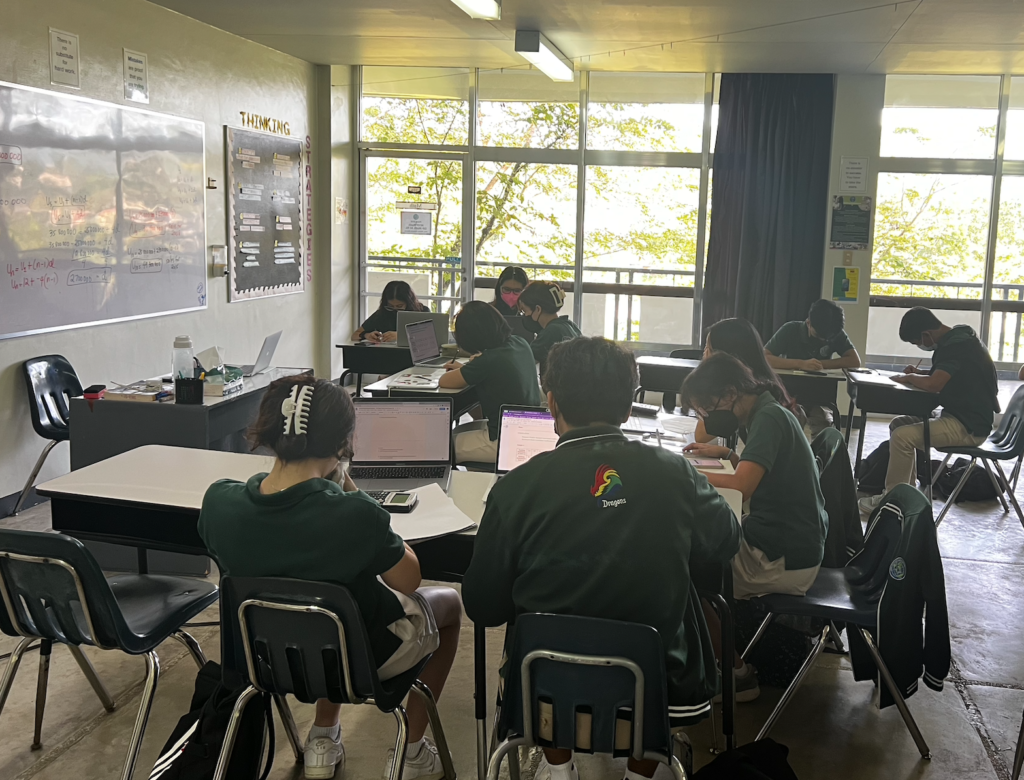
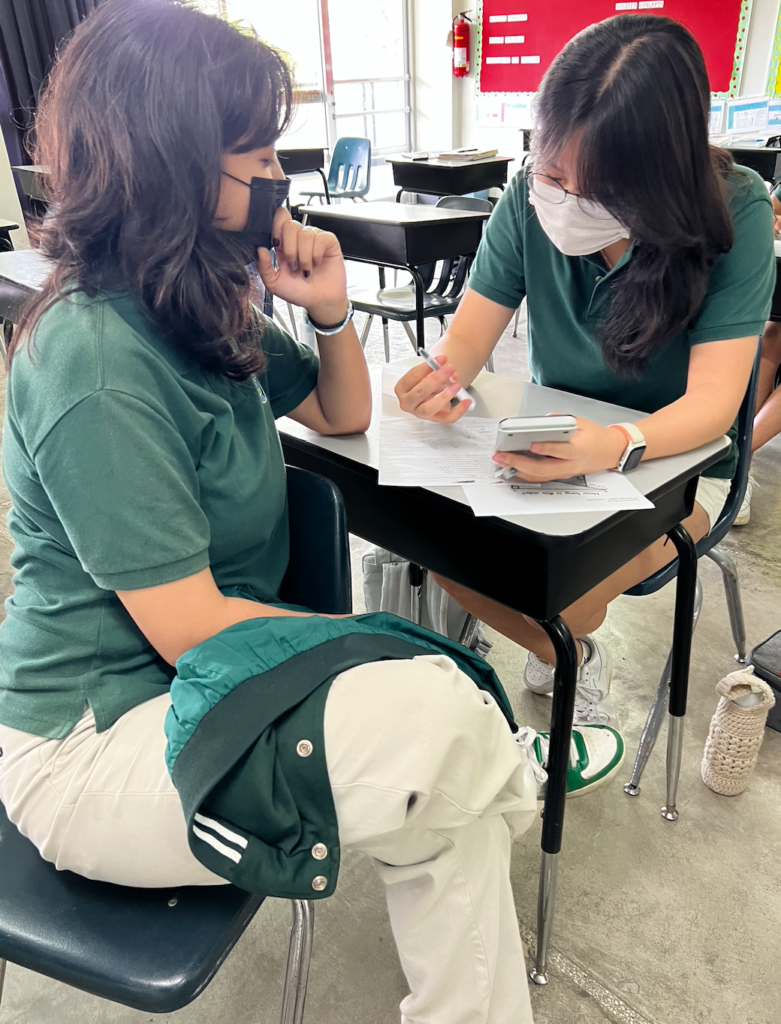
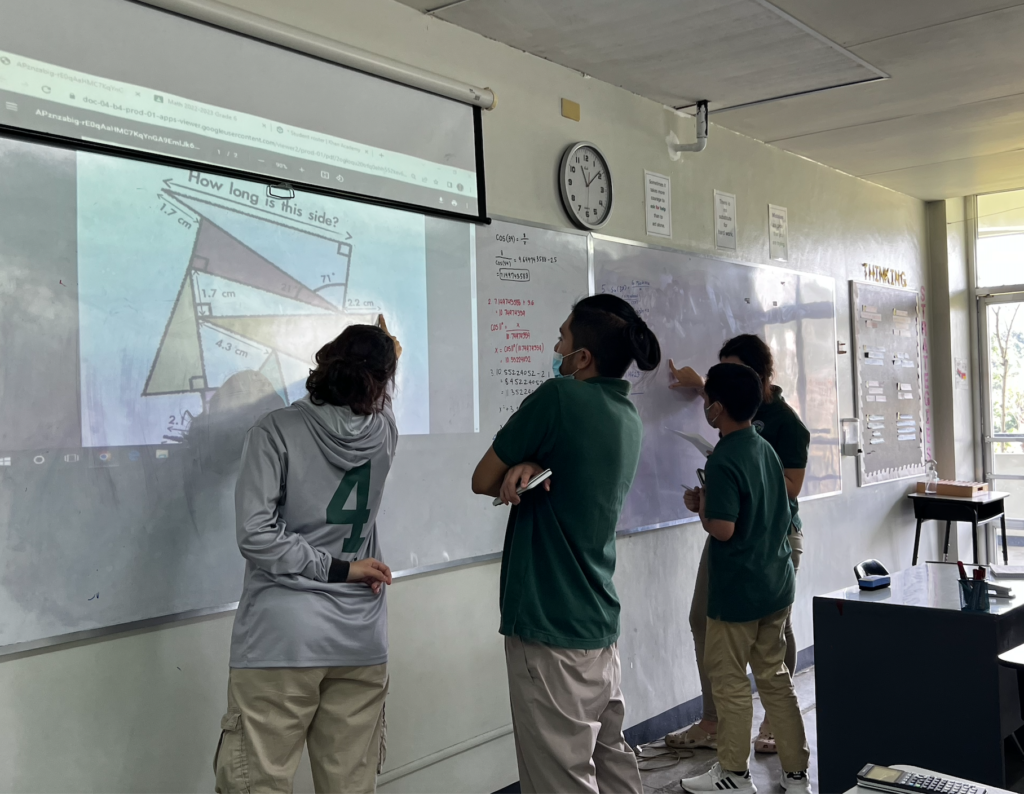
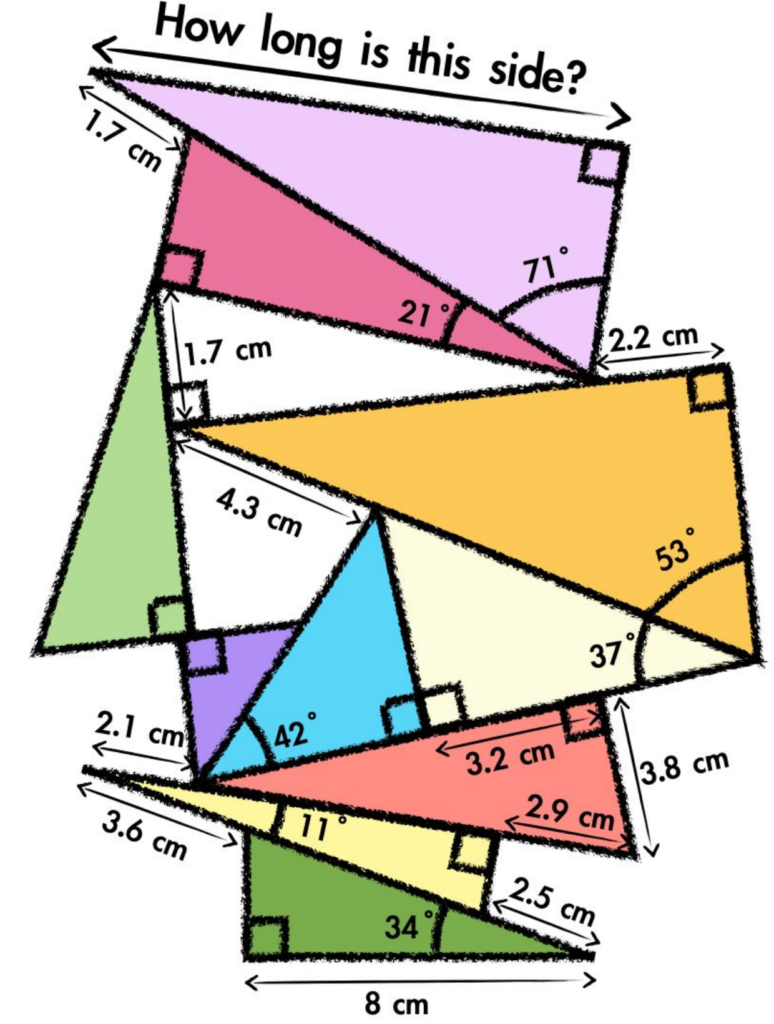 Learning how to use different ratios to find missing information, solve problems and how it is applied in the real world are some of the essential skills for this unit.
Learning how to use different ratios to find missing information, solve problems and how it is applied in the real world are some of the essential skills for this unit. 


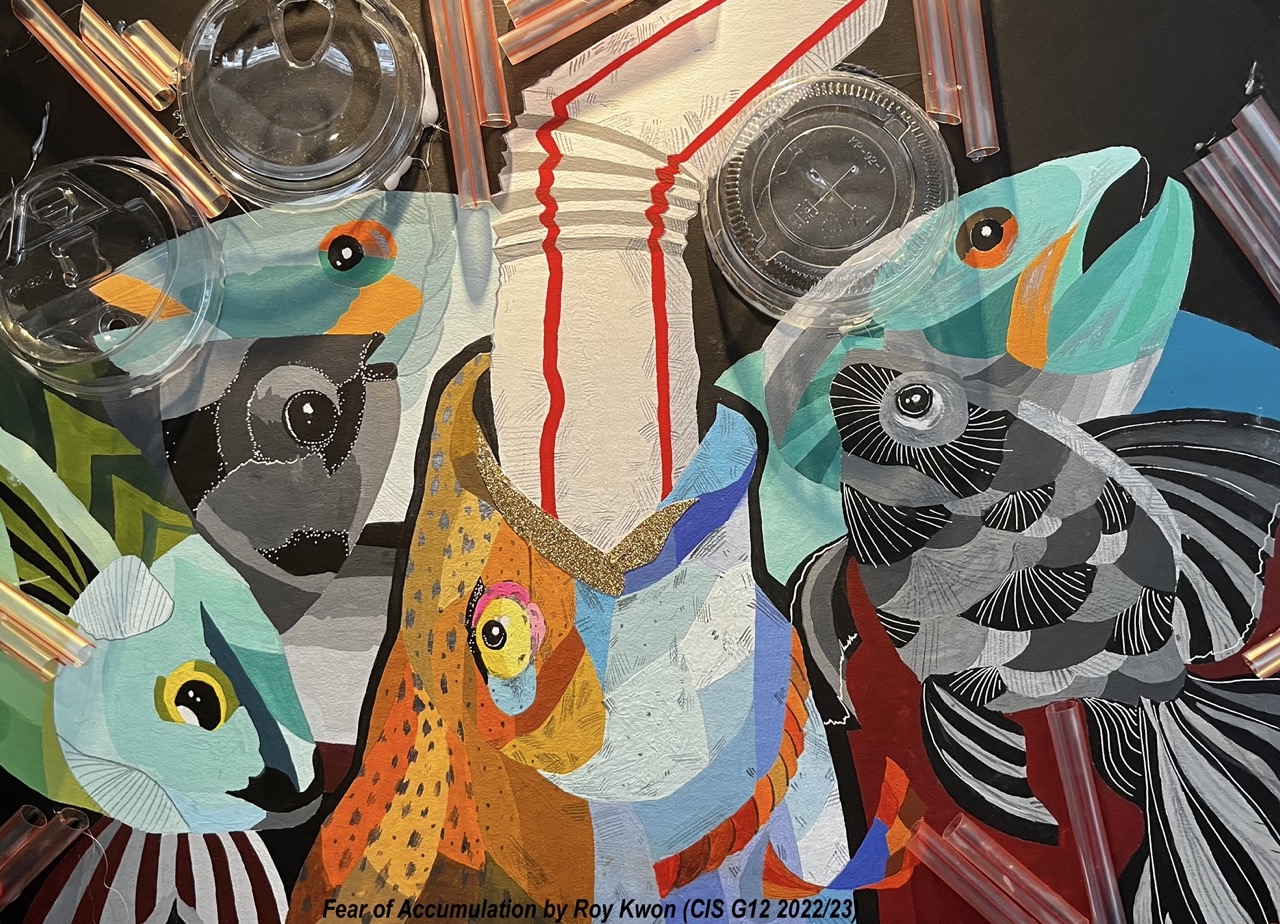
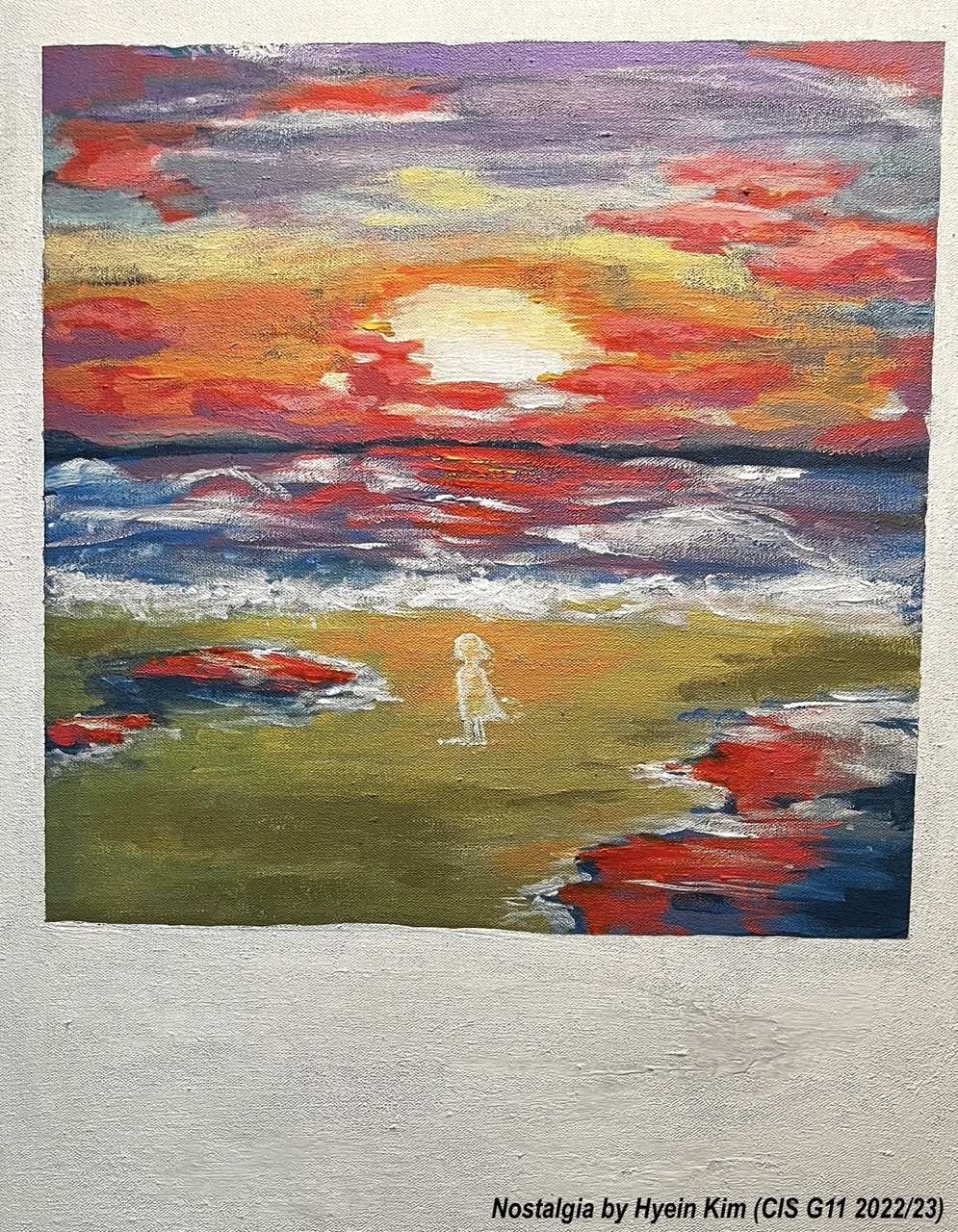

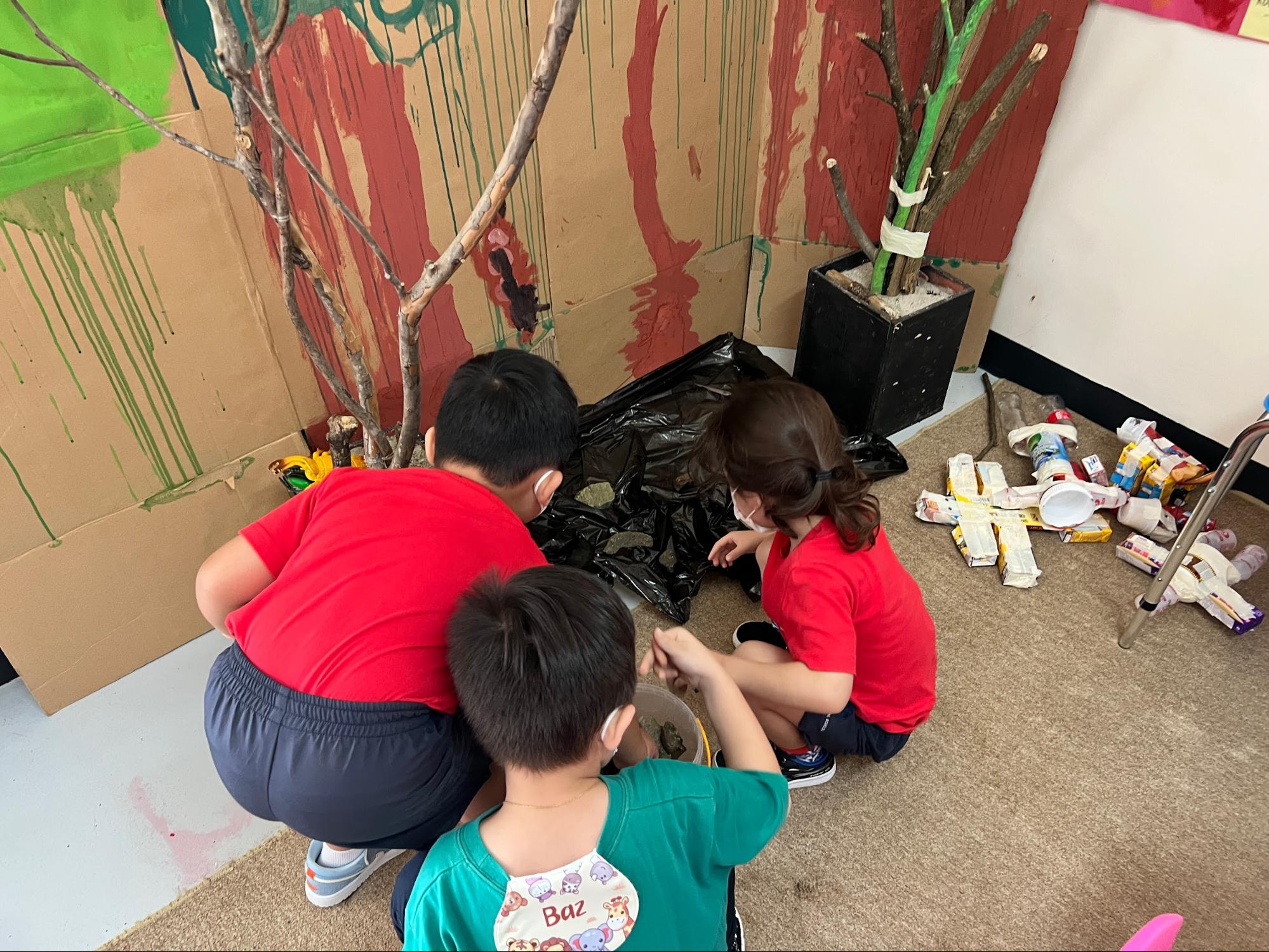
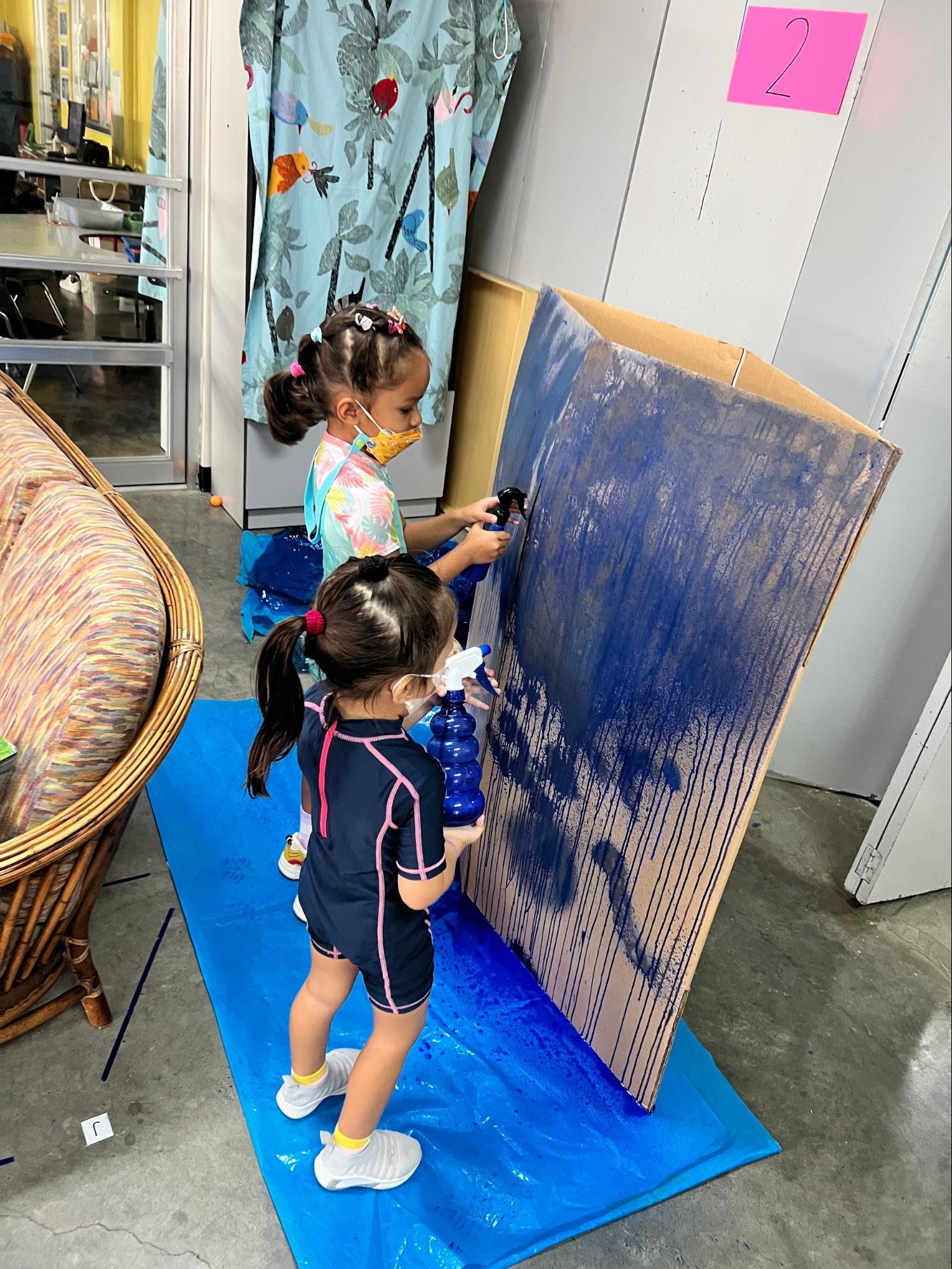
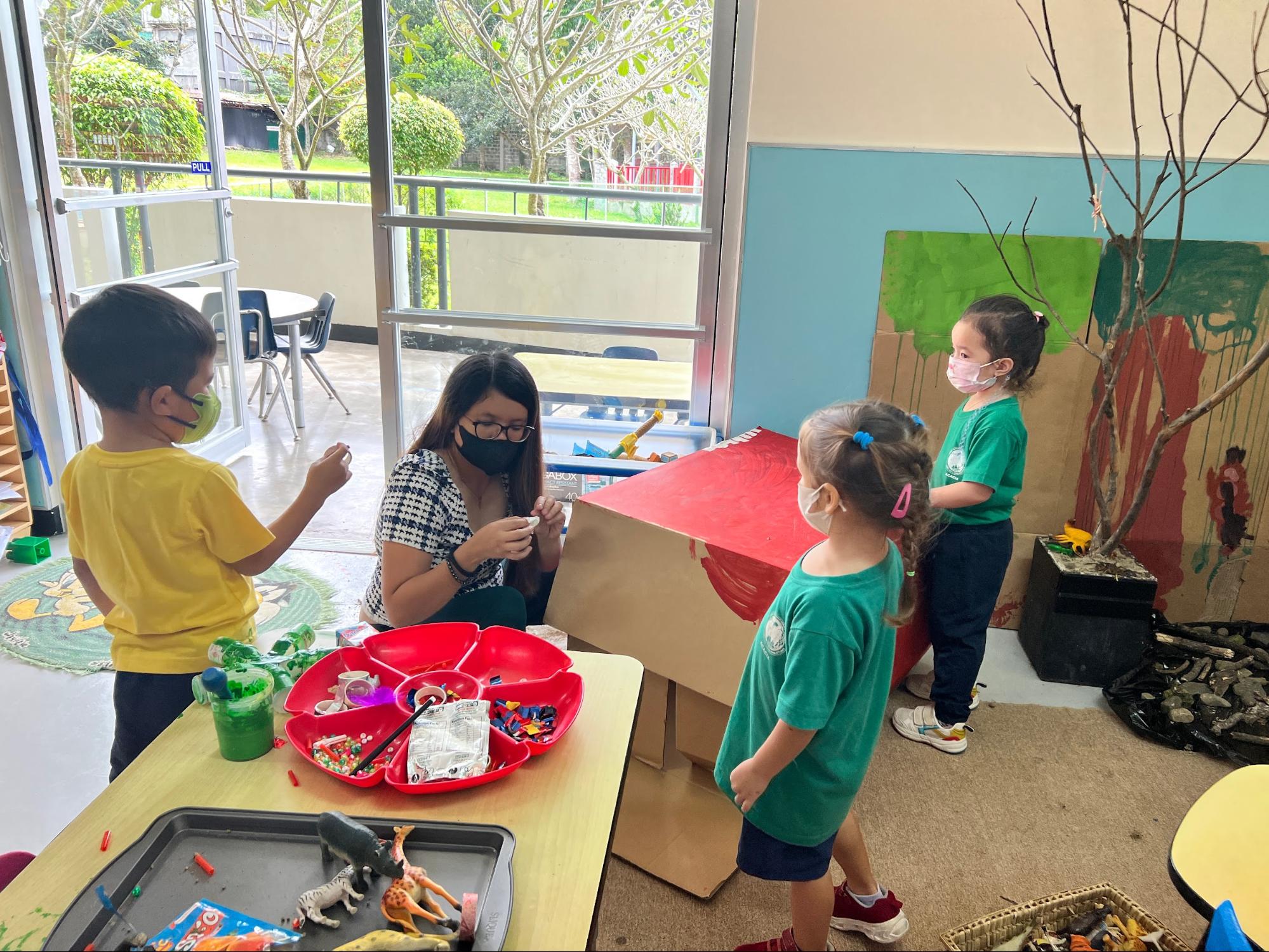
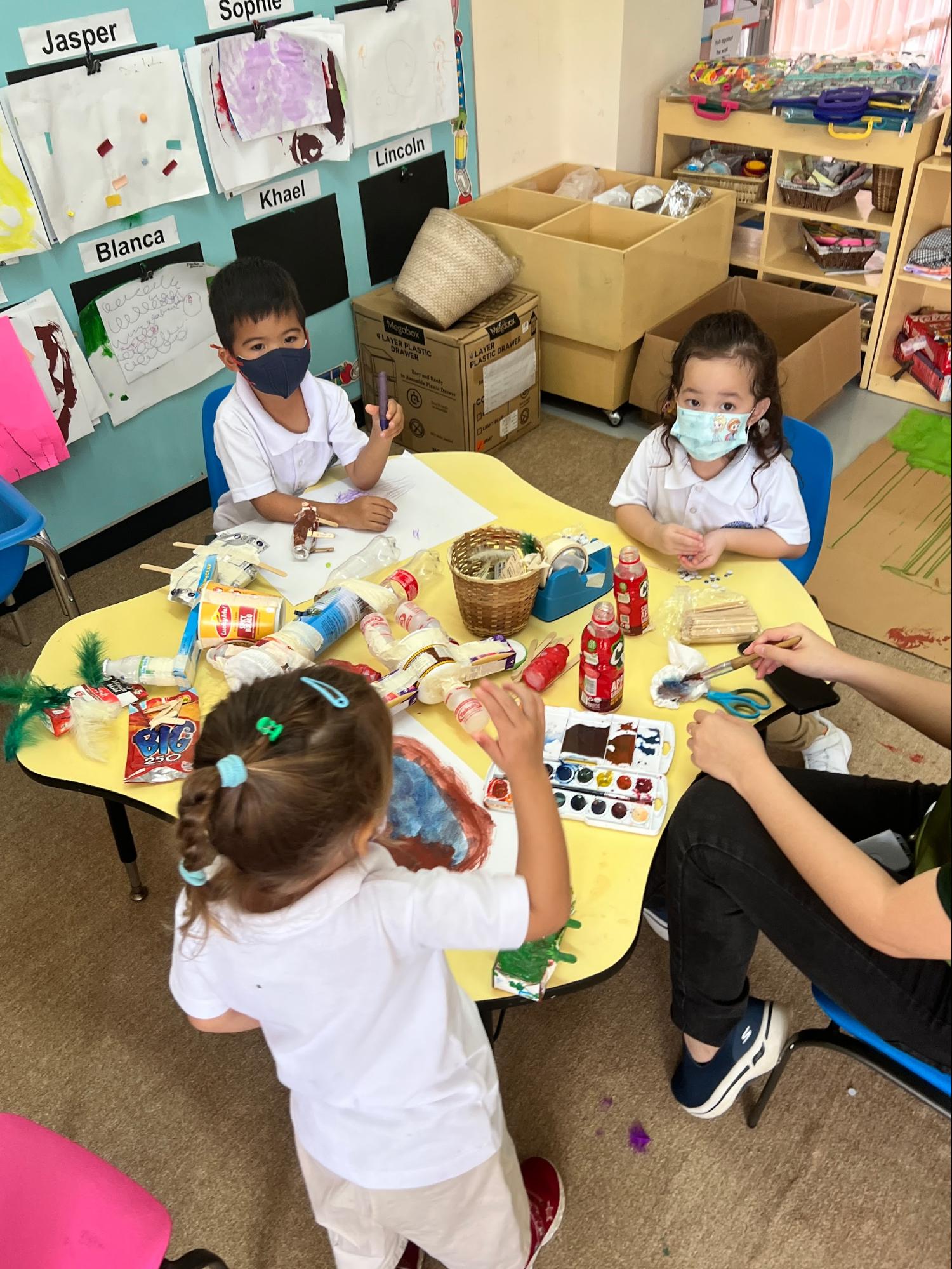
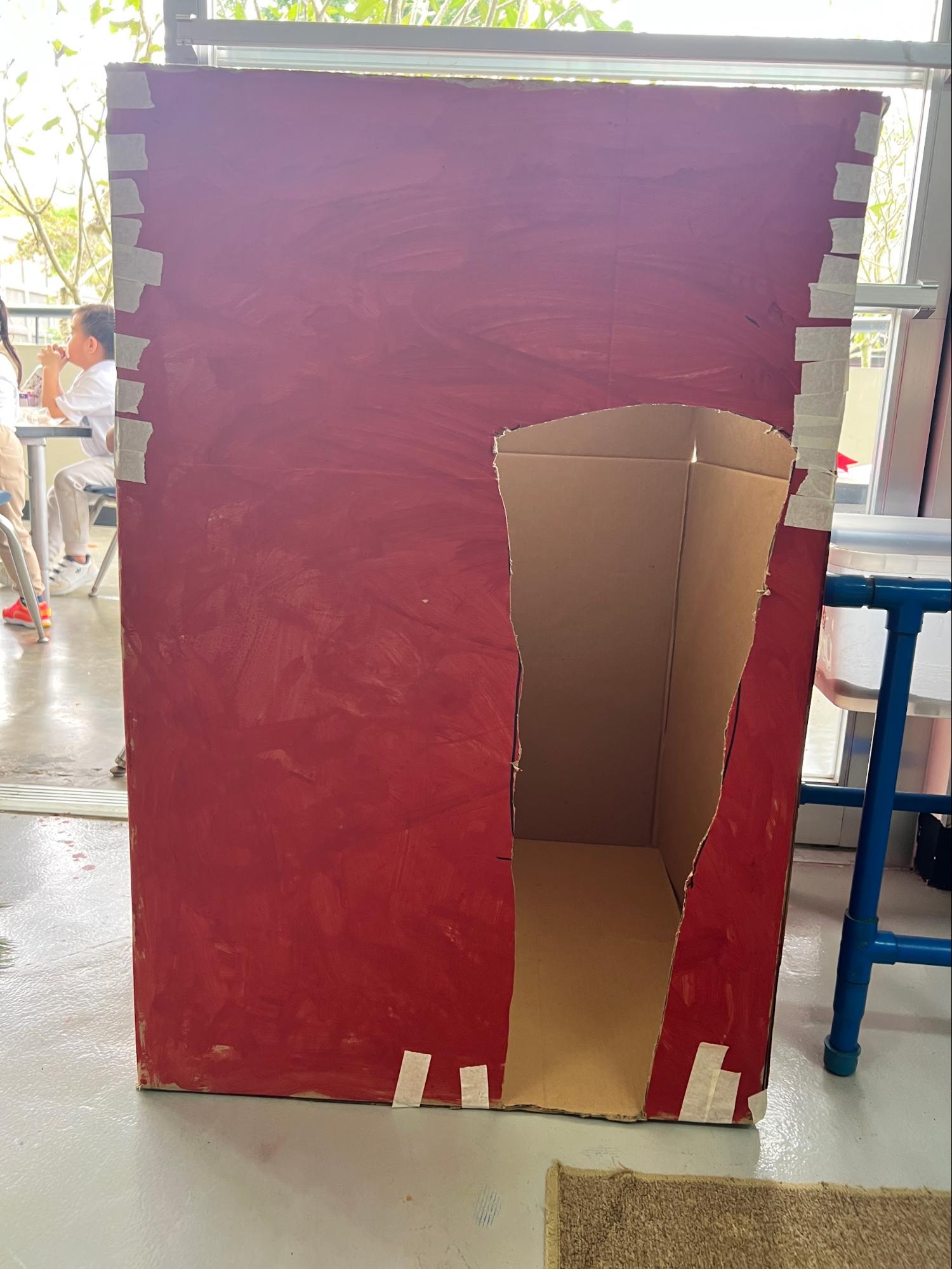
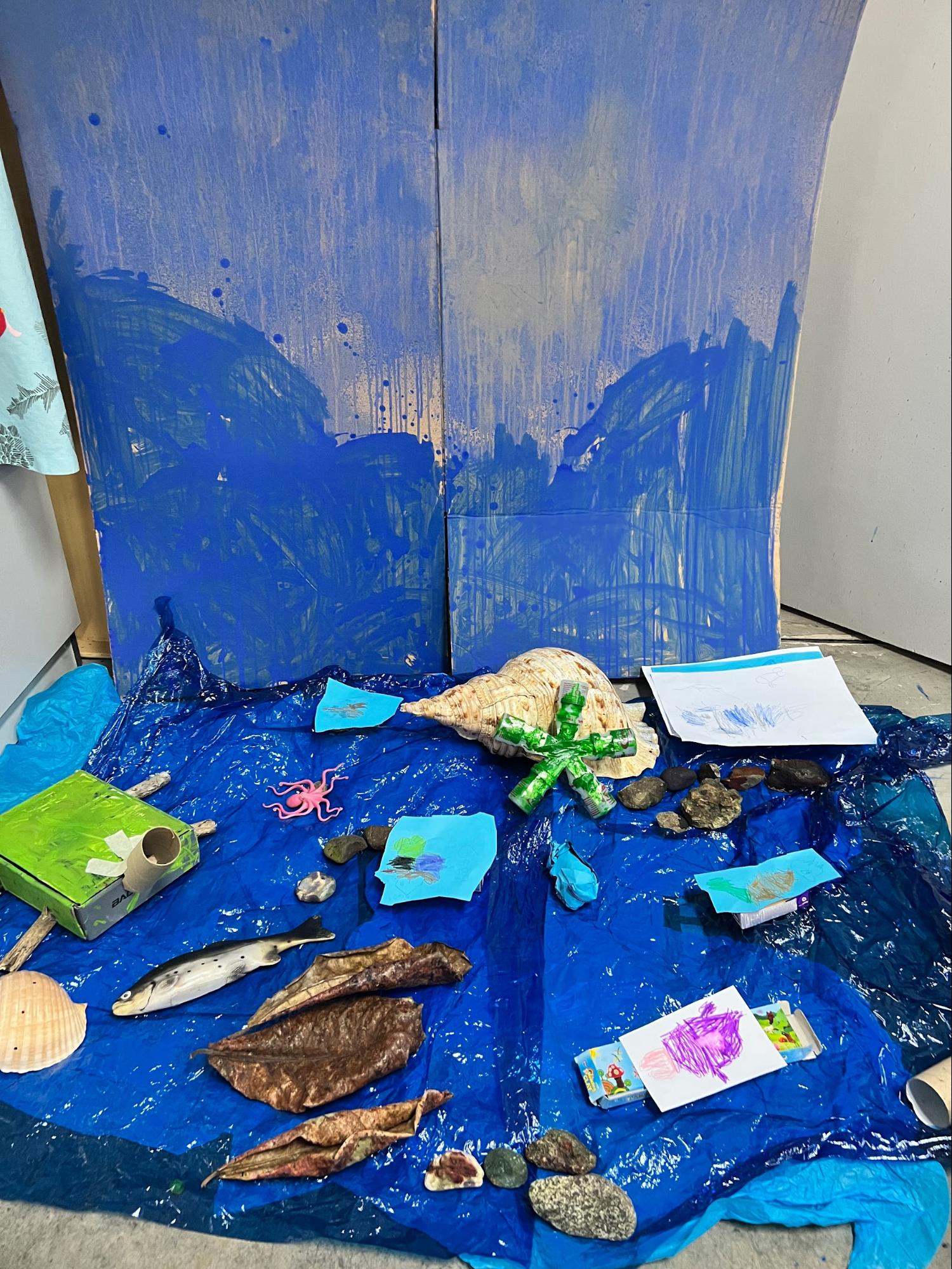
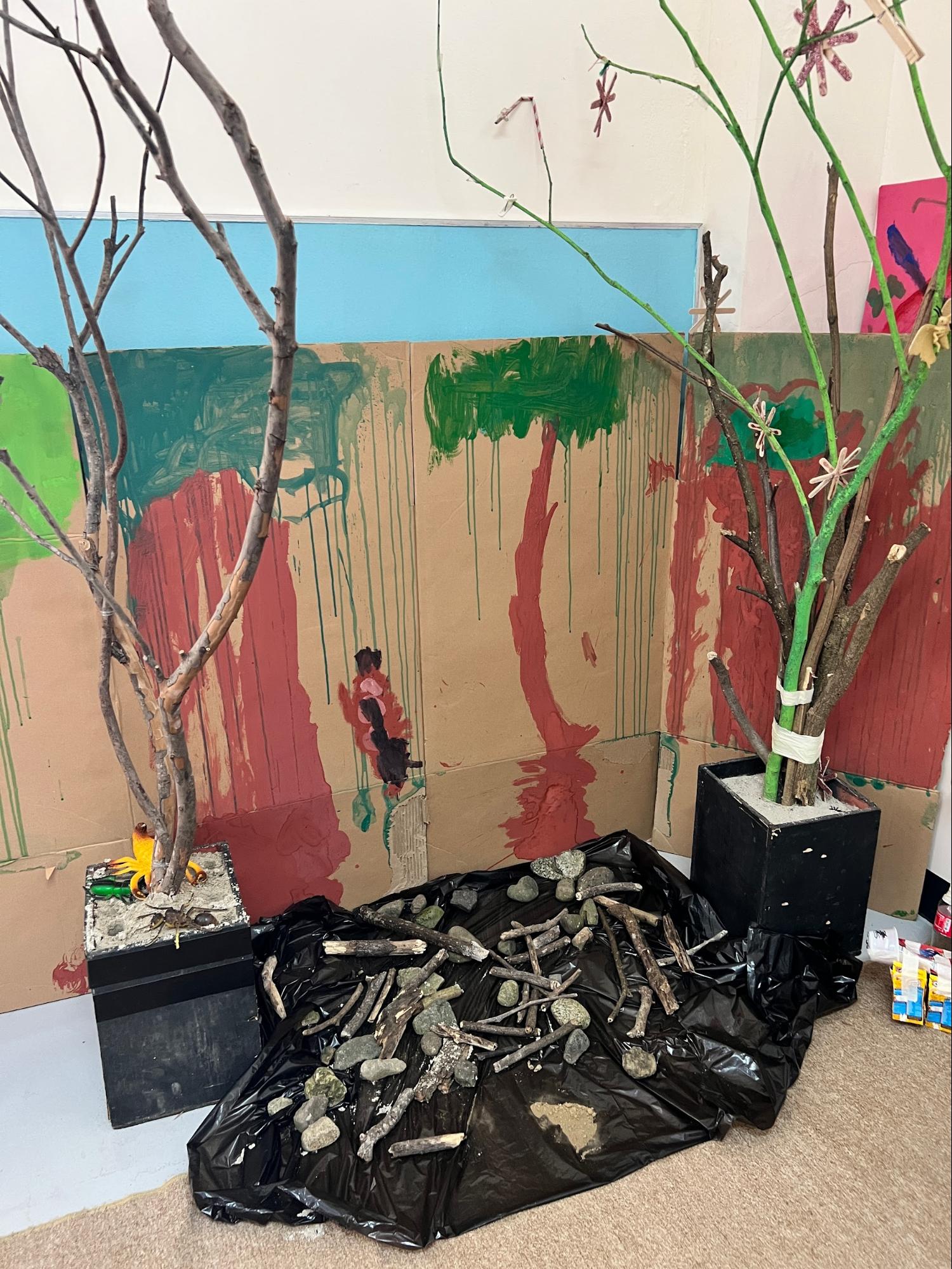
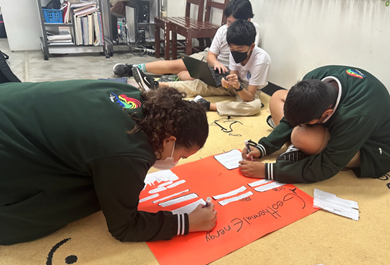
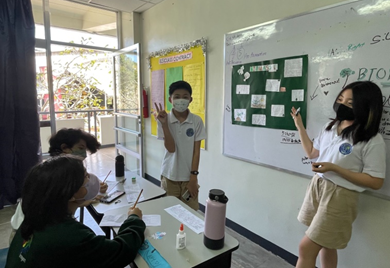
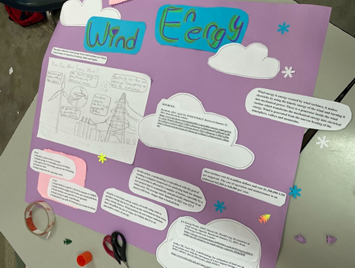
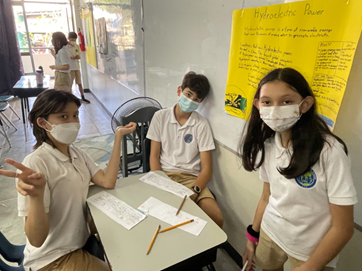
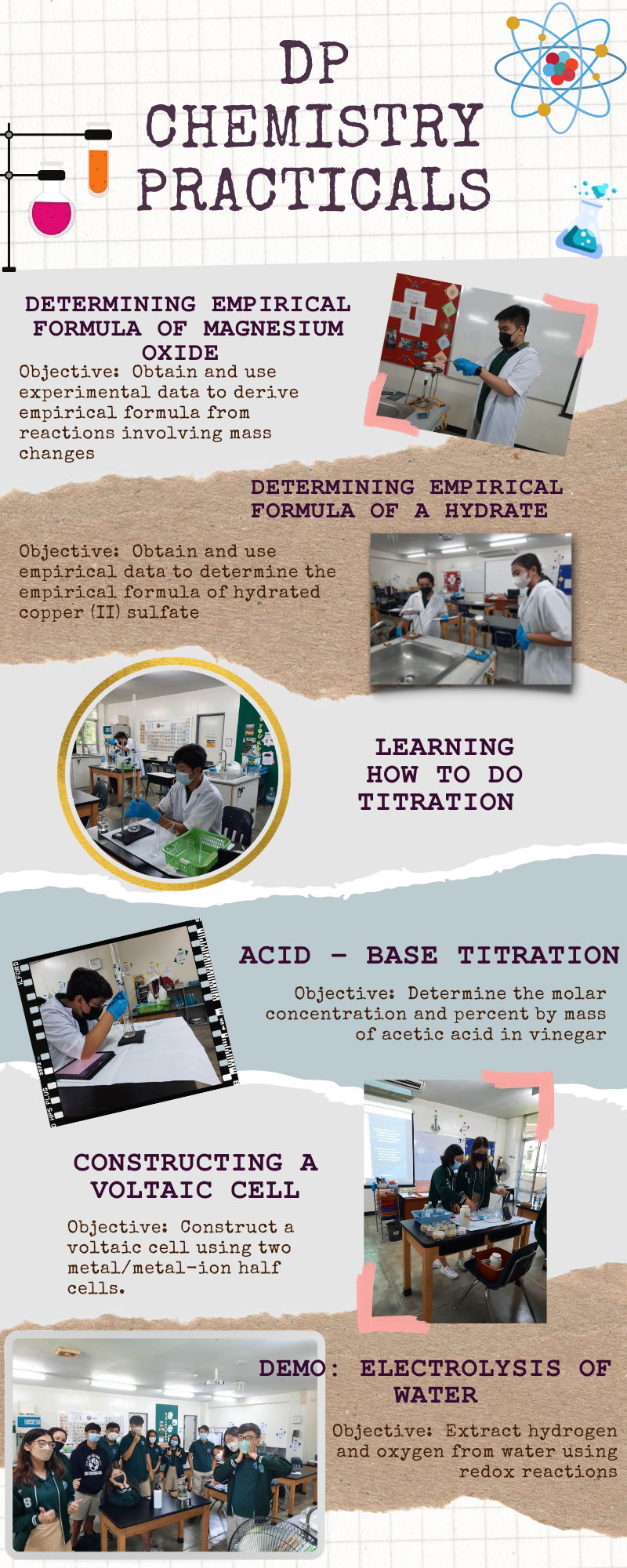
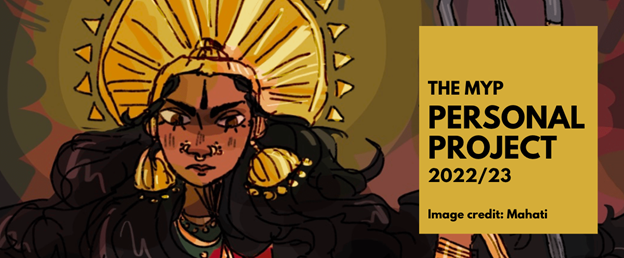
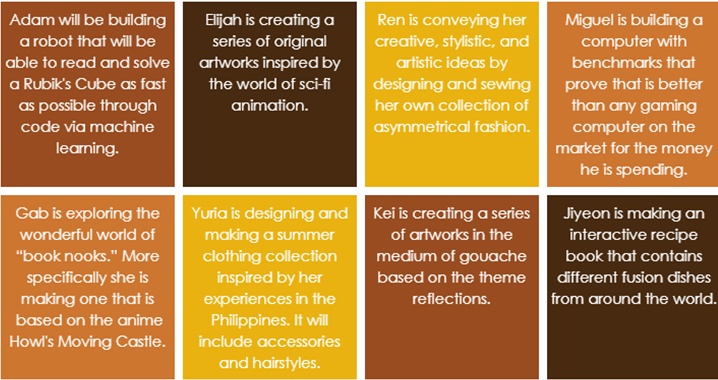
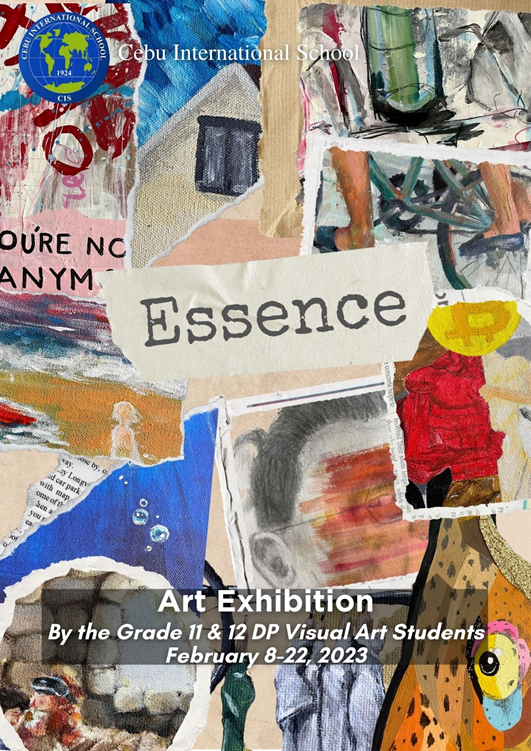
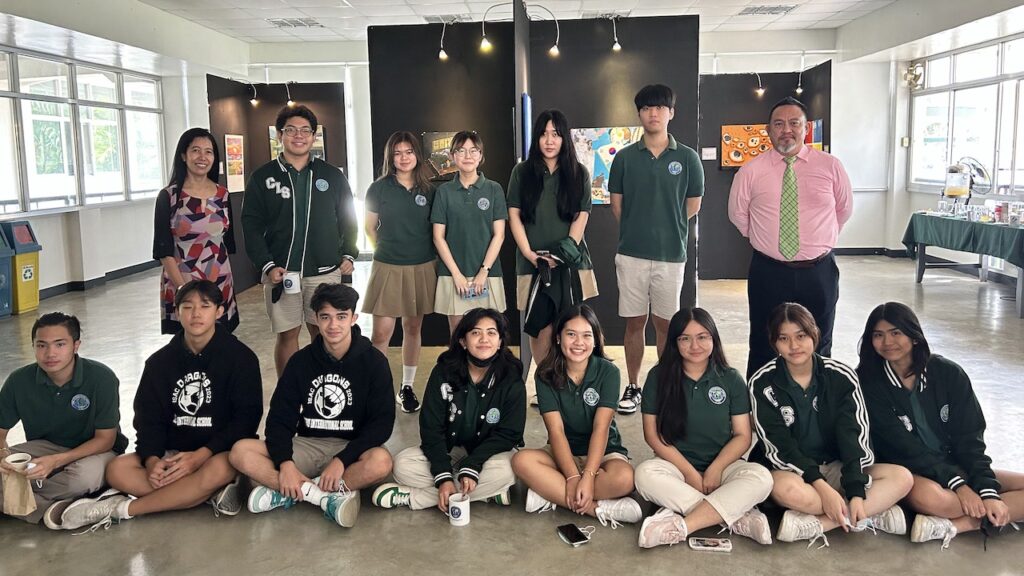



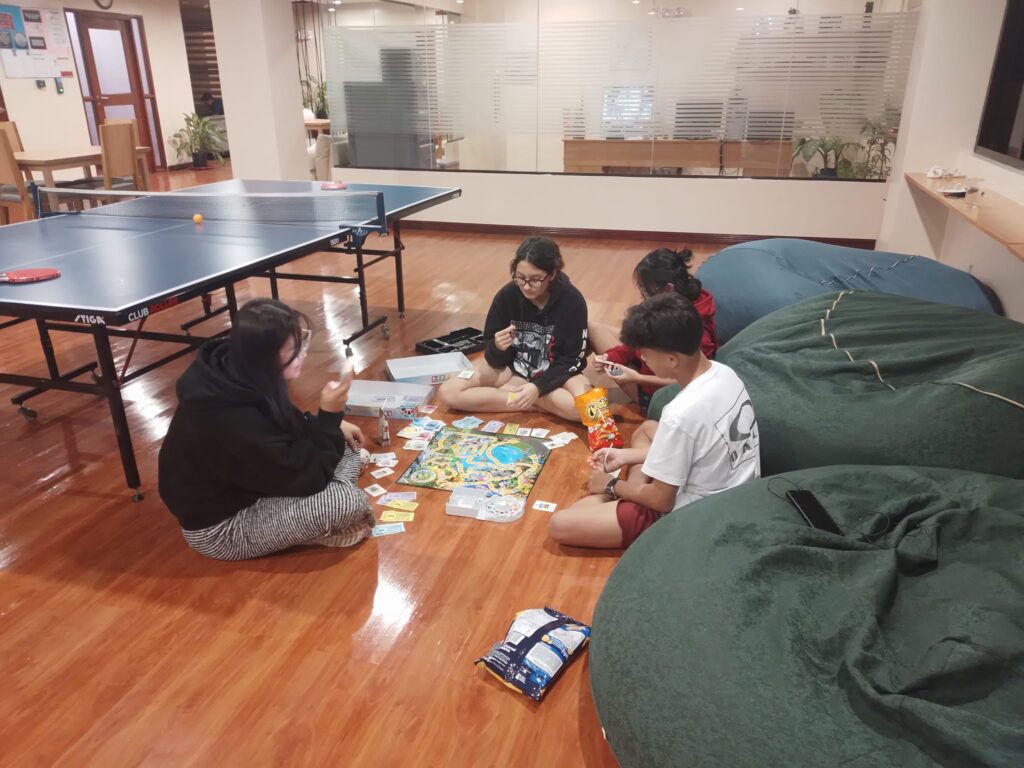
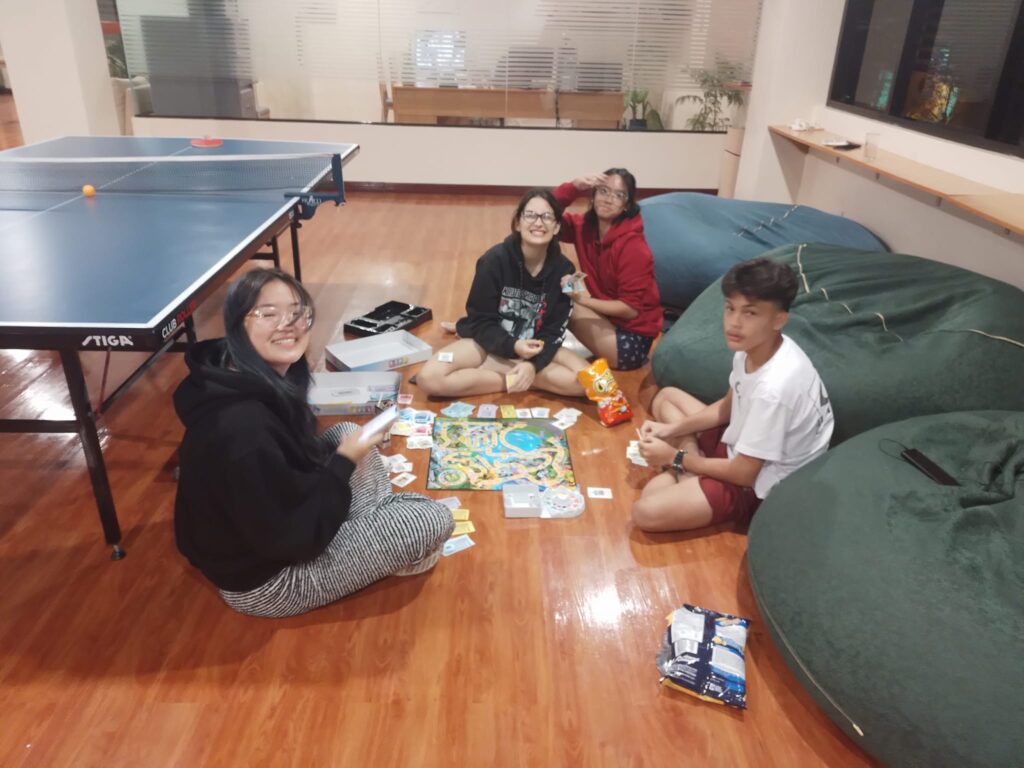



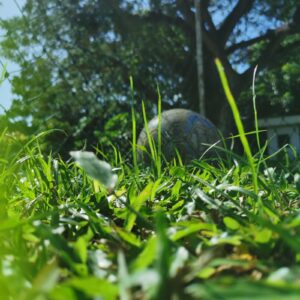
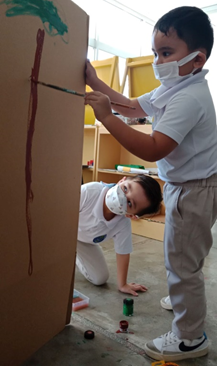 The EY2/3 students are so diligent in painting a tree using poster paint on their big box to be used as the main background for their forest nature habitat diorama.
The EY2/3 students are so diligent in painting a tree using poster paint on their big box to be used as the main background for their forest nature habitat diorama.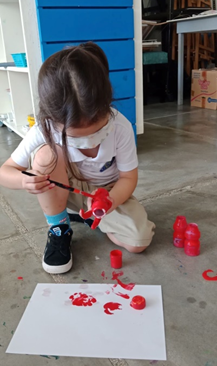
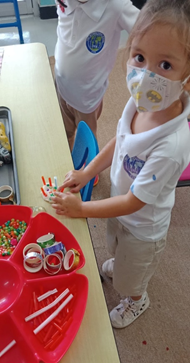
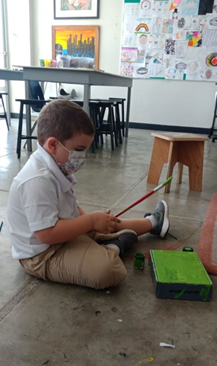
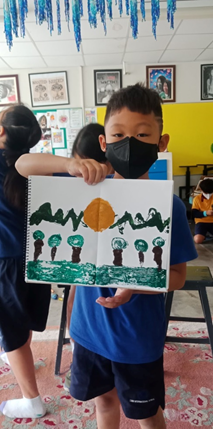
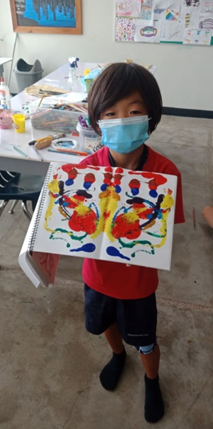
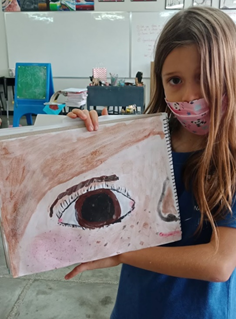
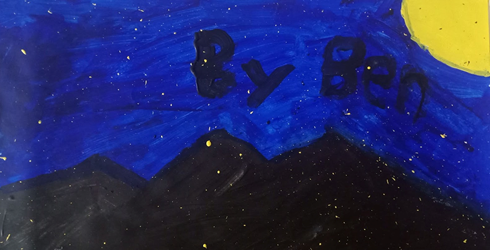
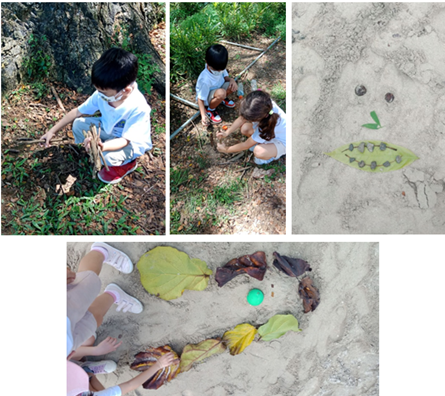 Do you look to get outside and make art? Our K/G1 students do!
Do you look to get outside and make art? Our K/G1 students do!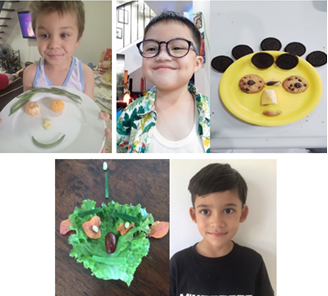 What better way to make a self-portrait using only natural materials than using those that can be found in the kitchen?
What better way to make a self-portrait using only natural materials than using those that can be found in the kitchen? 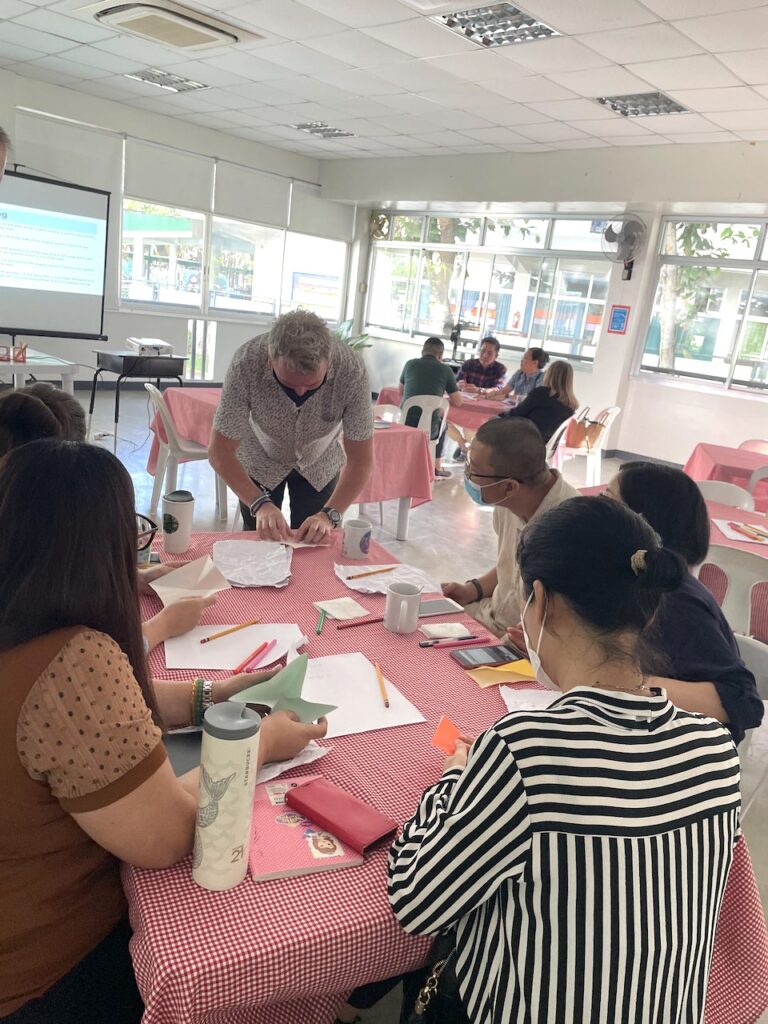 The goal of the meeting was to illustrate how everyone can be successful in Mathematics, there is no such thing as a “maths person”. We explored how Mathematics can be a wonderfully creative subject about creating solution paths that others can see, discuss, and critique. Most importantly, we discussed how depth is much more important than speed – a Maths class is about learning, not performing.
The goal of the meeting was to illustrate how everyone can be successful in Mathematics, there is no such thing as a “maths person”. We explored how Mathematics can be a wonderfully creative subject about creating solution paths that others can see, discuss, and critique. Most importantly, we discussed how depth is much more important than speed – a Maths class is about learning, not performing.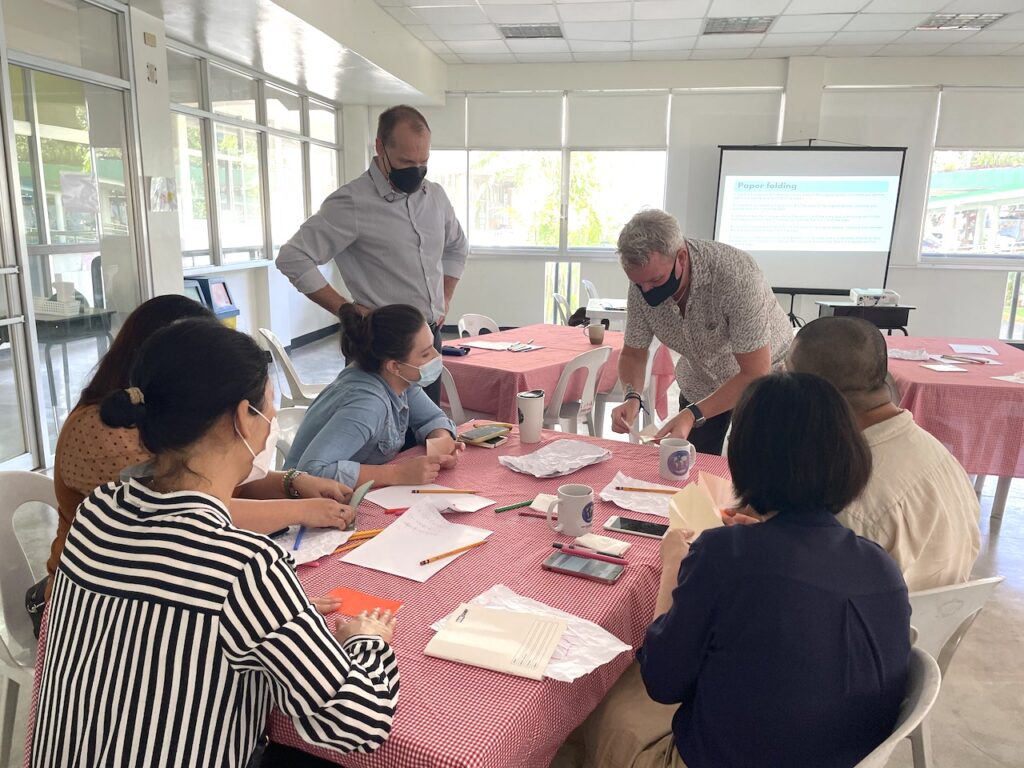
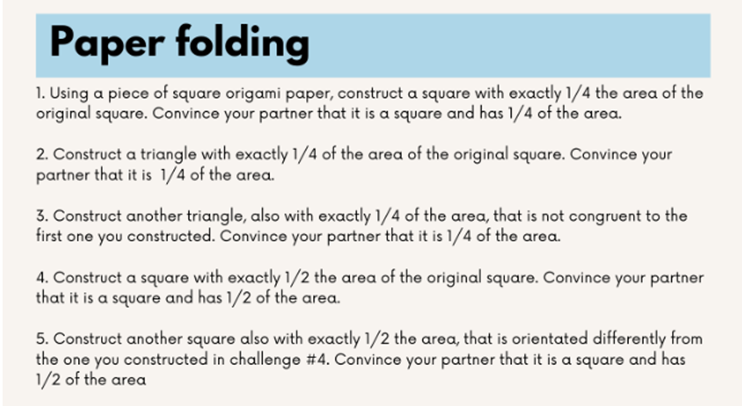
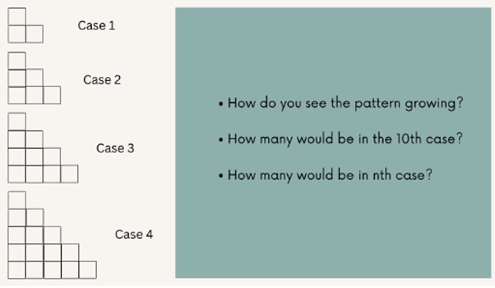 the sense that everyone is able to see how the pattern is growing and would be able to describe or show others in the group. The interesting aspect is that some may see it grow in different ways than others. There are multiple ways to solve problems in Mathematics, which is why it is very much a creative subject. The task gets more challenging as we are asked to predict and then verify how many squares would be in the 10th case. This problem is “high ceiling” as you could discuss what would the pattern look like in the cases of 0 and -1.
the sense that everyone is able to see how the pattern is growing and would be able to describe or show others in the group. The interesting aspect is that some may see it grow in different ways than others. There are multiple ways to solve problems in Mathematics, which is why it is very much a creative subject. The task gets more challenging as we are asked to predict and then verify how many squares would be in the 10th case. This problem is “high ceiling” as you could discuss what would the pattern look like in the cases of 0 and -1.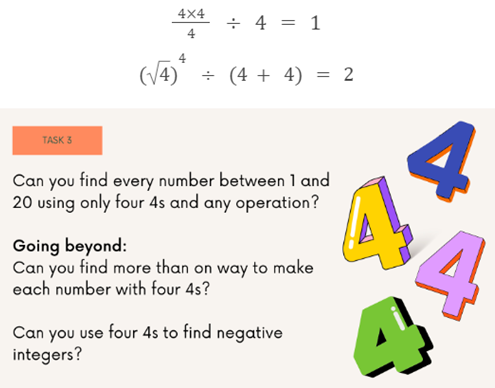
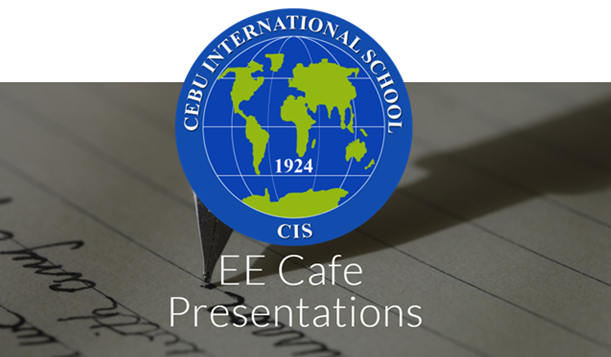
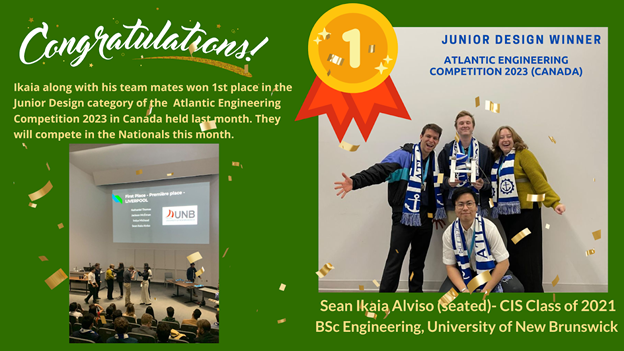


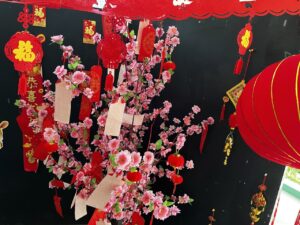
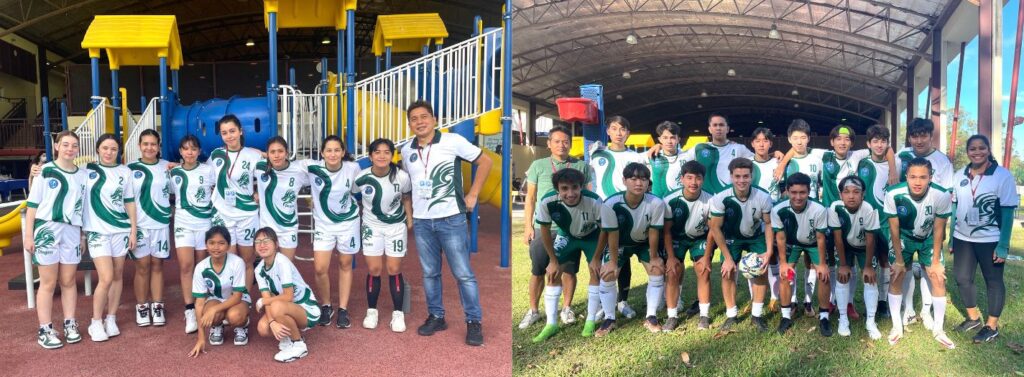

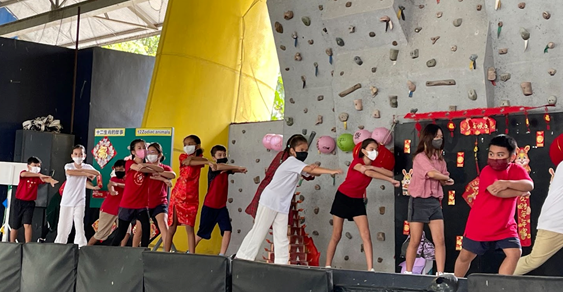 New Year performances. Grade 2 and 3 played the most important role during the opening of the Whole School Assembly and performed a joyful Dragon Dance 舞龙 (
New Year performances. Grade 2 and 3 played the most important role during the opening of the Whole School Assembly and performed a joyful Dragon Dance 舞龙 (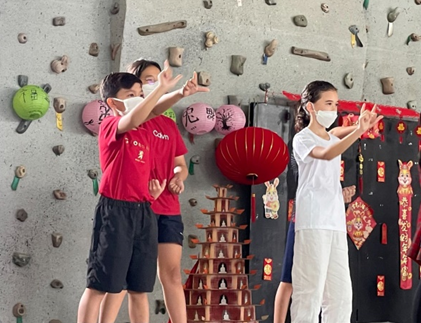
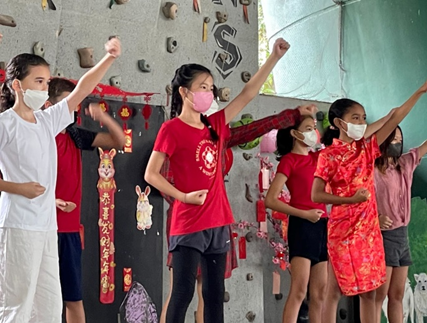
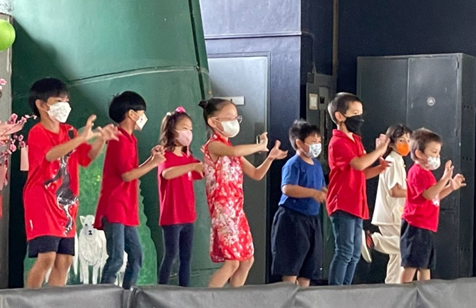
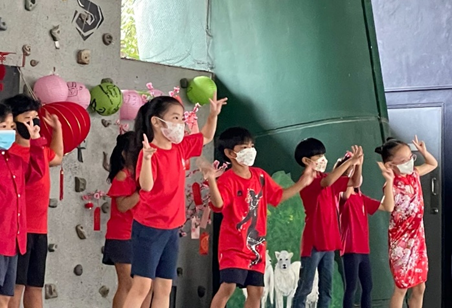
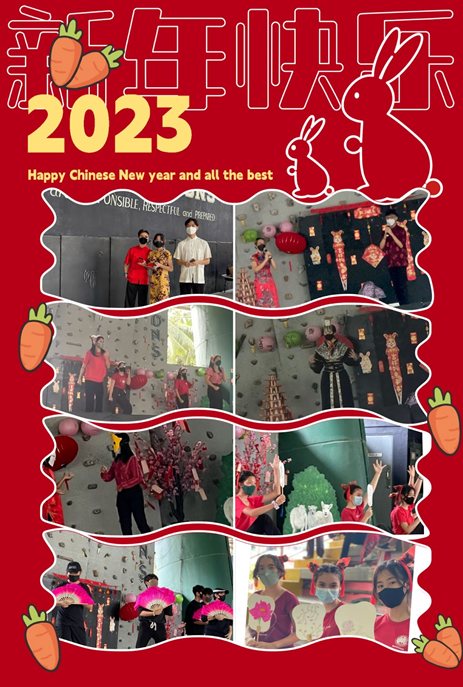 and the meaning of this festival. They have also experienced some activities by themselves. Apart from experiencing the celebration activities, the students also contributed their effort to our first whole school assembly in the second semester which took place on Tuesday.
and the meaning of this festival. They have also experienced some activities by themselves. Apart from experiencing the celebration activities, the students also contributed their effort to our first whole school assembly in the second semester which took place on Tuesday.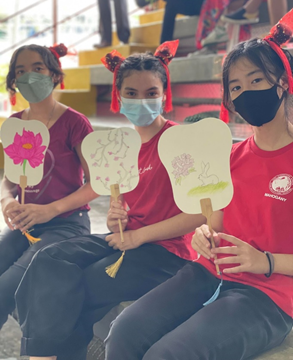
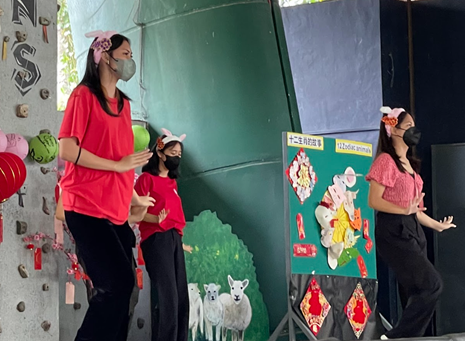
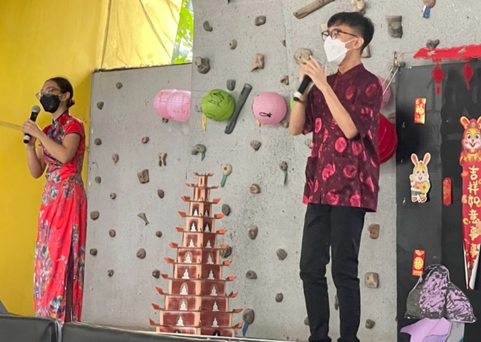
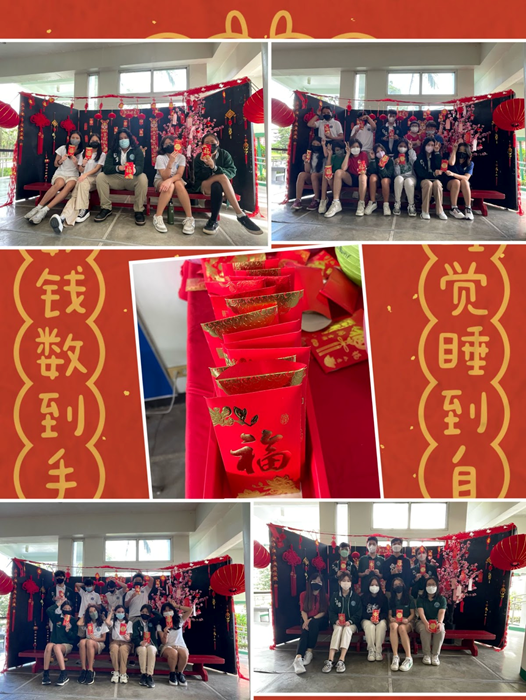
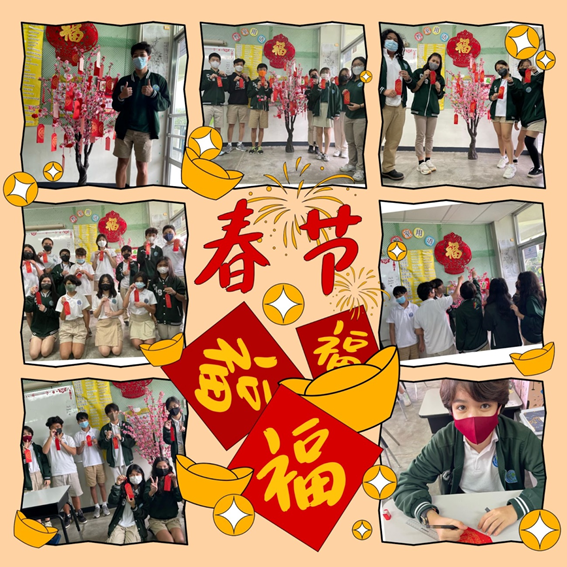
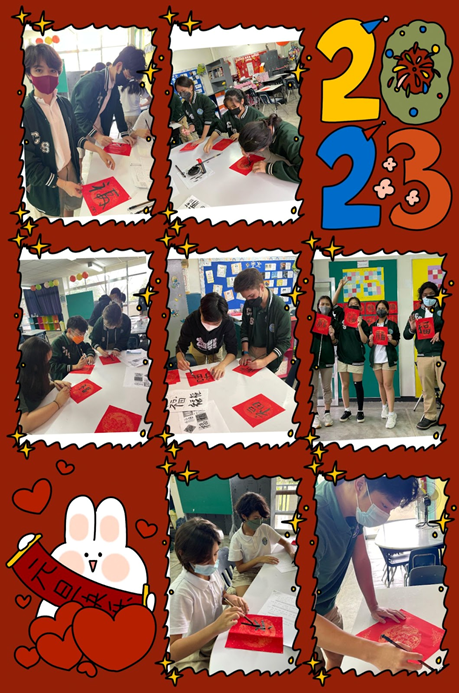
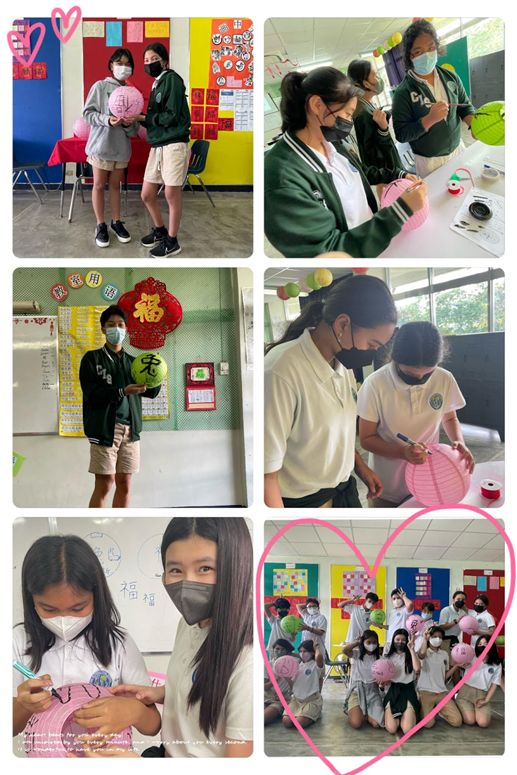
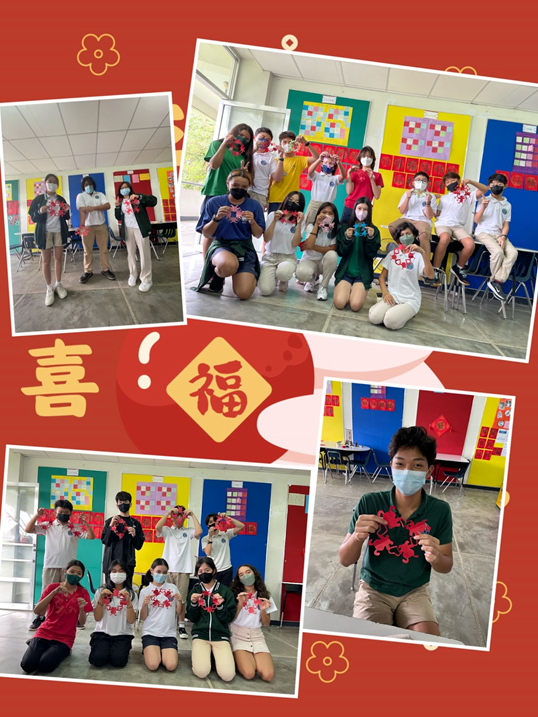
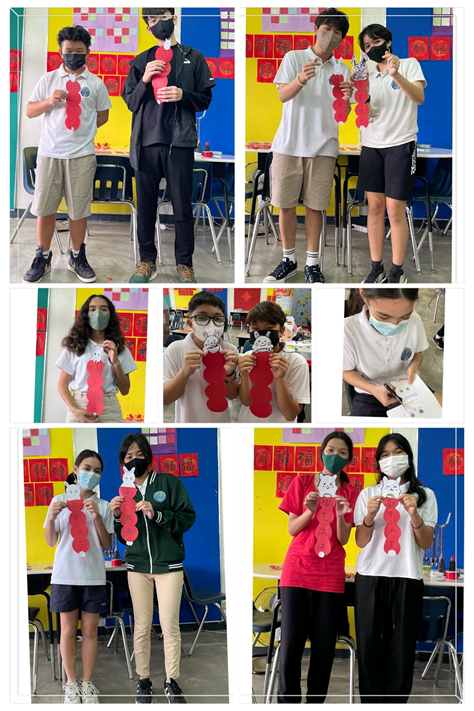
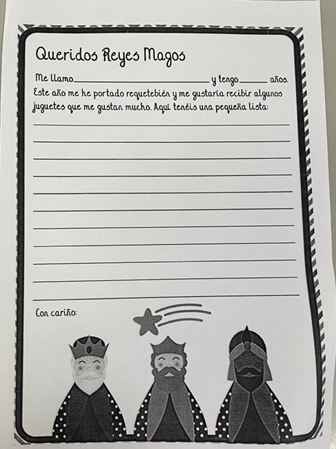
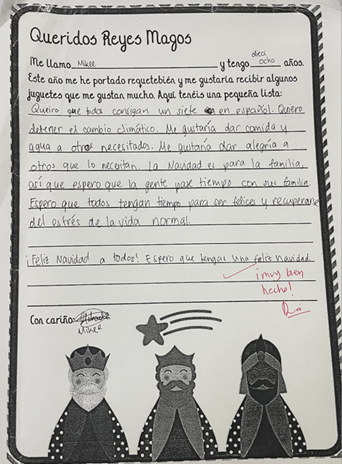
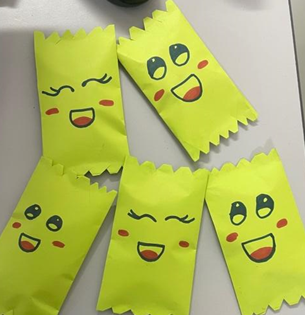 camels. Something sweet or fruit with a little water will surely come in handy to regain strength and fulfill their mission. The Three Kings Parade is celebrated in all Spanish cities, and some Mexican ones, on the afternoon of January 5. The three wise men, accompanied by their assistants, parade in floats through the streets of the municipalities throwing sweets at all the children, representing the path they traveled in their day to Bethlehem. The primary Spanish students got some sweets on that day.
camels. Something sweet or fruit with a little water will surely come in handy to regain strength and fulfill their mission. The Three Kings Parade is celebrated in all Spanish cities, and some Mexican ones, on the afternoon of January 5. The three wise men, accompanied by their assistants, parade in floats through the streets of the municipalities throwing sweets at all the children, representing the path they traveled in their day to Bethlehem. The primary Spanish students got some sweets on that day.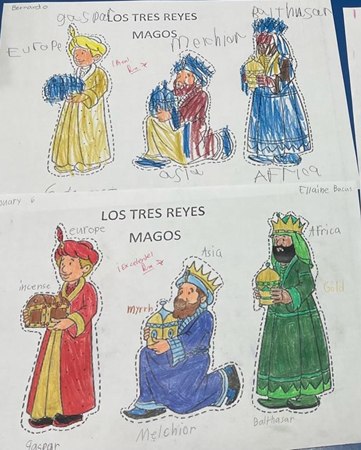
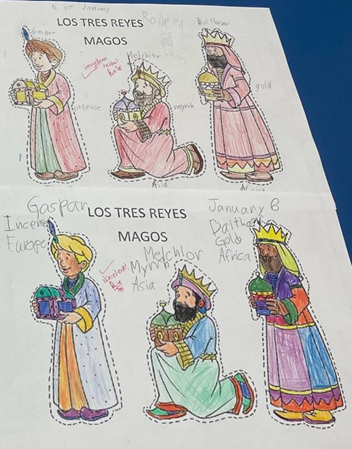
 Are local universities in the Philippines at par with universities abroad? What are the Big 4 in the Philippines?
Are local universities in the Philippines at par with universities abroad? What are the Big 4 in the Philippines?
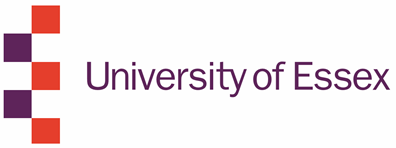

 best aspects of Filipino culture: the food, people, and Sinulog! Through traditional games such as Bato Lata, Takyan, and the Coconut Husk Race, the students from grades 2 to 12 worked together in an attempt to bring their houses up on the leaderboard.
best aspects of Filipino culture: the food, people, and Sinulog! Through traditional games such as Bato Lata, Takyan, and the Coconut Husk Race, the students from grades 2 to 12 worked together in an attempt to bring their houses up on the leaderboard.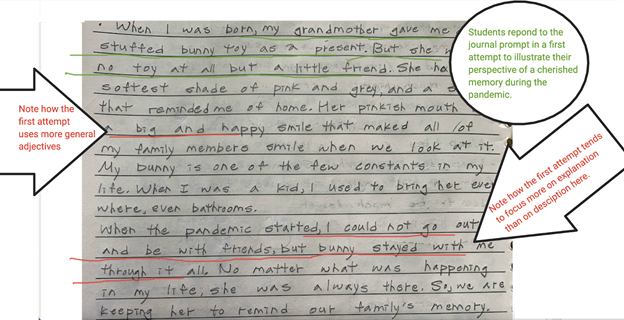
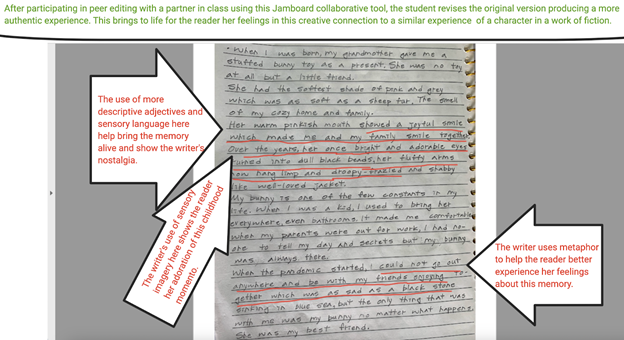

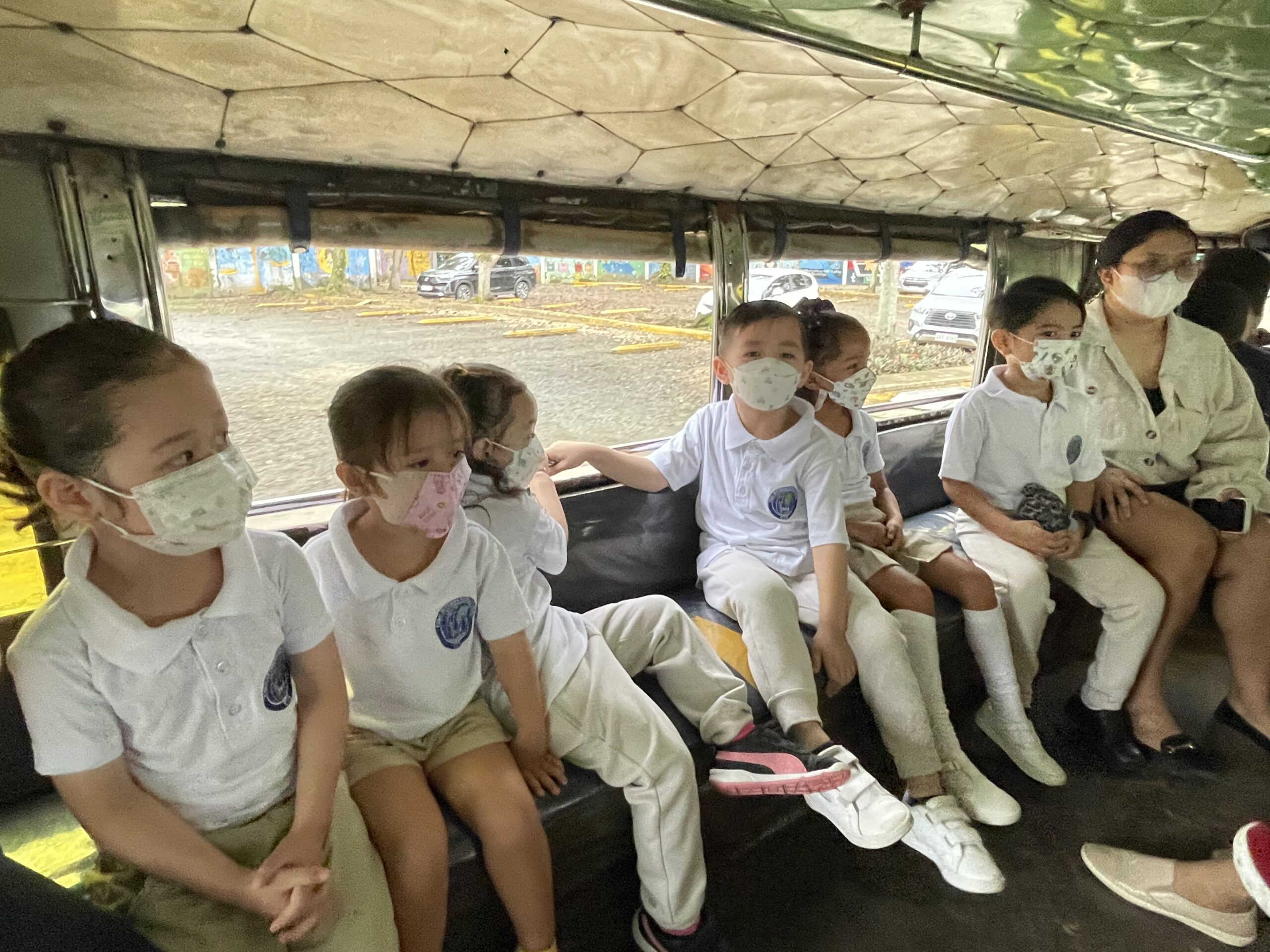 activity being the opportunity to take a jeepney ride this morning. As I rode with one of our Kindergarten/ Grade 1 groups it was great to listen to the children’s conversations, observations and some insightful questions that were prompted by what they saw, along with the nature of the ride.
activity being the opportunity to take a jeepney ride this morning. As I rode with one of our Kindergarten/ Grade 1 groups it was great to listen to the children’s conversations, observations and some insightful questions that were prompted by what they saw, along with the nature of the ride.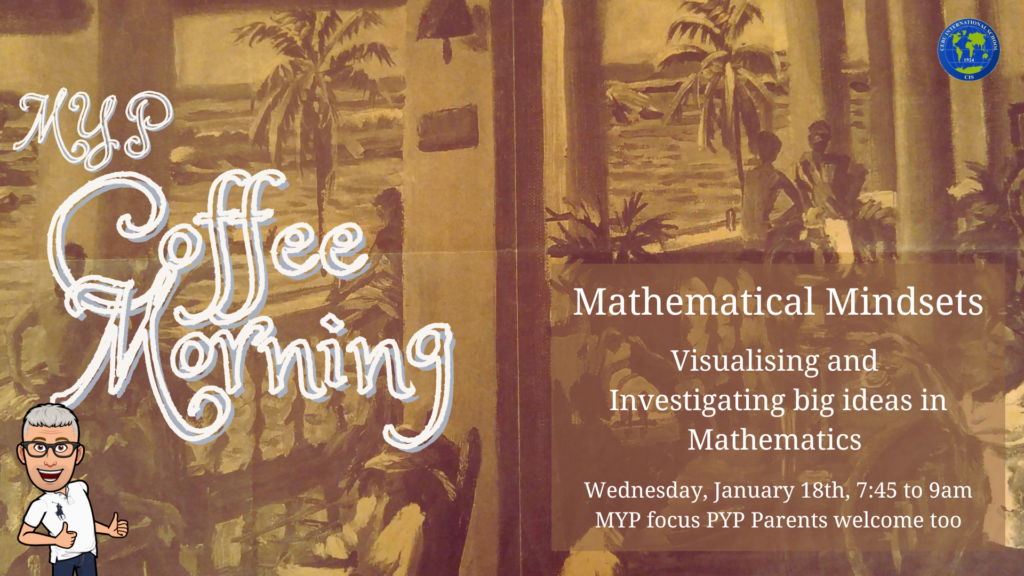
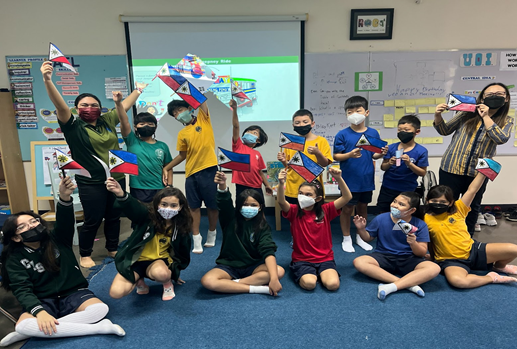 engaging in different Filipino activities. This meaningful celebration has opened an avenue for the students to gain a deeper understanding and appreciation of Philippine culture.
engaging in different Filipino activities. This meaningful celebration has opened an avenue for the students to gain a deeper understanding and appreciation of Philippine culture.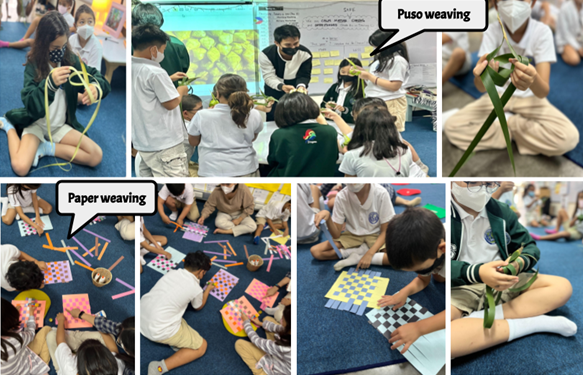
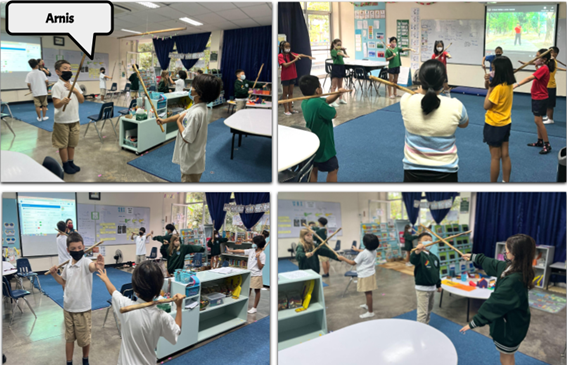
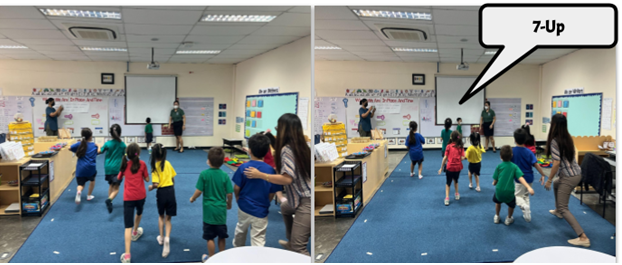
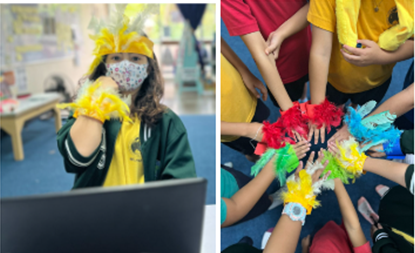
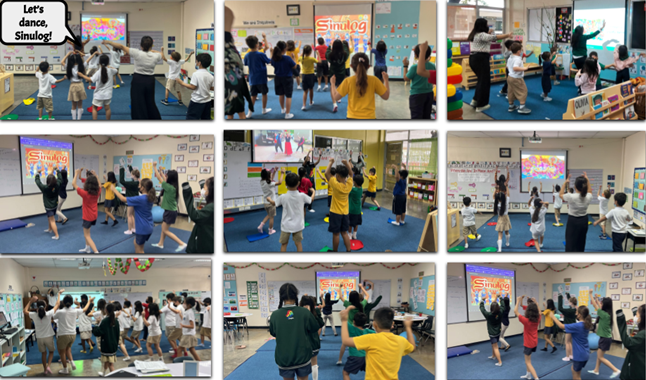
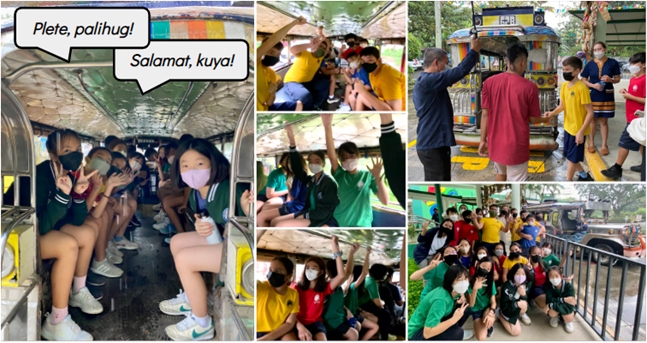
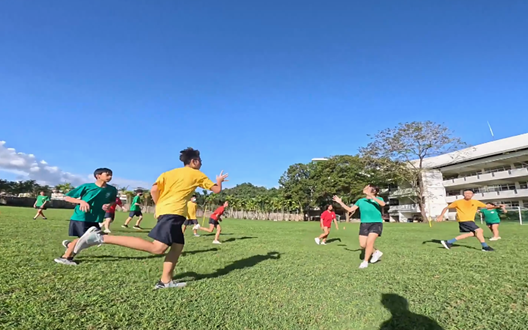 connections between knowledge and the world around us. One student states that “
connections between knowledge and the world around us. One student states that “
